Courses
NASBA Accounting CPE
Accountants' Guidebook
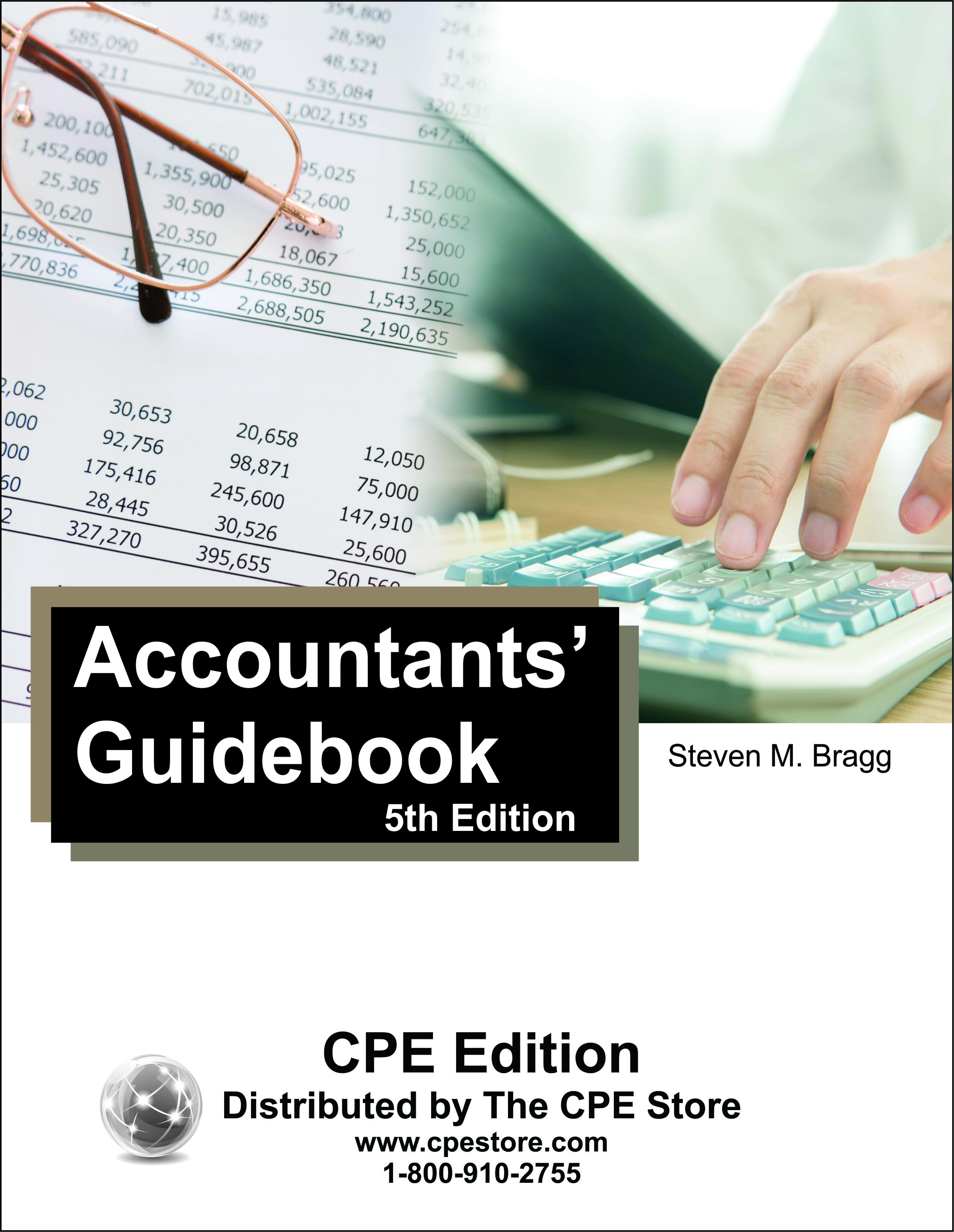
Course number: AA477705
This course is intended to improve the performance of accountants by increasing their knowledge of the practical operational details of accounting, as well as the accounting standards to which they are subjected. Covers accounting for receivables, investments, inventory, intangibles, equity, payroll, stock-based compensation, income taxes, business combinations, and property, plant & equipment. You will also learn about revenue recognition, foreign currency matters, accounting for leases, accounting changes and error corrections, closing the books, preparing financial statements, public company financial reporting, management reports, cash receipts management, collection tactics, payroll management, budgeting, business ratios, cost object analysis, and more. Course level: Basic. Prerequisites: None. Course includes integrated text and study guide, final exam, and grading service.NASBA field of study: Accounting Course credit: 30 hours
Printed Version$209
PDF$209
Colleague Test(s)$90
Contents
Accounting Best Practices
On Sale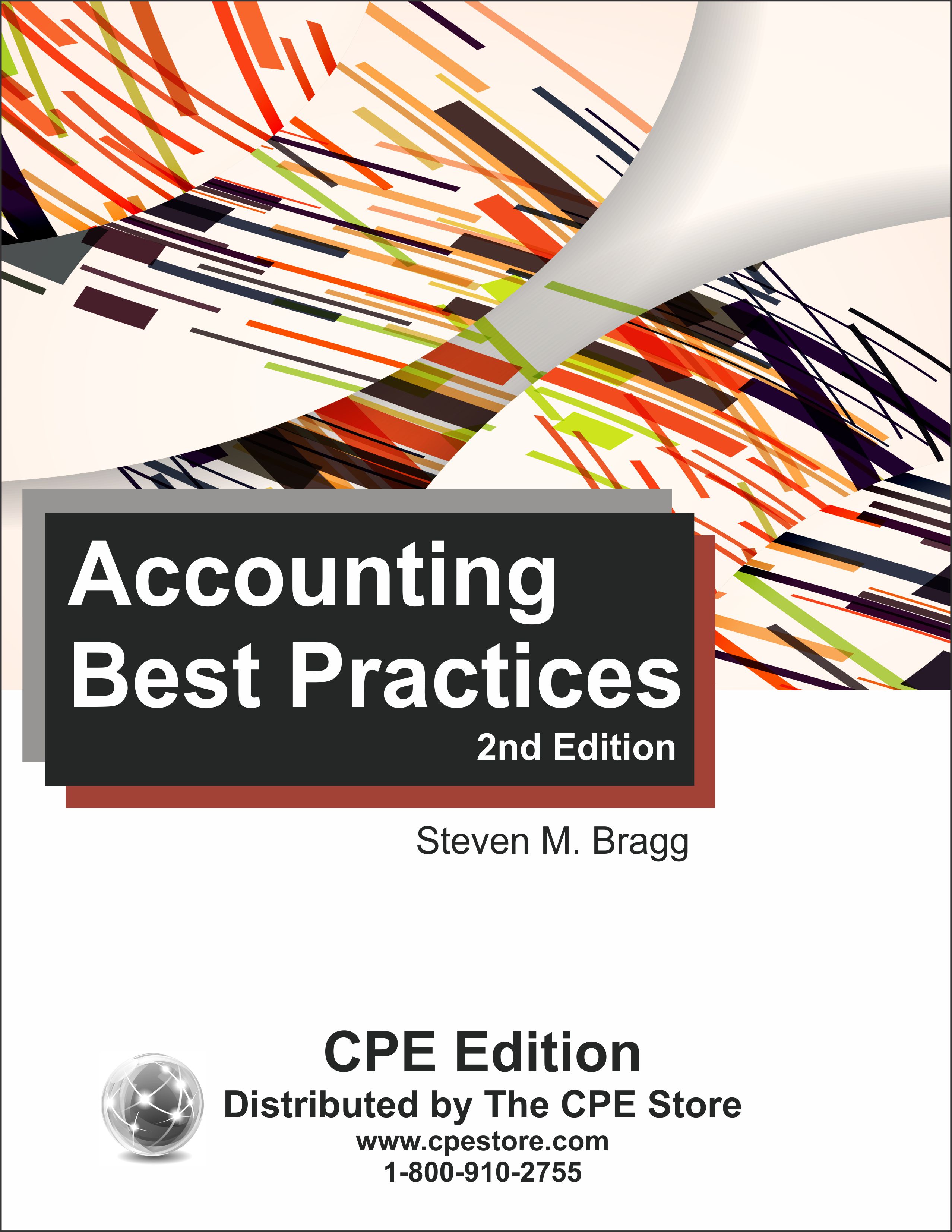
Course number: AA421302
The accounting department contains a broad array of processes, all of which can be fine-tuned to improve their performance. In the Accounting Best Practices course, we cover hundreds of best practices and tips that can reduce costs, increase transaction speeds, and eliminate errors. The topics covered include billings, budgeting, cost accounting, payroll, and much more. This is an essential guide for the practicing accountant. Course level: Basic. Prerequisites: None. Course includes integrated text and study guide, final exam, and grading service.NASBA field of study: Accounting Course credit: 12 hours
Printed Version$77
PDF$77
Colleague Test(s)$35
Contents
Accounting Changes and Error Corrections
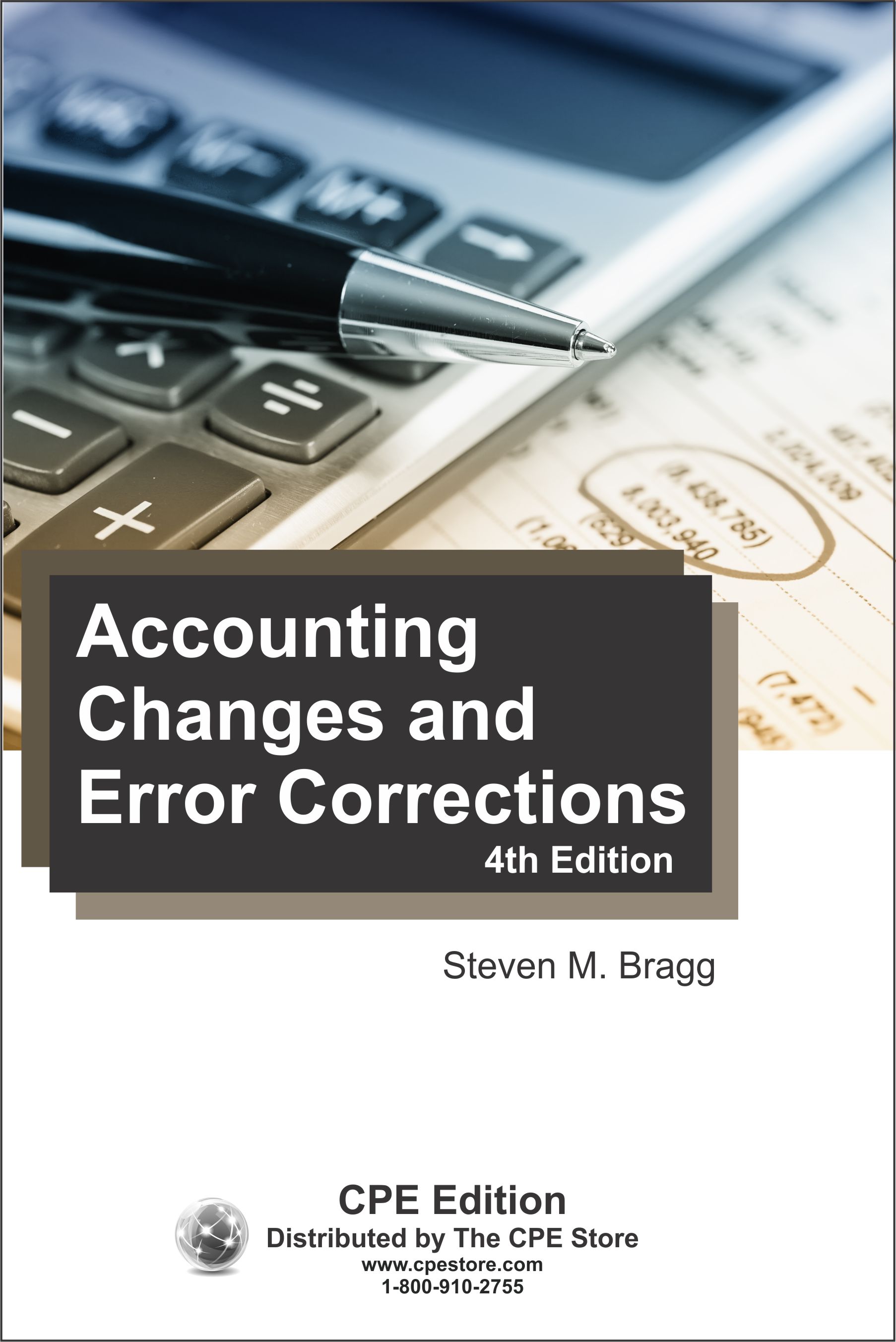
Course number: AA458204
Accounting Changes and Error Corrections describes the situations in which it is necessary to make adjustments to prior period financial statements, and when adjustments are only needed for the current period or in future periods. The differing treatments of changes in accounting principle, accounting estimate, and reporting entity are noted, as well as how to deal with the correction of errors in previously issued financial statements. The course also addresses the concept of materiality, which pertains to the correction of accounting errors. Course level: Basic. Prerequisites: None. Course includes integrated text and study guide, final exam and grading service.NASBA field of study: Accounting Course credit: 1 hour
Printed Version$19
PDF$19
Colleague Test(s)$12
Contents
Accounting Controls
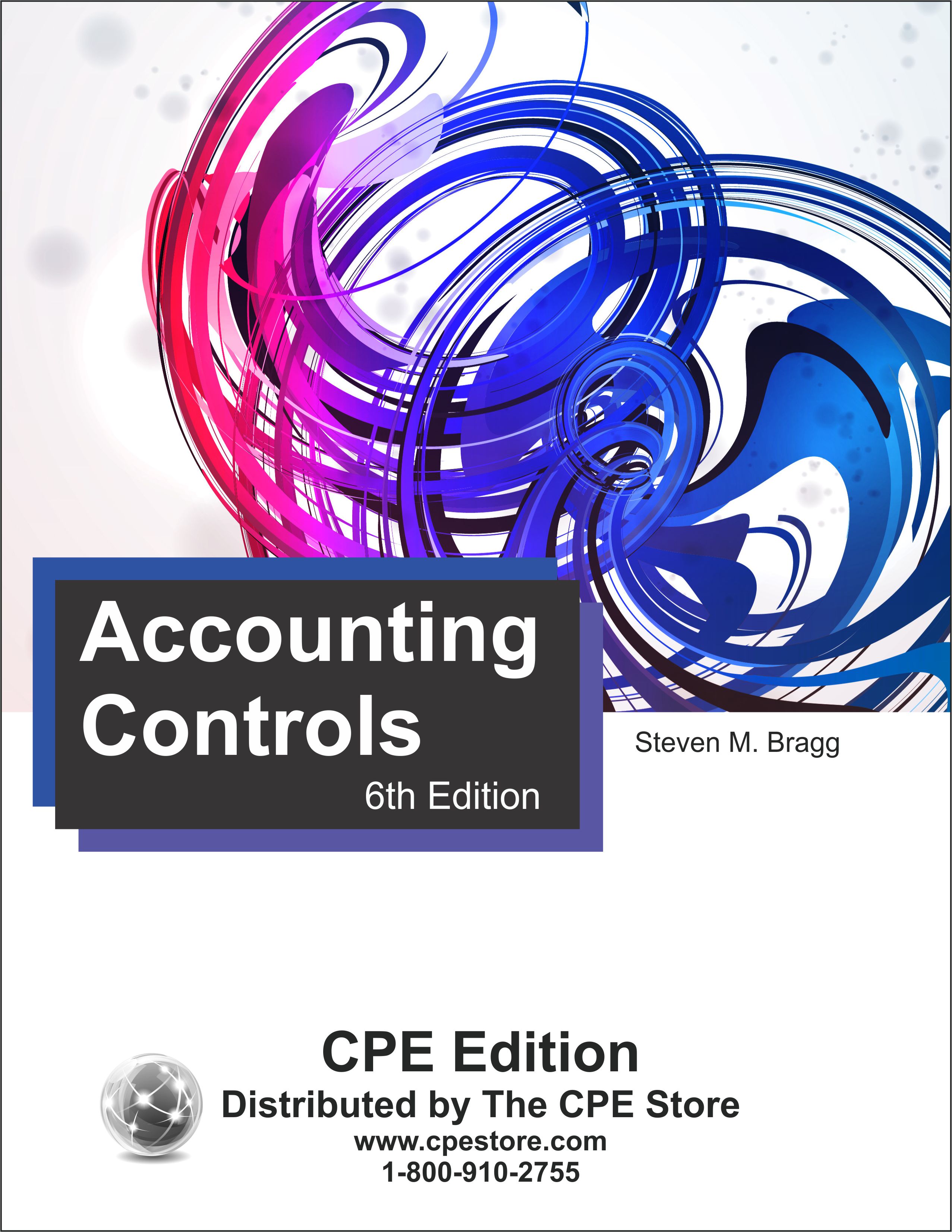
Course number: AA471806
Describes the controls needed for all of the major functional areas of a business, including order entry, credit, receipt of cash, shipping, customer billing, accounts receivable collection, purchasing, accounts payable, expense report processing, procurement cards, petty cash, receiving, payroll, fixed assets, cash forecasting, and funding-related aspects of the treasury function. Also describes the types of controls needed for closing the books. Includes numerous illustrations and flowcharts. Course level: Basic. Prerequisites: None. Course includes integrated text and study guide, final exam and grading service.NASBA field of study: Accounting Course credit: 12 hours
Printed Version$89
PDF$89
Colleague Test(s)$35
Contents
Accounting Desk Book: Selected Topics
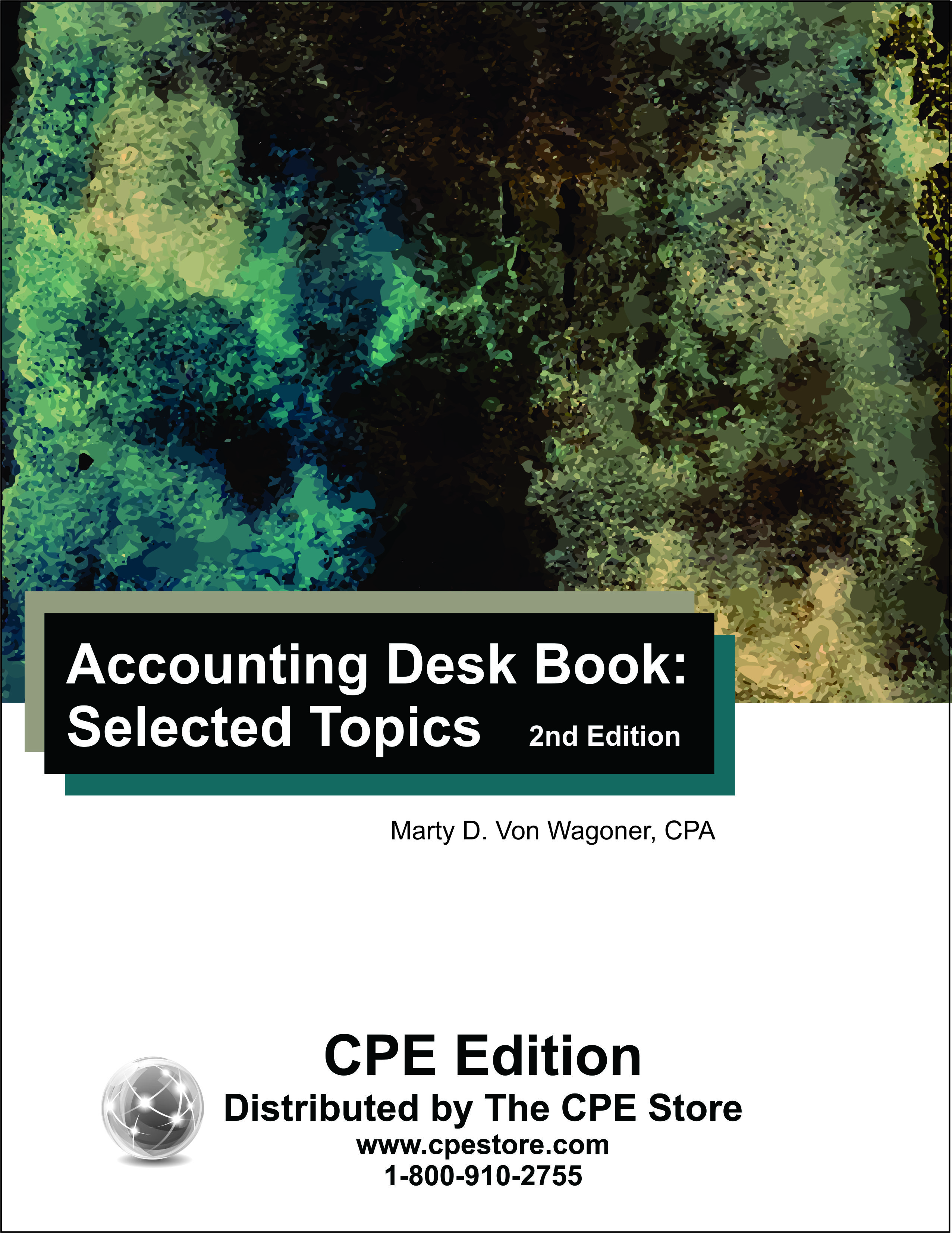
Course number: AA990231
Discusses selected topics that cover many aspects of accounting. These topics include the principles, disclosure, analysis, and interpretation of financial statements, revenues and expenses, stockholders’ equity, the Statement of Cash Flows, segment reporting, cost accounting, budgeting, change in accounting methods, auditor independence rules, practicing before the IRS and the power of attorney guidelines, internet accounting, e-commerce, insurance accounting, expert witness guidelines, internal controls, the going concern concept, interim reporting guidelines, reporting of cash payments over $10,000, goodwill, foreign currency translations, the FASB codification project and international convergence, and the whistleblower program. Course level: Basic. Prerequisites: None. Course includes integrated text and study guide, final exam, and grading service.NASBA field of study: Accounting Course credit: 24 hours
Printed Version$159
PDF$159
Colleague Test(s)$70
Contents
Accounting for Casinos and Gaming
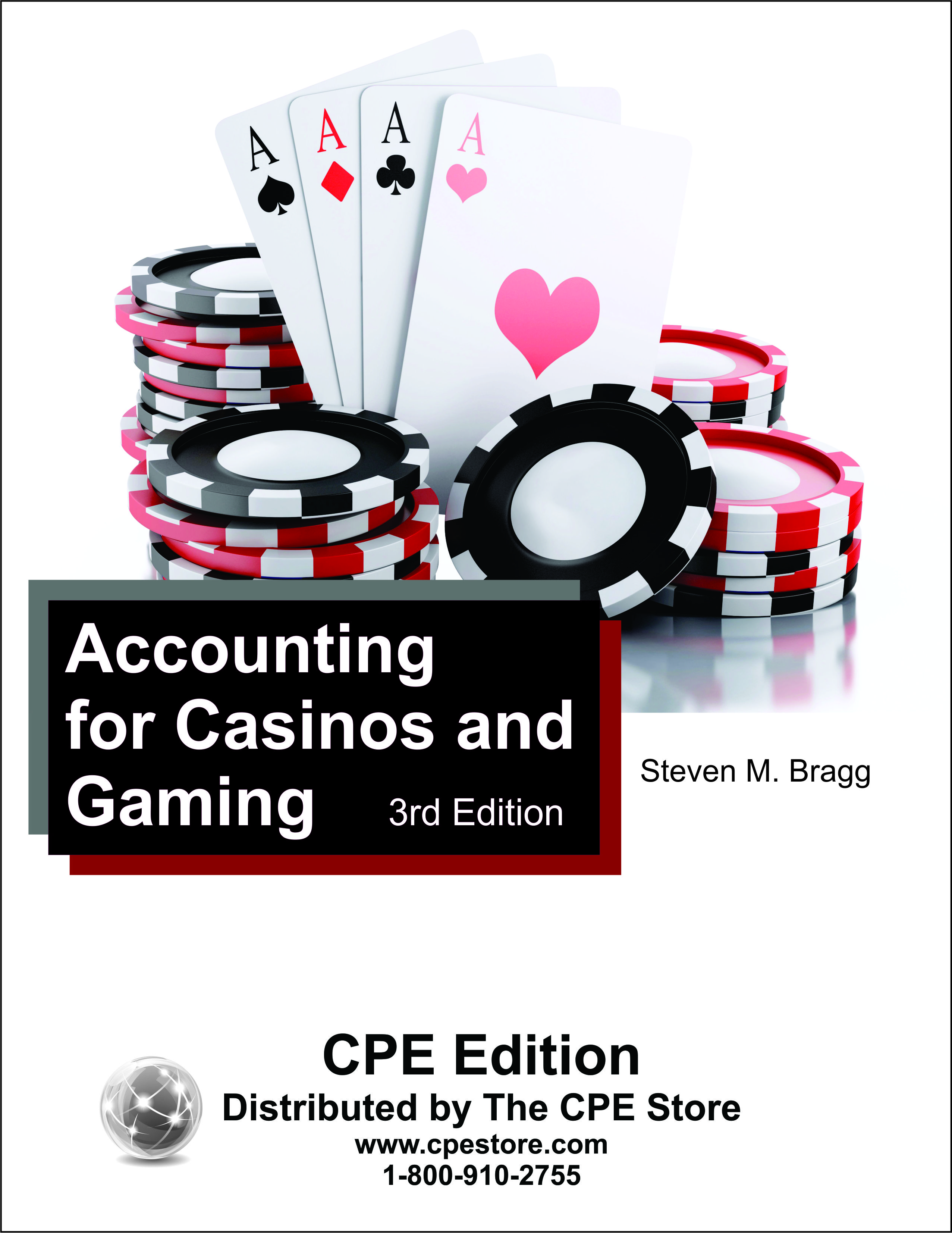
Course number: AA462703
The Accounting for Casinos and Gaming course provides an overview of gaming operations, and describes those accounting issues most relevant to a gaming entity. Topics covered include the accounting for loyalty and incentive programs, jackpots, chips and tokens, licensing fees, payroll, marker collections, fixed assets, and interest capitalization. The course also addresses gaming controls and federal reporting requirements. Course level: Basic. Prerequisites: None. Course includes integrated text and study guide, final exam, and grading service.NASBA field of study: Accounting Course credit: 10 hours
Printed Version$79
PDF$79
Colleague Test(s)$30
Contents
Accounting for Churches
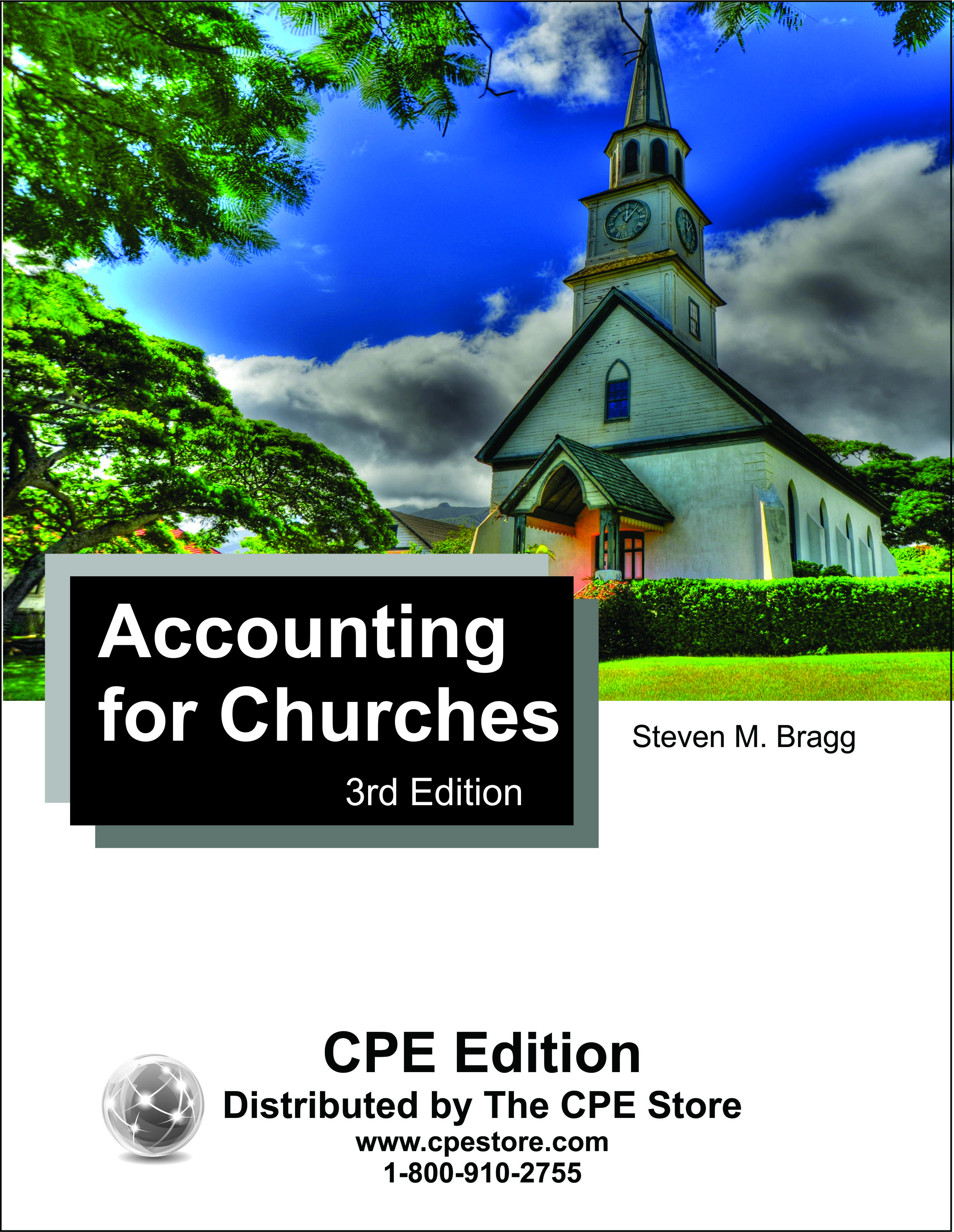
Course number: AA412203
The accounting for a church can be fairly difficult, since it must deal with large numbers of donations, track multiple programs, account for significant fixed assets, and work within special taxation rules. In the Accounting for Churches course, we show how to deal with all of these issues, while also covering payroll, payables, budgeting, closing the books, document retention, accounting controls, and much more. In short, this course is the comprehensive reference for how to account for churches. Course level: Basic. Prerequisites: None. Course includes integrated text and study guide, final exam, and grading service.NASBA field of study: Accounting Course credit: 4 hours
Printed Version$39
PDF$39
Colleague Test(s)$15
Contents
Accounting for Derivatives and Hedges

Course number: AA452803
Accounting for Derivatives and Hedges describes a number of derivatives that can be used to mitigate certain types of risk, with an emphasis on how these derivatives are deployed. The course also notes the accounting, controls, and disclosures for derivatives and hedges, with specific emphasis on cash flow hedges and fair value hedges. Course level: Basic. Prerequisites: None. Course includes integrated text and study guide, final exam, and grading service.NASBA field of study: Accounting Course credit: 3 hours
Printed Version$29
PDF$29
Colleague Test(s)$15
Contents
Accounting for Earnings per Share
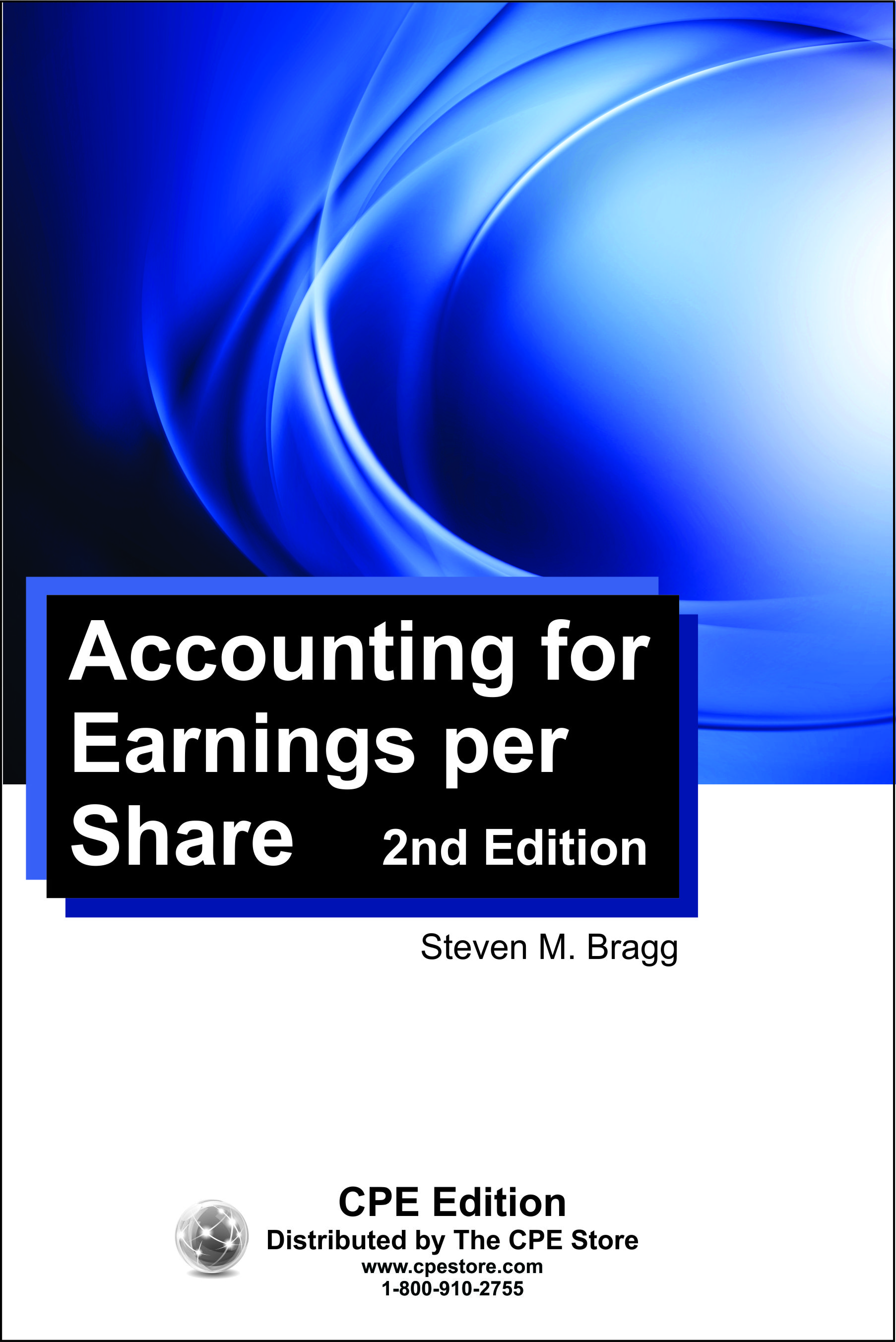
Course number: AA456802
Earnings per share information must be included in the financial statements of a public company. Accounting for Earnings per Share walks you through the process of calculating this information. It does so by describing the requirements for calculating and presenting basic earnings per share and diluted earnings per share. It also addresses the calculation methods used to derive earnings per share, including the treasury stock method, reverse treasury stock method, and two-class method. In short, this course is a handy ongoing reference for anyone who has to calculate earnings per share information on a regular basis. Course level: Basic. Prerequisites: None. Course includes integrated text and study guide, final exam and grading service.NASBA field of study: Accounting Course credit: 1 hour
Printed Version$19
PDF$19
Colleague Test(s)$12
Contents
Accounting for Hedge Funds
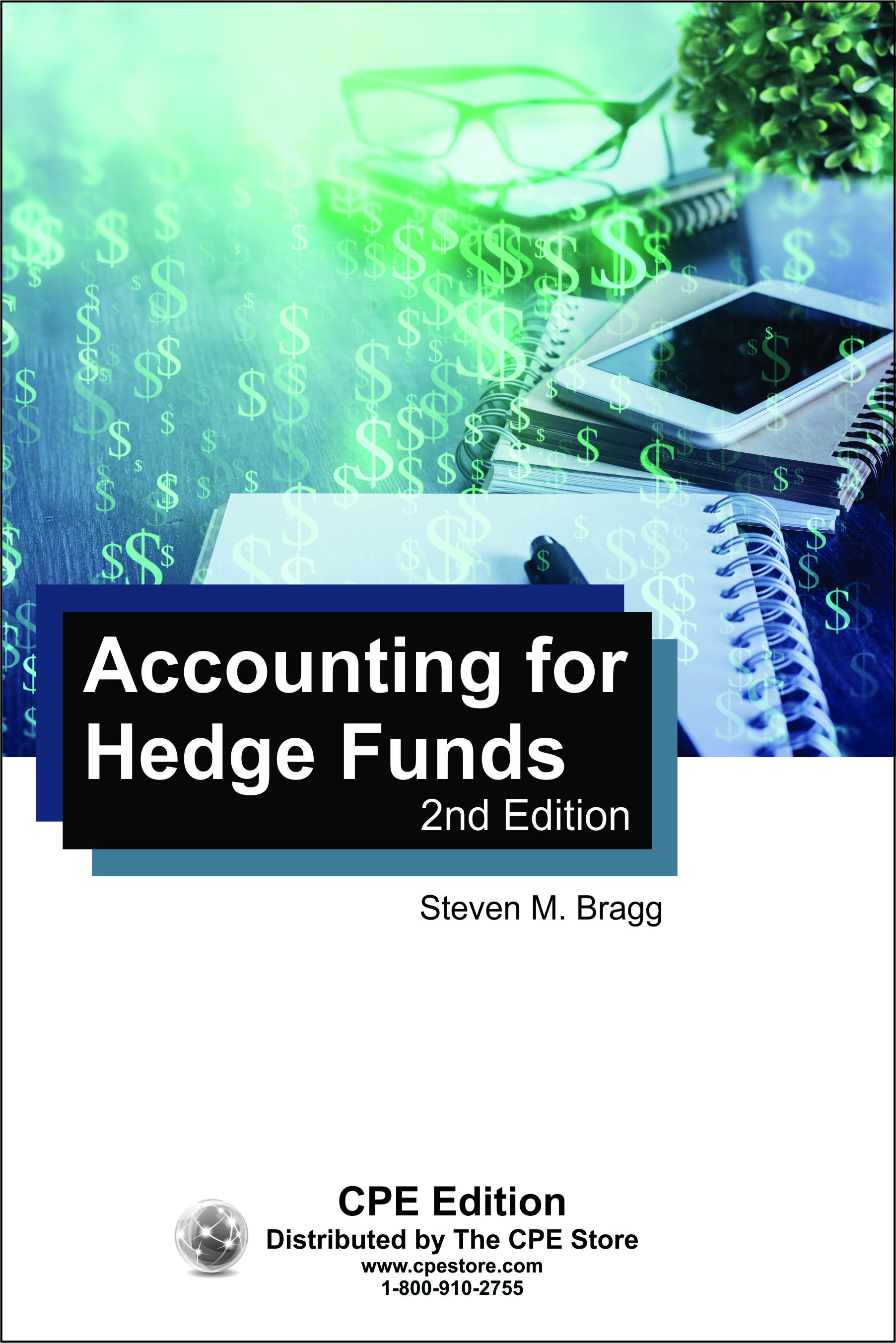
Course number: AA446202
A hedge fund has a number of unique operating and reporting characteristics that present special challenges for the accountant. In the Accounting for Hedge Funds course, we discuss how to deal with these challenges – including the proper accounting for a fund’s investment portfolio, how to calculate and reconcile net asset value, account for investor transactions, and deal with side pocket investments. Course level: Basic. Prerequisites: None. Course includes integrated text and study guide, final exam, and grading service.NASBA field of study: Accounting Course credit: 1 hour
Printed Version$19
PDF$19
Colleague Test(s)$12
Contents
Accounting for Homeowners' Associations
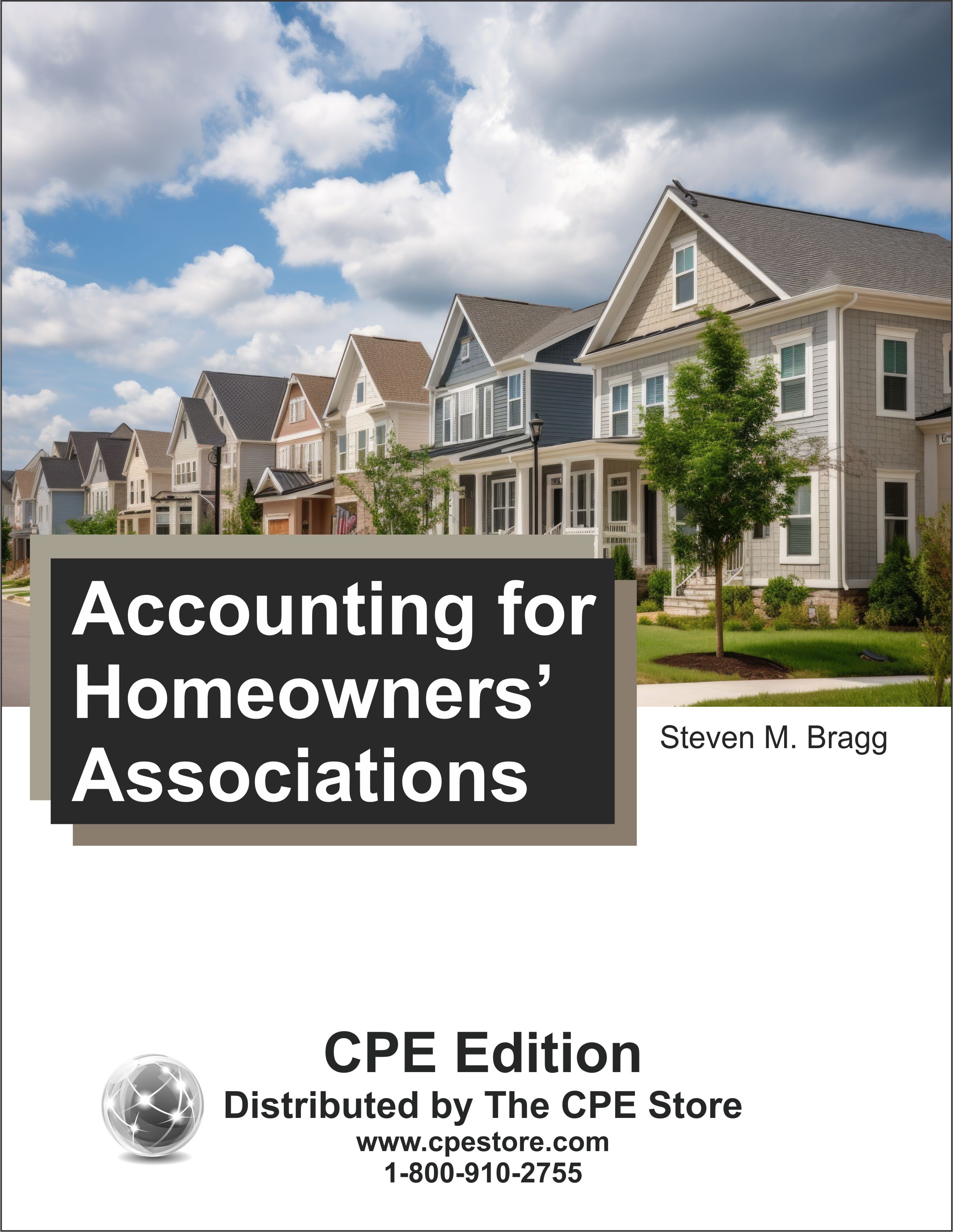
Course number: AA412101
The accounting for and reporting of transactions for a homeowners’ association, as well as other common interest realty associations, is quite extensive. In the Accounting for Homeowners’ Associations course, we cover all aspects of the accounting for many types of common interest realty associations, with an emphasis on homeowners’ associations. The course addresses the accounting for all types of assets, liabilities, revenues, and expenses, as well as financial statements, disclosures, and controls. Course level: Basic. Prerequisites: None. Course includes integrated text and study guide, final exam, and grading service.NASBA field of study: Accounting Course credit: 3 hours
Printed Version$29
PDF$29
Colleague Test(s)$15
Contents
Accounting for Income Taxes
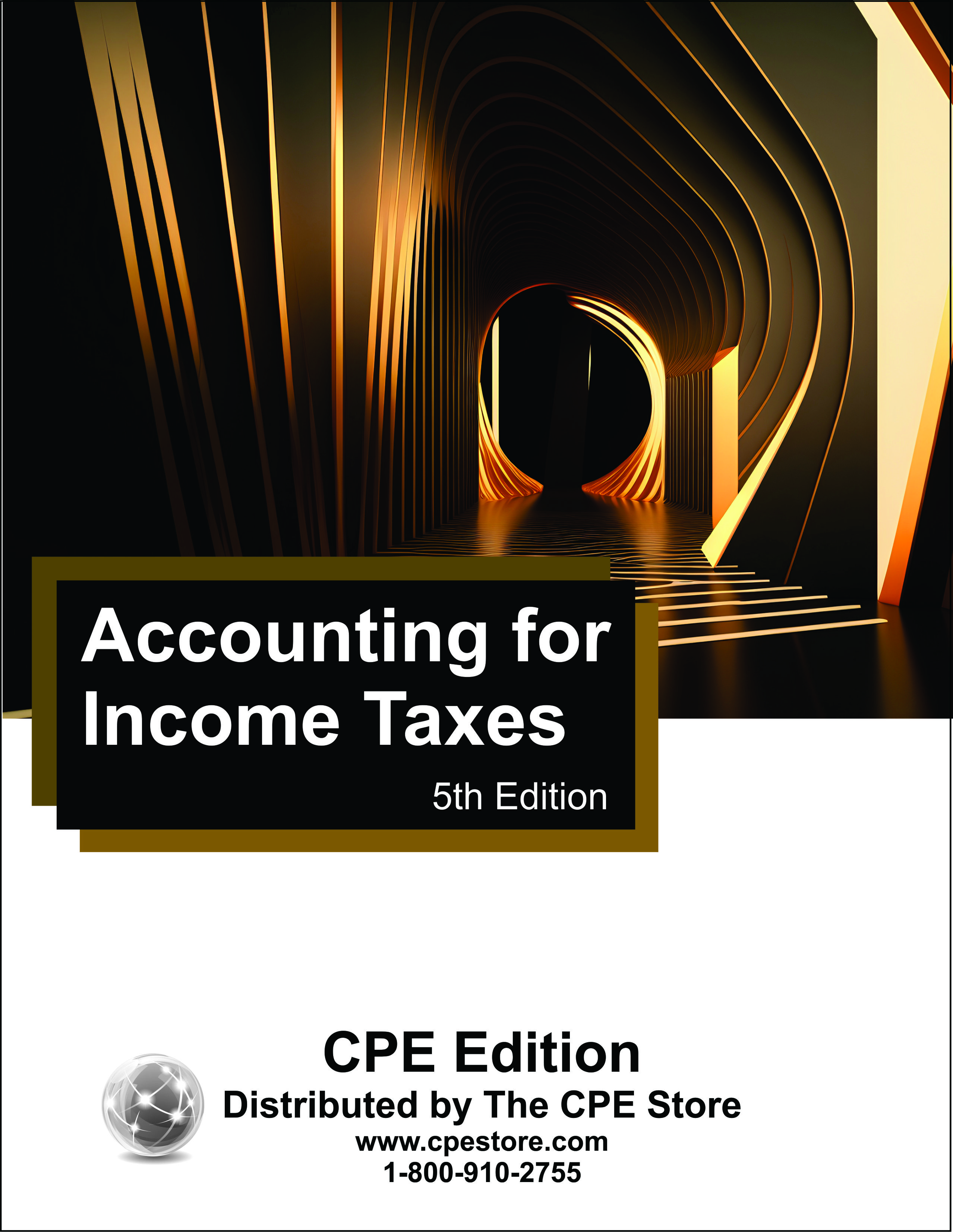
Course number: AA772305
Accounting for income taxes is one of the more challenging topics of financial accounting. Corporations must file an income tax return following the guidelines developed by the IRS. Because GAAP and tax regulations differ in several ways, so frequently do pretax financial income and taxable income. Hence, the amount that a company reports as tax expense will differ from the amount of taxes payable to the IRS. Those differences produce a complex accounting standard. Tax-related restatement is one of the leading causes of financial restatements. This course is designed to help you navigate the complexities of income taxes. It identifies ASC 740 Income Taxes accounting and financial reporting requirements for the effects of taxes based on income. It describes the basic principles such as the asset and liability method, tax positions assessment, and the effect of temporary differences. It explains how to assess whether a valuation allowance is necessary for its deferred tax assets. It also covers key concepts such as asset acquisition, intraperiod allocations, and interim reporting related to income taxes. Finally, it addresses financial statement presentation and disclosure. Specific examples are included to illustrate the application. Relevant references to and excerpts from ASC 740 are discussed throughout the course. Course level: Basic. Prerequisites: None. Course includes integrated text and study guide, final exam and grading service.NASBA field of study: Accounting Course credit: 6 hours
Printed Version$59
PDF$59
Colleague Test(s)$20
Contents
Accounting for Inventory
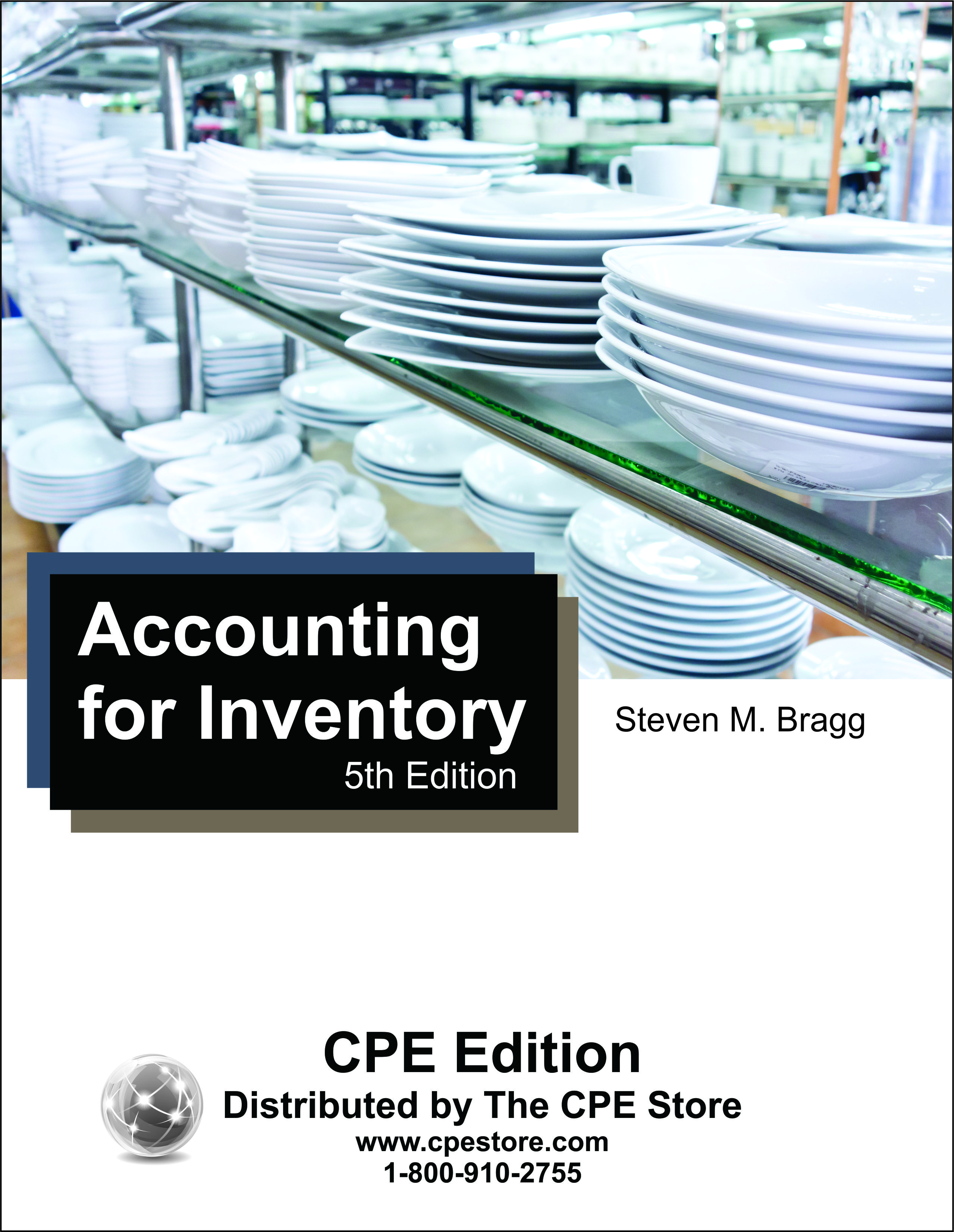
Course number: AA440305
Presents every issue that the accountant might need to create and maintain a comprehensive system of inventory accounting. Topics covered include periodic vs. perpetual inventory systems, inventory counting and reconciliation, estimating ending inventory, cost layering, standard costing, job costing, process control, overhead allocation, the lower of cost or market rule, obsolete inventory, spoilage, rework, scrap, disclosures, transfer pricing, controls, fraudulent inventory transactions, budgeting, measurements, sample journal entries, and much more. Course level: Basic. Prerequisites: None. Course includes integrated text and study guide, final exam and grading service.NASBA field of study: Accounting Course credit: 15 hours
Printed Version$109
PDF$109
Colleague Test(s)$45
Contents
Accounting for Investments
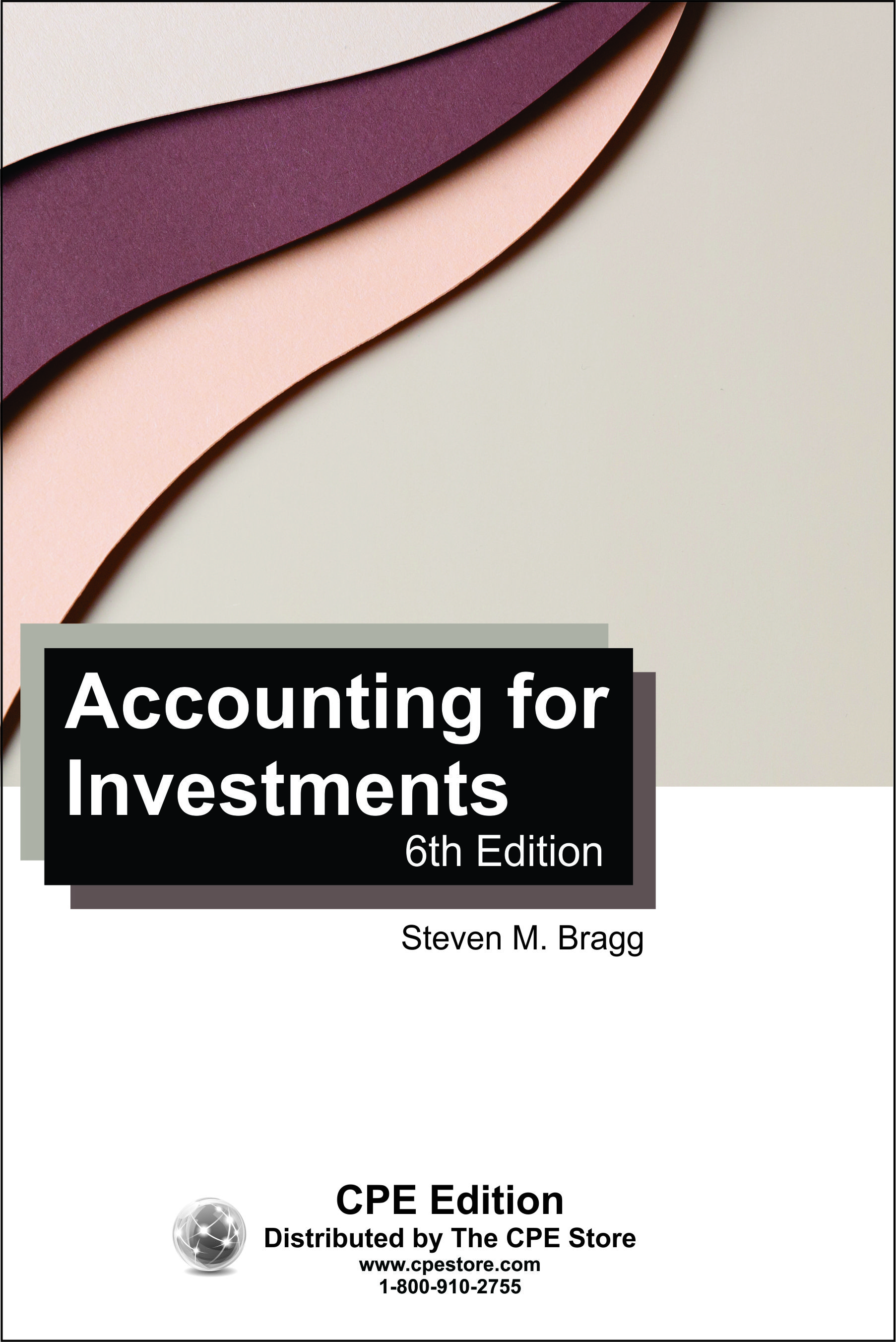
Course number: AA447506
Accounting for Investments describes how the accounting varies for each type of investment classification, notes the treatment of impaired assets, how to deal with realized and unrealized gains and losses, and the treatment of other accounting concepts. The course also describes the controls, forms, and procedures needed to effectively manage investments. Course level: Basic. Prerequisites: None. Course includes integrated text and study guide, final exam, and grading service.NASBA field of study: Accounting Course credit: 3 hours
Printed Version$29
PDF$29
Colleague Test(s)$15
Contents
Accounting for Leases
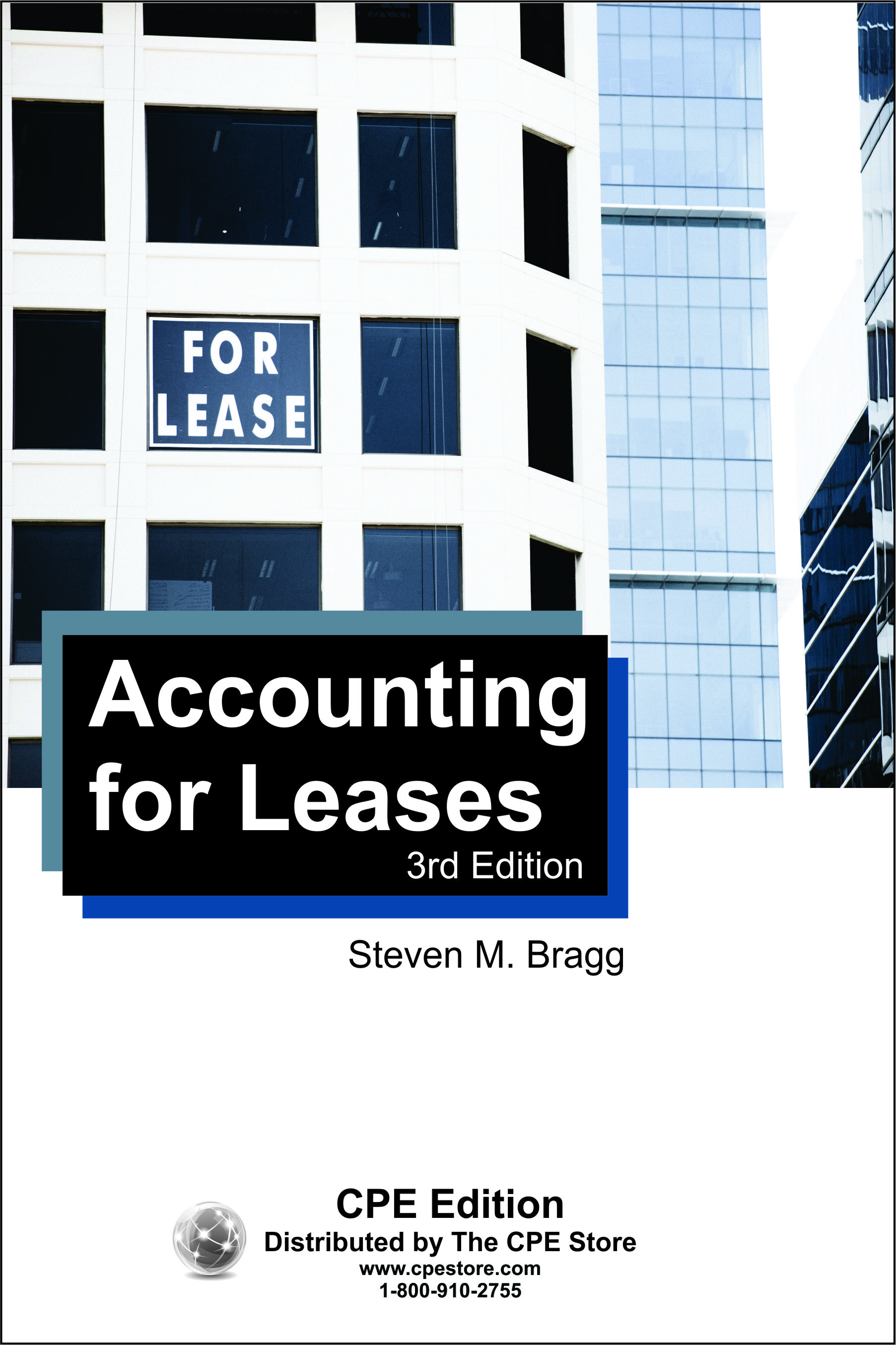
Course number: AA464503
The Accounting for Leases course discusses the different components of leases, the types of leases that may be used by a lessee and lessor, and the accounting for each type of lease. The course also addresses how lease liabilities and right-of-use assets are calculated and presented in the financial statements. A number of additional topics are addressed, including the treatment of initial direct costs, sale and leaseback transactions, and lease-related disclosures. Course level: Basic. Prerequisites: None. Course includes integrated text and study guide, final exam, and grading service.NASBA field of study: Accounting Course credit: 2 hours
Printed Version$19
PDF$19
Colleague Test(s)$12
Contents
Accounting for Managers
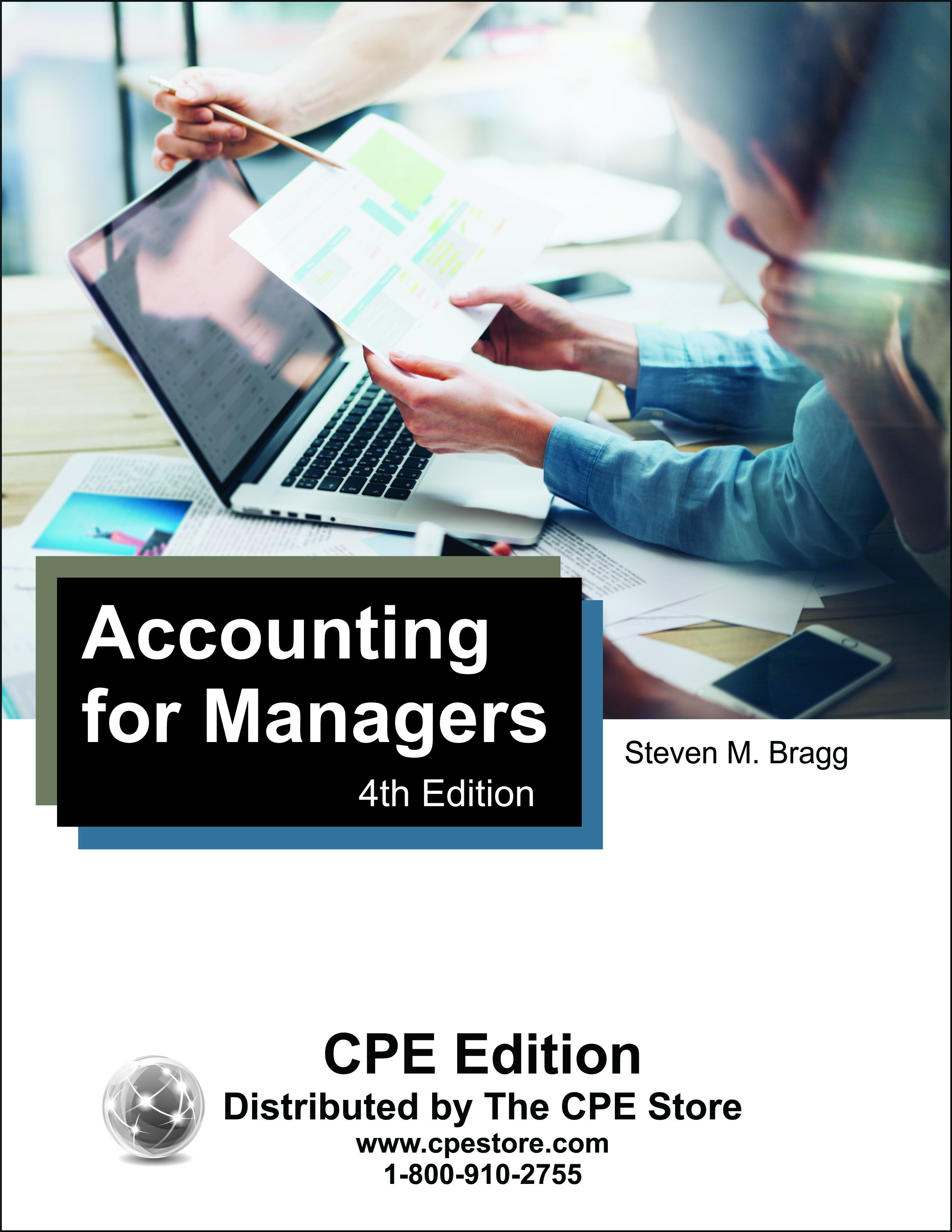
Course number: AA440704
Describes how accounting transactions are compiled into financial statements and how information about company performance can be extracted from those statements. Includes: an overview of the financial statements, interpreting financial statements using ratios, evaluation of responsibility centers, an overview of selected accounting standards, sales and marketing decisions, human resources decisions, investment decisions, acquisition decisions, cost accounting tools and concepts, target costing, constraint analysis, budgeting concepts and controls, and more. Course level: Basic. Prerequisites: None. Course includes integrated text and study guide, final exam, and grading service.NASBA field of study: Accounting Course credit: 18 hours
Printed Version$119
PDF$119
Colleague Test(s)$55
Contents
Accounting for Restaurants and Bars
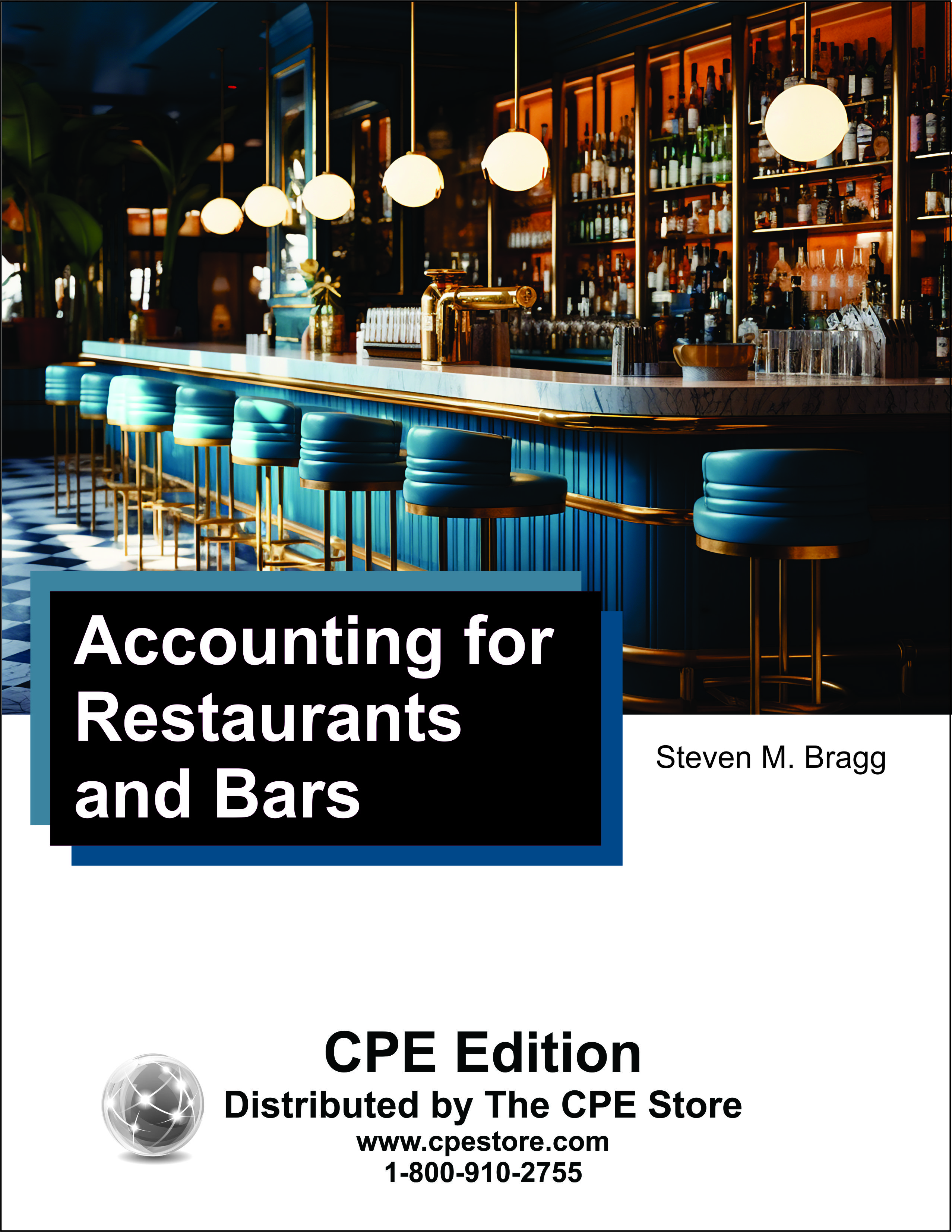
Course number: AA484401
Restaurants and bars typically produce low profit margins, so they need a strong accounting system to help identify ways to improve those profits. In the Accounting for Restaurants and Bars course, we cover all aspects of the necessary accounting systems, as well as the controls needed to keep fraud in check. Course materials include the accounting for inventory, fixed assets, leases, revenues, expenses, and payroll, as well as a discussion of how to close the books and produce performance metrics. Course level: Basic. Prerequisites: None. Course includes integrated text and study guide, final exam, and grading service.NASBA field of study: Accounting Course credit: 4 hours
Printed Version$39
PDF$39
Colleague Test(s)$15
Contents
Accounting for Stock-Based Compensation
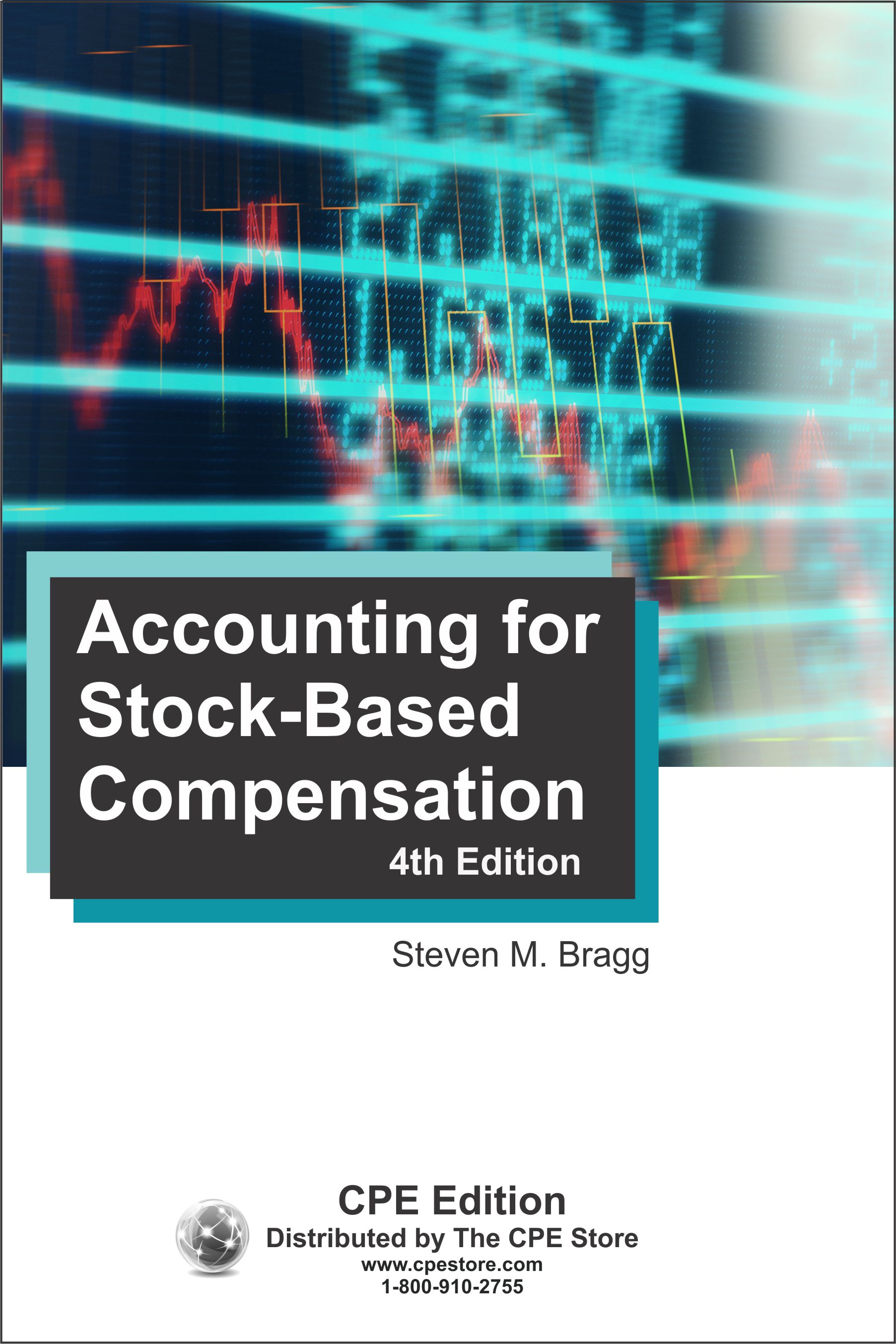
Course number: AA458404
The Accounting for Stock-Based Compensation course describes the treatment of equity-based compensation that is paid to employees and outsiders. The valuation and expense recognition for these stock awards is discussed, along with the related concepts of employee stock ownership plans and employee share purchase plans. In addition, the views of the Securities and Exchange Commission in regard to this topic are summarized. Course level: Basic. Prerequisites: None. Course includes integrated text and study guide, final exam and grading service.NASBA field of study: Accounting Course credit: 2 hours
Printed Version$19
PDF$19
Colleague Test(s)$12
Contents
Accounting Information Systems

Course number: AA431403
The practicing accountant should have a thorough knowledge of the processes within an accounting system. Otherwise, it would not be possible to create a system of controls, write procedures, understand where errors are originating, or develop new systems. The Accounting Information Systems course provides the deep background needed to gain proficiency in this area. The course also examines how transactions are recorded and roll up into the general ledger and financial statements. In addition, there is significant treatment of the many controls integrated into accounting systems, as well as how someone could fraudulently penetrate an accounting system. Finally, the course describes the key events in the process of developing and installing a new system. In short, this course is the essential source book for the accountant who wants to understand the core functions of an accounting information system. Course level: Basic. Prerequisites: None. Course includes integrated text and study guide, final exam and grading service.NASBA field of study: Accounting Course credit: 13 hours
Printed Version$99
PDF$99
Colleague Test(s)$40
Contents
Accounting Procedures
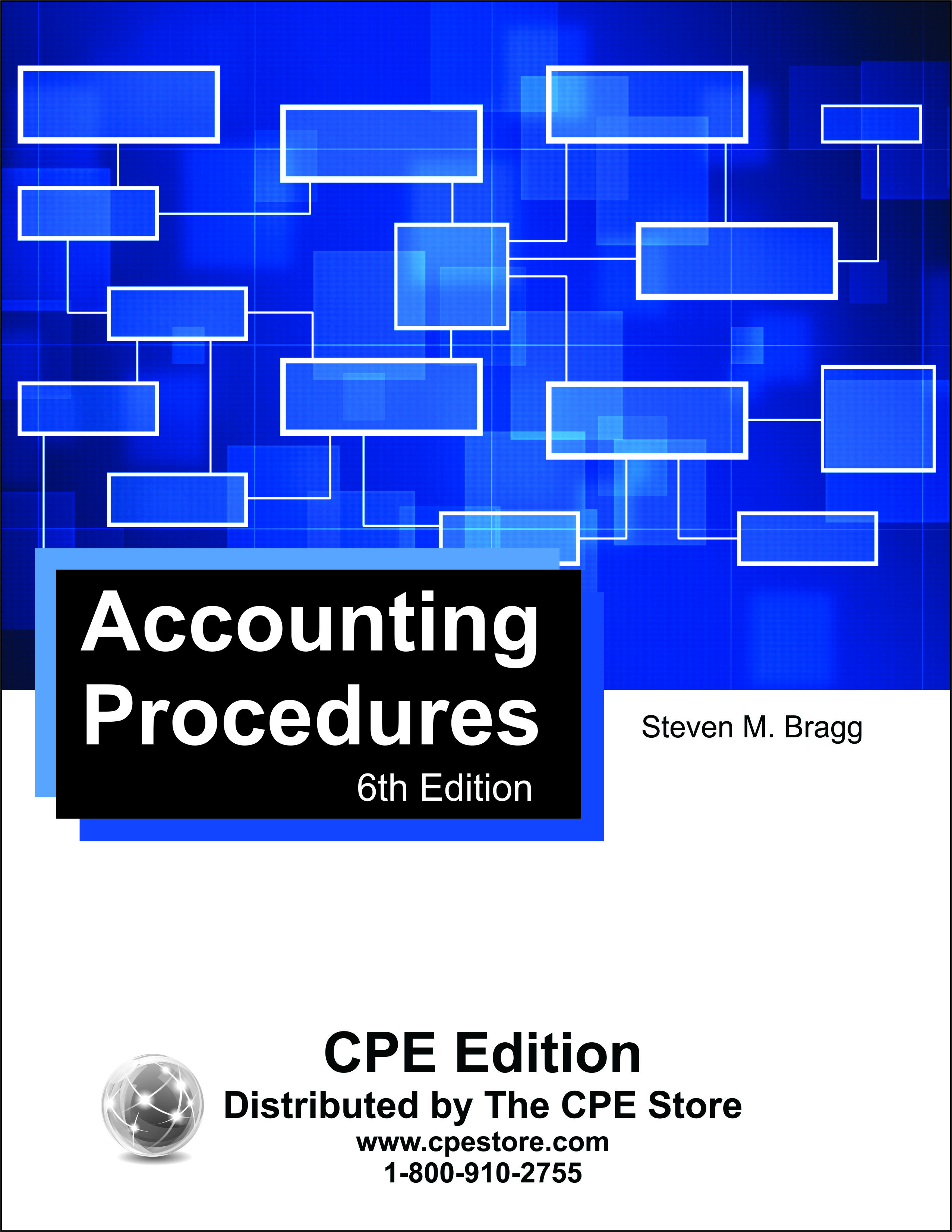
Course number: AA415206
This course contains the detailed procedures and forms needed for every accounting system, from accounts payable to treasury, as well as for such operational areas as order entry, shipping, purchasing, and receiving. Procedures are separately stated for manual and computerized accounting systems. The course also addresses how to create and enforce procedures, as well as when to update them. In short, this course provides the baseline policy and procedure information needed to enhance the operations of any business. Course level: Basic. Prerequisites: None. Course includes integrated text and study guide, final exam, and grading service.NASBA field of study: Accounting Course credit: 12 hours
Printed Version$89
PDF$89
Colleague Test(s)$35
Contents
Agricultural Accounting
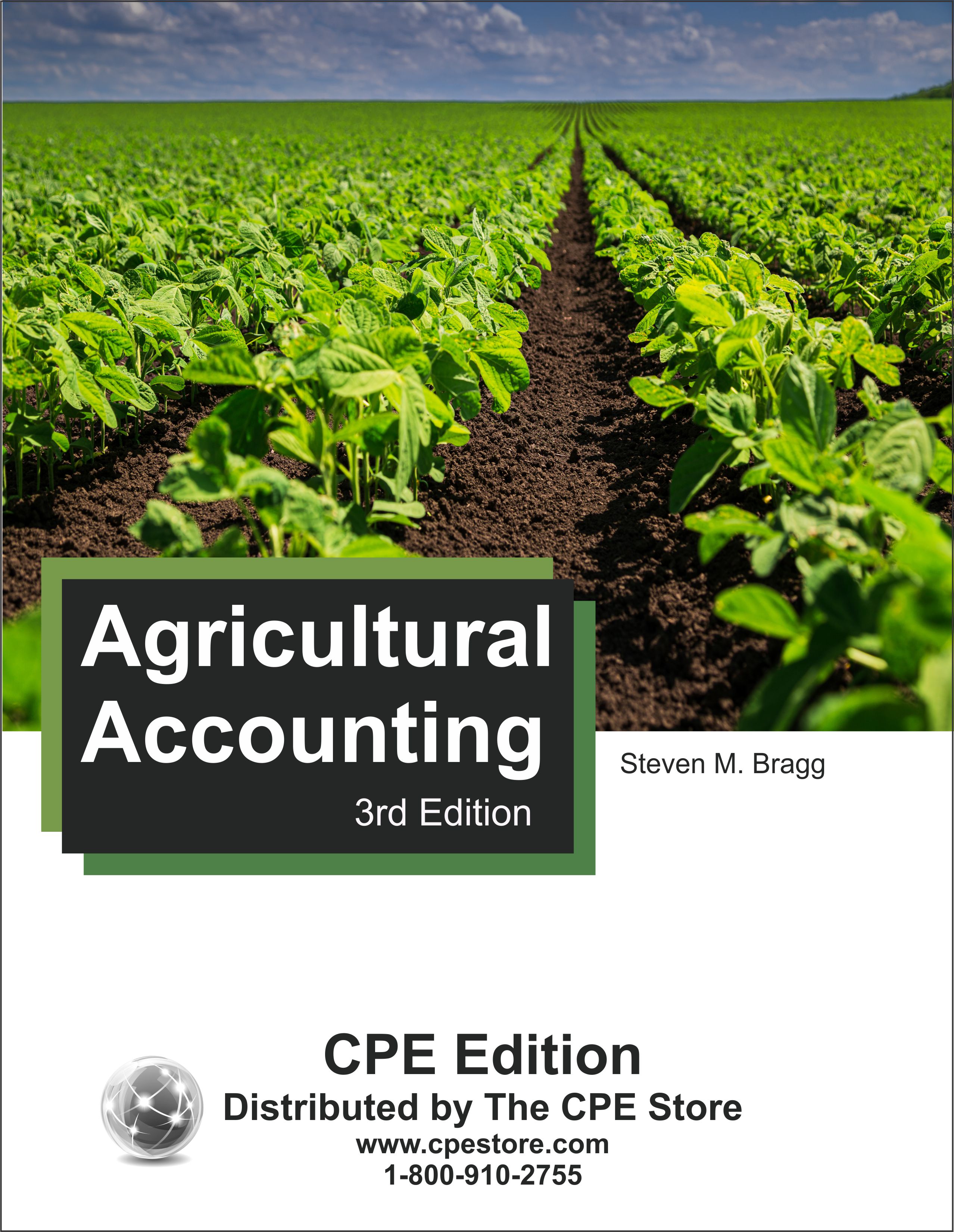
Course number: AA482803
This course addresses every aspect of the accounting that one might encounter in a farm, ranch, or related business. The intent is to not only explain accounting concepts, but also to provide examples and show how an accounting system can be constructed and operated. The course pays particular attention to unique aspects of agricultural accounting that are not encountered in other industries, including special valuation rules for inventory, hedging transactions, dealing with cooperatives, and recording noncurrent farm assets. Course level: Basic. Prerequisites: None. Course includes integrated text and study guide, final exam, and grading service.NASBA field of study: Accounting Course credit: 10 hours
Printed Version$79
PDF$79
Colleague Test(s)$30
Contents
Analyzing Cost Data for Management
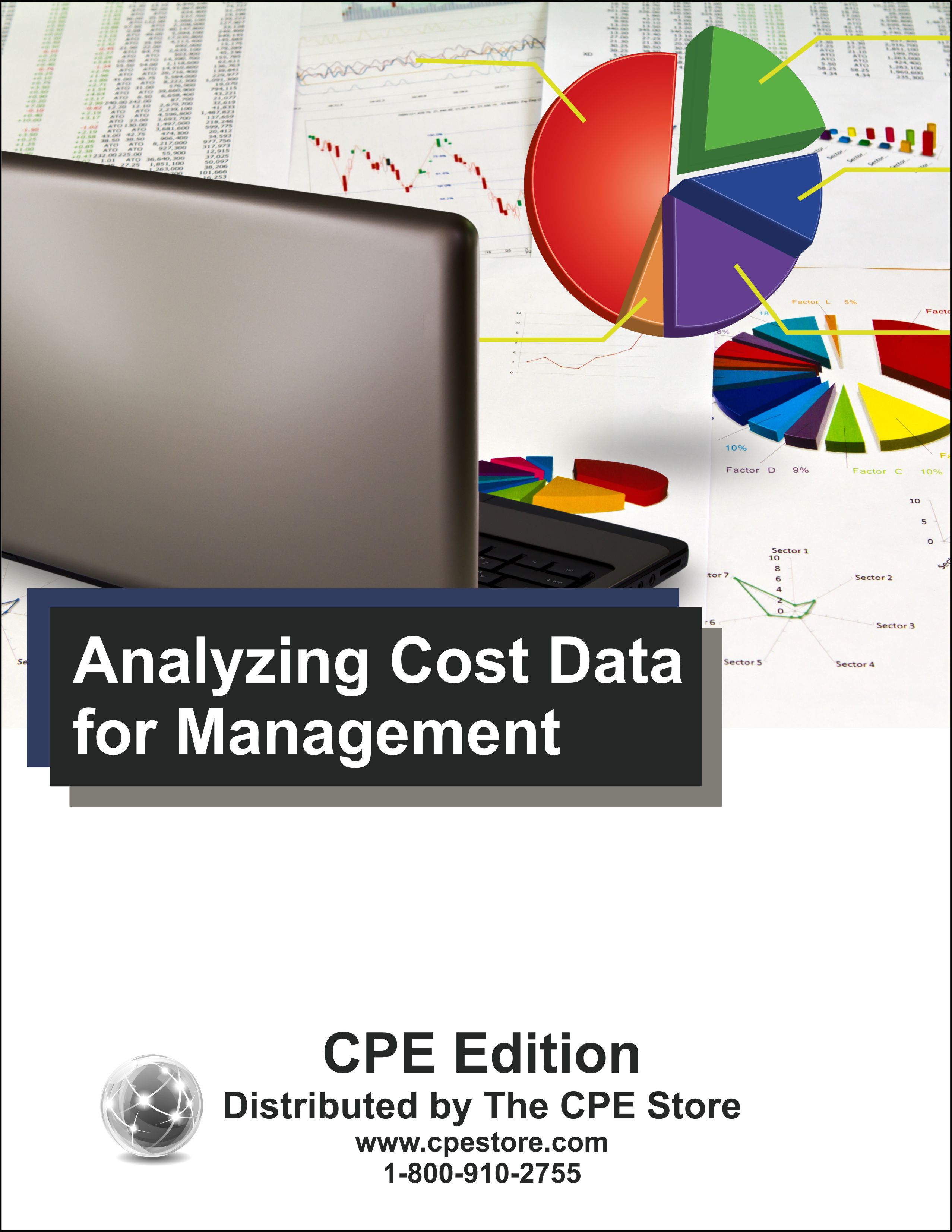
Course number: AA720901
This course covers the managerial use of accounting, financial, and operating data for planning, control, and decision making. The course is designed for managers and entrepreneurs who need hands-on knowledge and tools in processing, developing, and analyzing financial, cost, and business data for managerial use. Topics include strategic cost management, analysis of costs; break-even and contribution analysis; cost behavior analysis; activity-based costing (ABC); responsibility accounting and corporate balanced scorecard (CBS); budget for profit planning; short-term decisions; capital budgeting. Course Level: Basic. Prerequisites: None. Course includes integrated text and study guide, final exam, and grading service.NASBA field of study: Accounting Course credit: 9 hours
PDF$69
Colleague Test(s)$30
Contents
Business Combinations and Consolidations
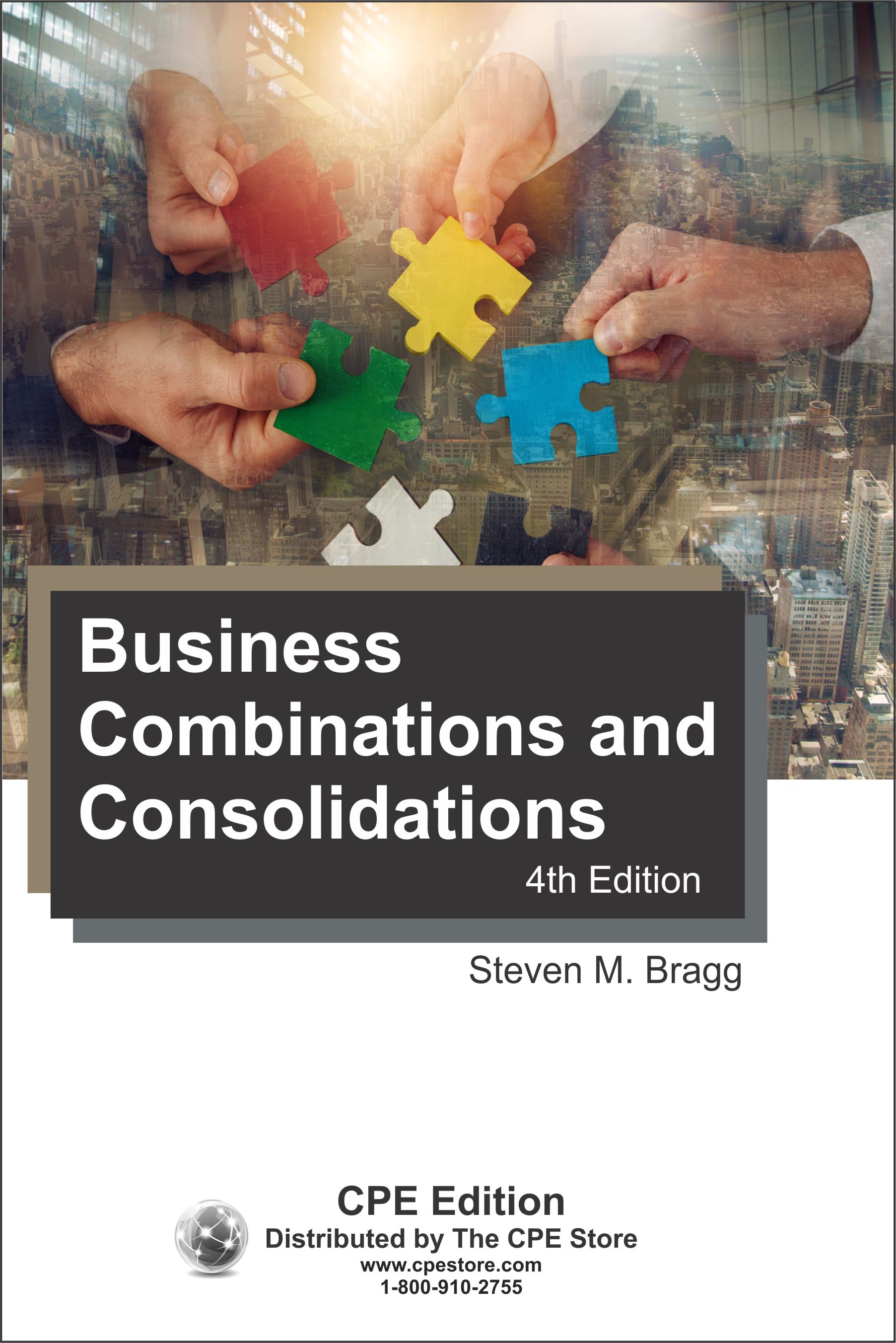
Course number: AA453304
This course describes the accounting for business combinations, including the identification of goodwill, reverse acquisitions, and disclosures. The course also notes how to account for a reduced investment in an investee using the equity method. The course goes on to discuss goodwill impairment, the consolidation of financial statements, and the steps involved in integrating accounting activities following a business combination. Course level: Basic. Prerequisites: None. Course includes integrated text and study guide, final exam, and grading service.NASBA field of study: Accounting Course credit: 3 hours
Printed Version$29
PDF$29
Colleague Test(s)$15
Contents
Closing the Books

Course number: AA419407
This course demonstrates how the accounting systems summarize information into financial statements, how to close the books efficiently, how to construct financial statements, and the controls and record keeping systems needed to close the books. Includes detailed information on closing each system, including Cash, Accounts Receivable, Inventory, Fixed Assets, Accounts Payable, and Payroll. Also covers various financial statement formats and how to create them, as well as the general types of disclosures that should accompany the financial statements. Course level: Basic. Prerequisites: None. Course includes integrated text and study guide, final exam, and grading service.NASBA field of study: Accounting Course credit: 15 hours
Printed Version$109
PDF$109
Colleague Test(s)$45
Contents
Construction Accounting
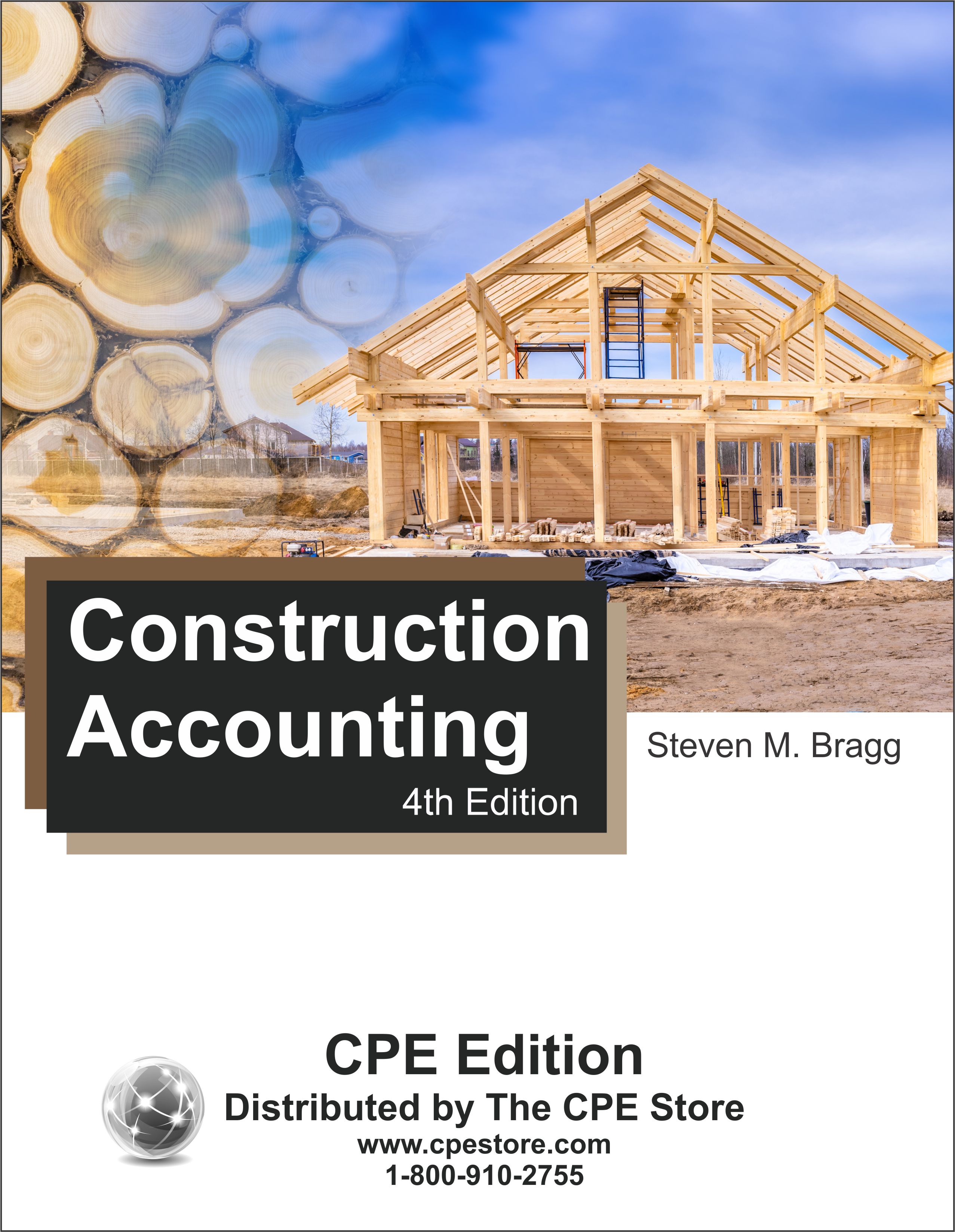
Course number: AA475204
This course addresses every aspect of the accounting for a construction business. The intent is to not only explain accounting concepts, but also provide examples and show how an accounting system can be constructed and operated. The course pays particular attention to unique aspects of construction accounting that are not encountered in other industries, including the job cost ledger, change orders, back charges, percentage of completion calculations, and the treatment of anticipated losses on contracts. Course level: Basic. Prerequisites: None. Course includes integrated text and study guide, final exam, and grading service.NASBA field of study: Accounting Course credit: 11 hours
Printed Version$89
PDF$89
Colleague Test(s)$35
Contents
Cost Accounting Fundamentals
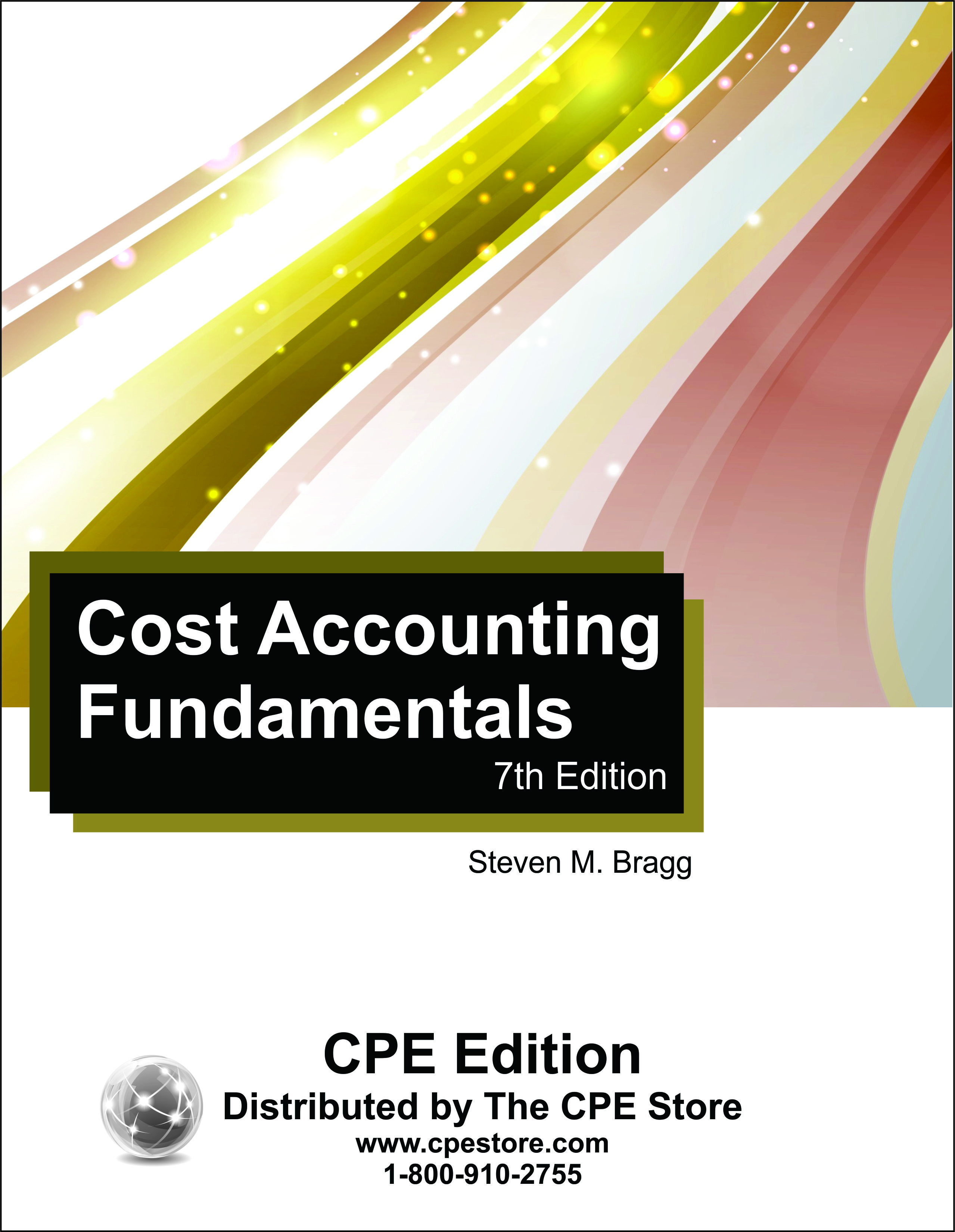
Course number: AA434407
Describes the key cost accounting concepts that most concern the practicing cost accountant, and illustrates them with numerous examples. The course is designed for those who can benefit from its detailed descriptions of inventory valuation methods, product pricing techniques, cost analysis methods, and more. Cost Accounting Fundamentals includes such key topics as job costing, process costing, standard costing, target costing, transfer pricing, activity-based costing, constraint analysis, and capital budgeting analysis. The coverage of target costing, resource consumption cost concepts, and related cost planning and management topics make this course invaluable. Course level: Basic. Prerequisites: None. Course includes integrated text and study guide, final exam, and grading service.NASBA field of study: Accounting Course credit: 15 hours
Printed Version$109
PDF$109
Colleague Test(s)$45
Contents
Detecting Accounting Fraud Before It's Too Late
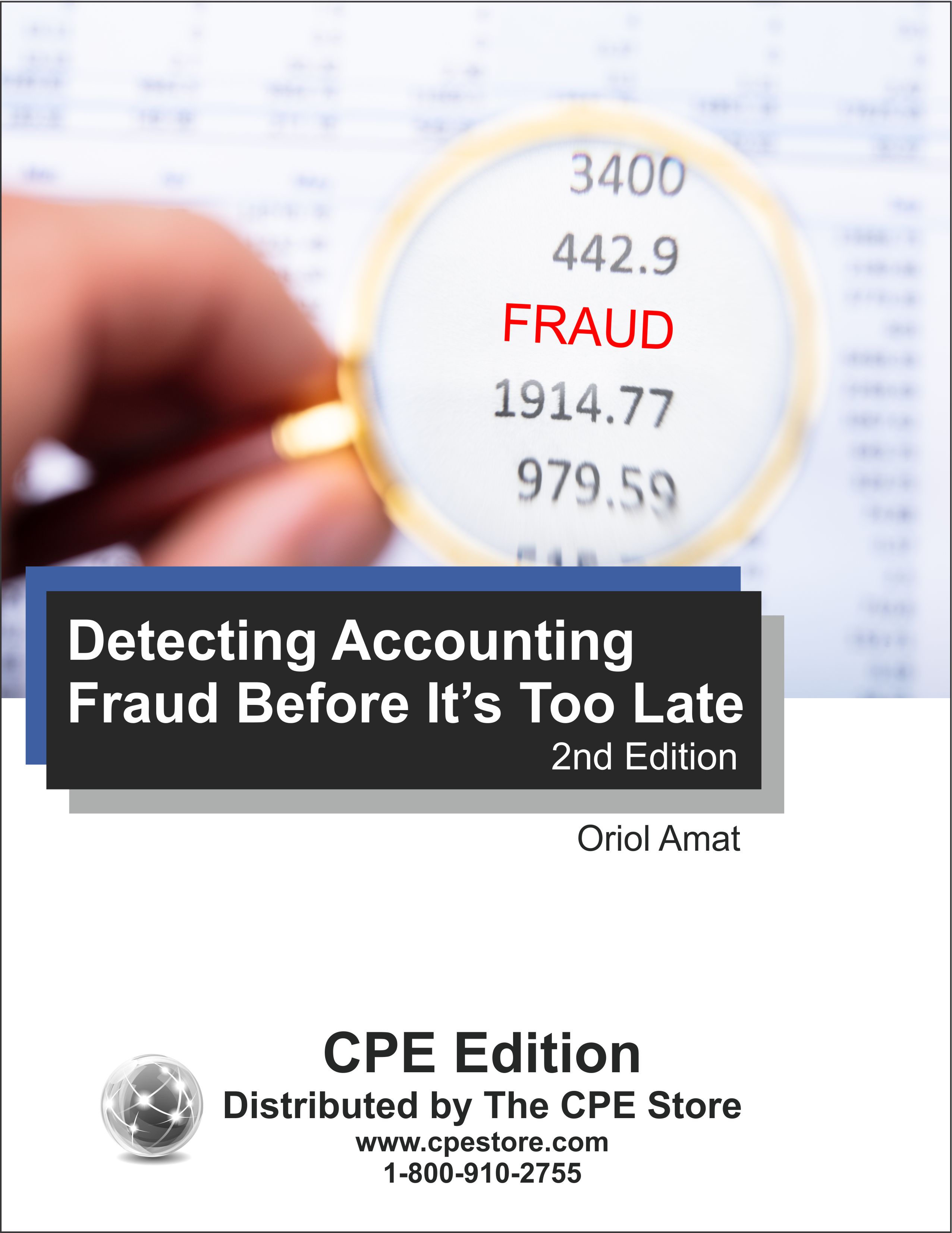
Course number: AA694402
This course provides information on the various types of fraud and accounting manipulations that occur in a business environment. It contains a multitude of real fraud cases that show how fraud is committed and the regulations and changes that ensued from these fraudulent actions. The topics discussed include the history of accounting fraud, problems with legislation and those involved in the financial information, personal and organizational warning signs of fraud, and ratios that indicate fraud in the accounts. Additionally, legal and illegal accounting manipulations are addressed, as well as the ethical considerations and economic consequences of these manipulations. Finally, the course offers suggestions on how to deter accounting fraud, and provides information on the criminal responsibility of legal entities and regulatory compliance. Course level: Basic. Prerequisites: None. Course includes integrated text and study guide, final exam and grading service.NASBA field of study: Accounting Course credit: 8 hours
Printed Version$69
PDF$69
Colleague Test(s)$25
Contents
Effective Collections
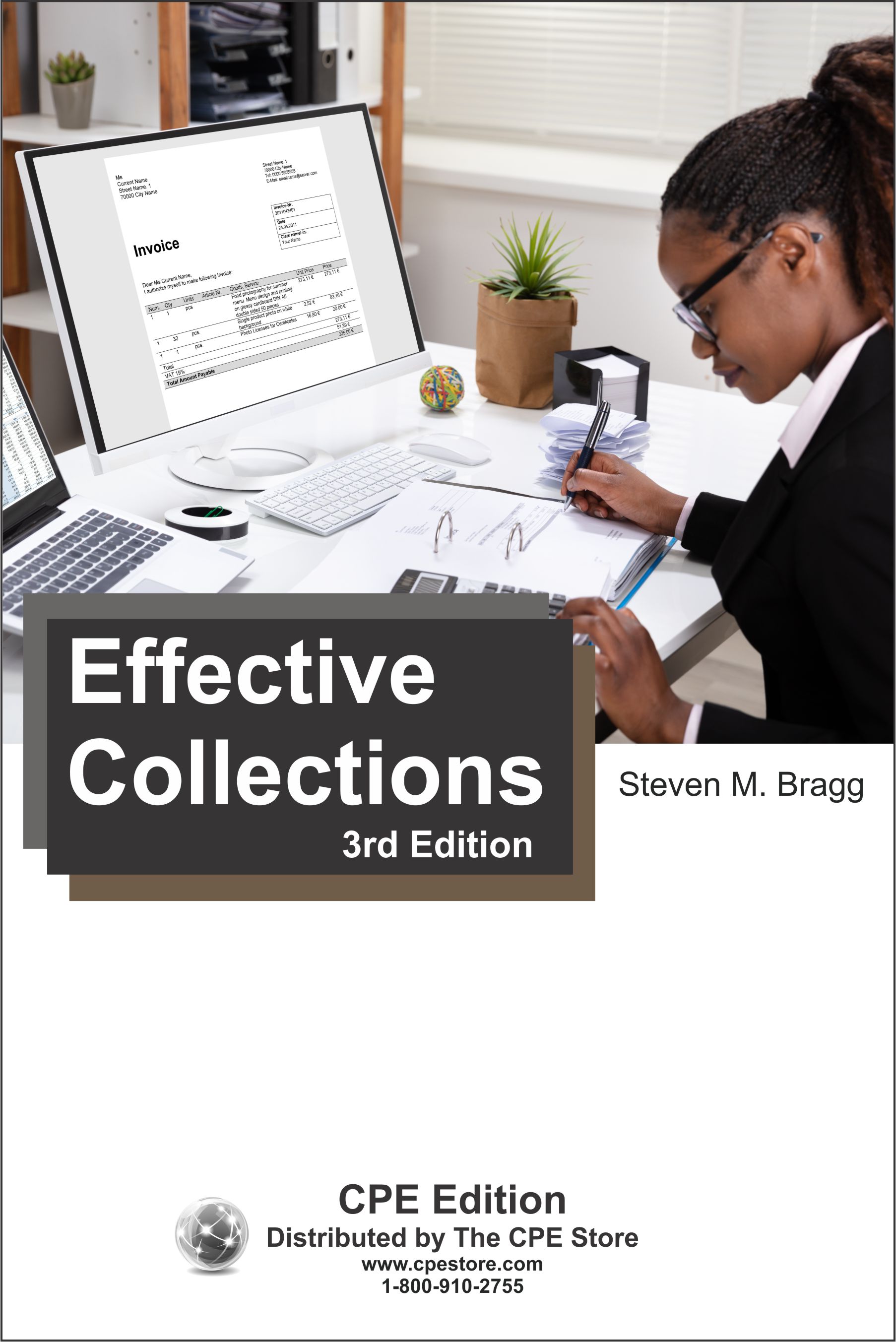
Course number: AA489203
The Effective Collections course gives the accountant a complete set of tools for how to collect overdue invoices from customers, thereby accelerating cash flows and reducing the need for alternative forms of financing. The techniques covered include courtesy calls, dunning letters, salesperson assistance, arbitration, collection agencies, small claims court, and involuntary bankruptcy. The course shows the accountant how to select a reputable collection agency and monitor its operations, and also provides advice about when it makes sense to engage in litigation. Course level: Basic. Prerequisites: None. Course includes integrated text and study guide, final exam, and grading service.NASBA field of study: Accounting Course credit: 2 hours
Printed Version$19
PDF$19
Colleague Test(s)$12
Contents
Employee Retention Credit & Pass-Through Entity Tax Disclosures
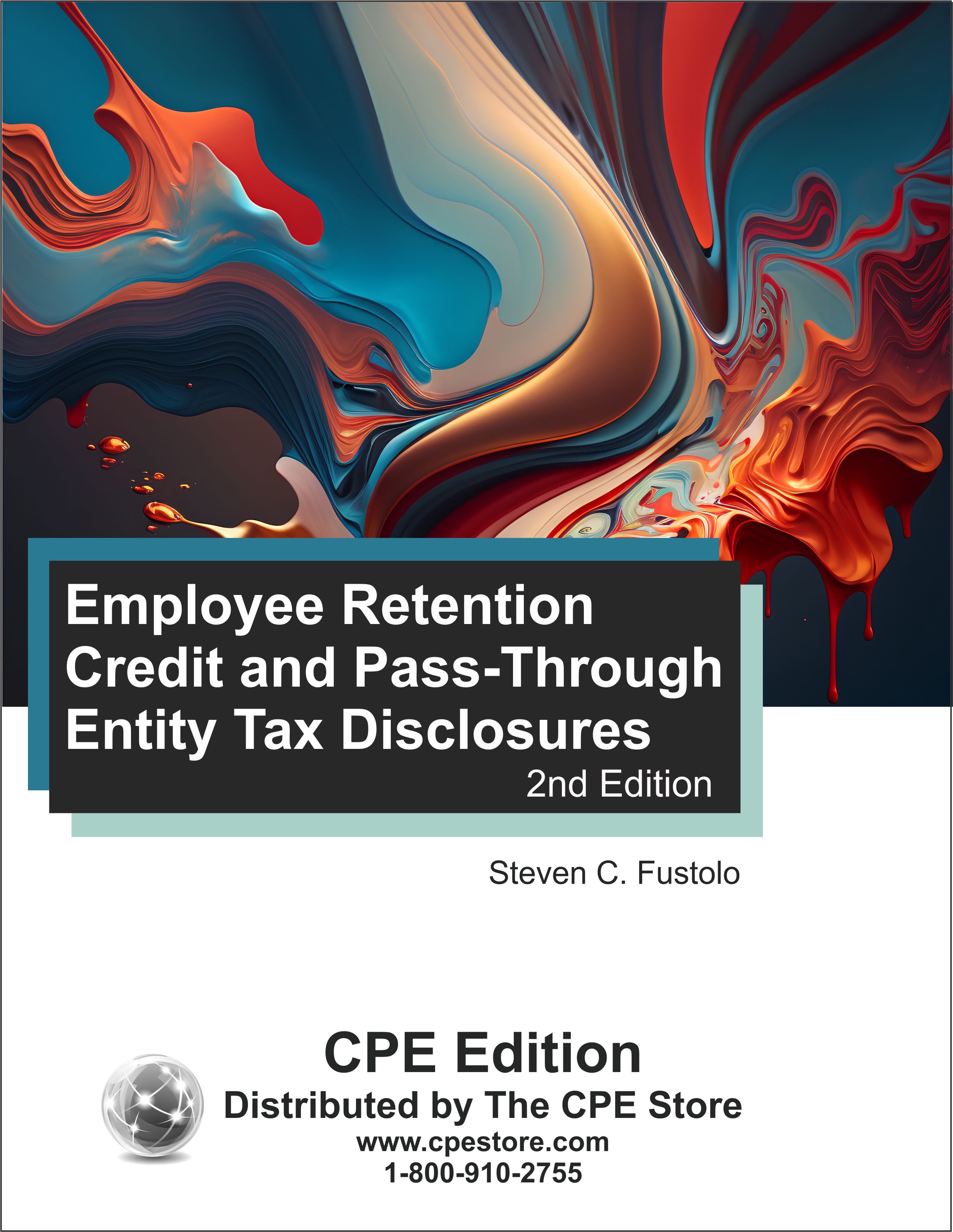
Course number: AA776402
The objective of this course is to review the accounting and financial disclosures related to two recent changes from legislation: the Employee Retention Credit (ERC) and the Pass-Through Entity (PTE) Tax. Topics include: An overview of the ERC rules; models to use to account for the ERC; comparing use of the ASC 958 model with the IAS 20 model to account for the ERC; disclosures required for the ERC including disclosures found in newly issued ASU 2021-10; fixing 2020 ERC presentation and disclosure errors; presenting the ERC on tax-basis financial statements; overview of the Pass-Through Entity (PTE) Tax election; GAAP accounting for the PTE tax; GAAP disclosures for the PTE tax; presenting the PTE tax on tax-basis financial statements, and more. Course level: Basic. Prerequisites: None. Course includes integrated text and study guide, final exam, and grading service.NASBA field of study: Accounting Course credit: 2 hours
Printed Version$19
PDF$19
Colleague Test(s)$12
Contents
Entertainment Industry Accounting
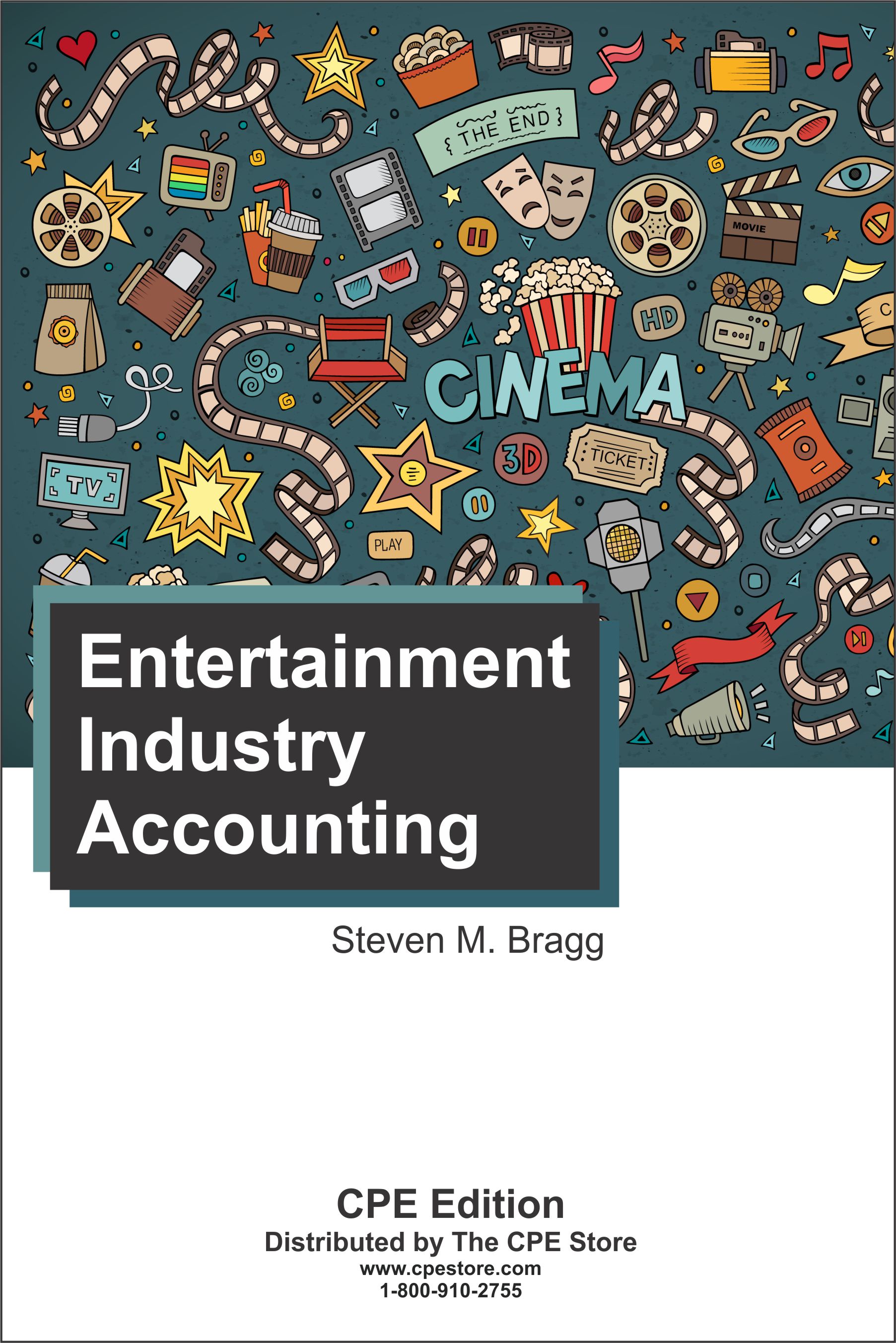
Course number: AA477601
A number of accounting standards are targeted at the entertainment industry, requiring businesses to follow specific rules for license agreements, the buildout of cable systems, film costs, music licensing, and more. Entertainment Industry Accounting covers these accounting requirements, along with related presentation and disclosure topics, with the intent of clarifying how specific transactions are to be handled. This course covers the accounting for broadcasting, cable television, films, and music. Course level: Basic. Prerequisites: None. Course includes integrated text and study guide, final exam and grading service.NASBA field of study: Accounting Course credit: 1 hour
Printed Version$19
PDF$19
Colleague Test(s)$12
Contents
Essentials of Forensic Accounting
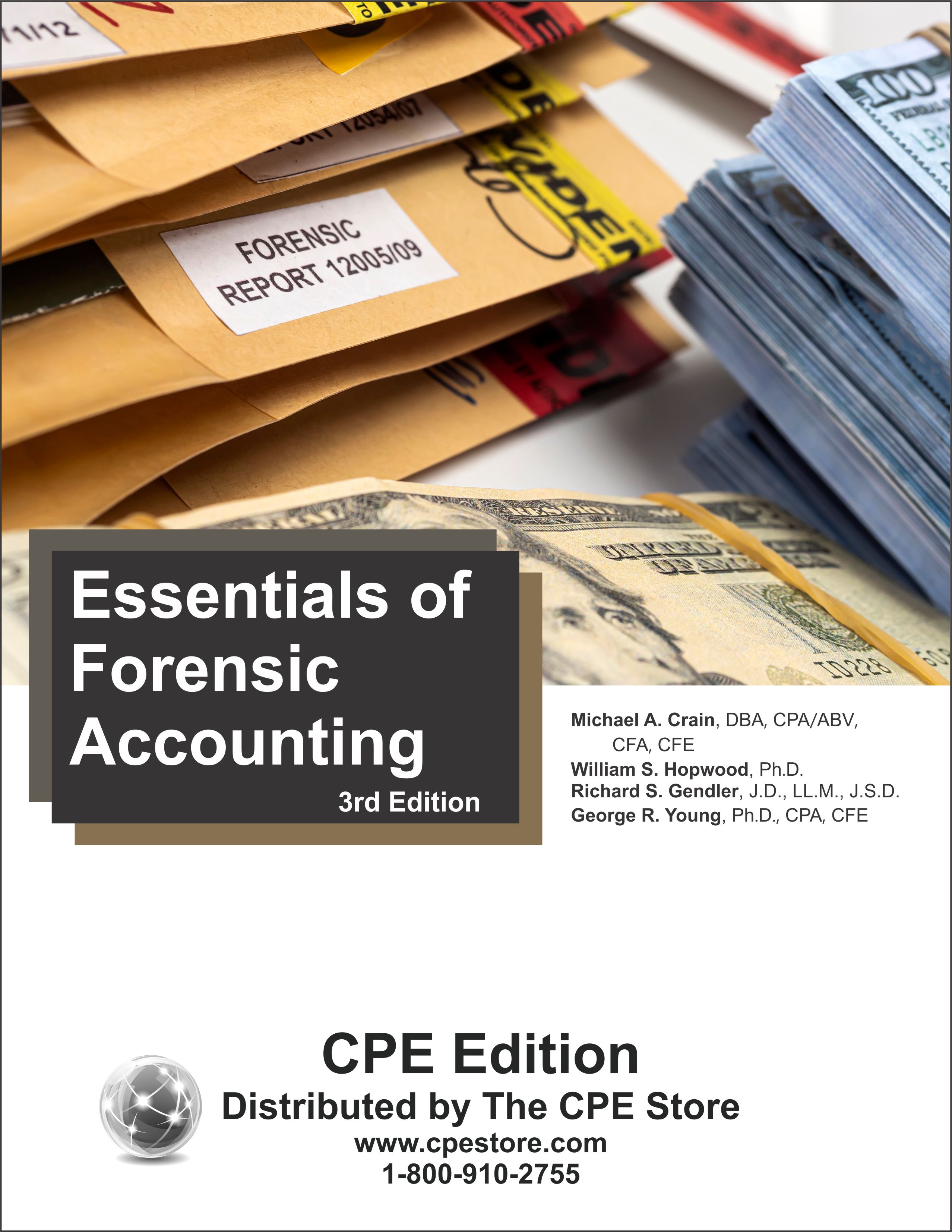
Course number: AA688803
This course covers everything you need to know about Forensic Accounting, with a heavy emphasis on the legal side. Topics include: the forensic accounting profession; civil and criminal procedure; evidence; discovery; litigation services; engagement and practice management; fraud prevention, detection and response; fraud schemes and applications; bankruptcy and related frauds; digital forensics; matrimonial forensics; financial statement misrepresentations; economic damages, and valuation fundamentals and applications. Course level: Basic. Prerequisites: None. Course includes integrated text and study guide, final exam, and grading service.NASBA field of study: Accounting Course credit: 36 hours
Printed Version$229
PDF$229
Colleague Test(s)$110
Contents
Fair Value Accounting
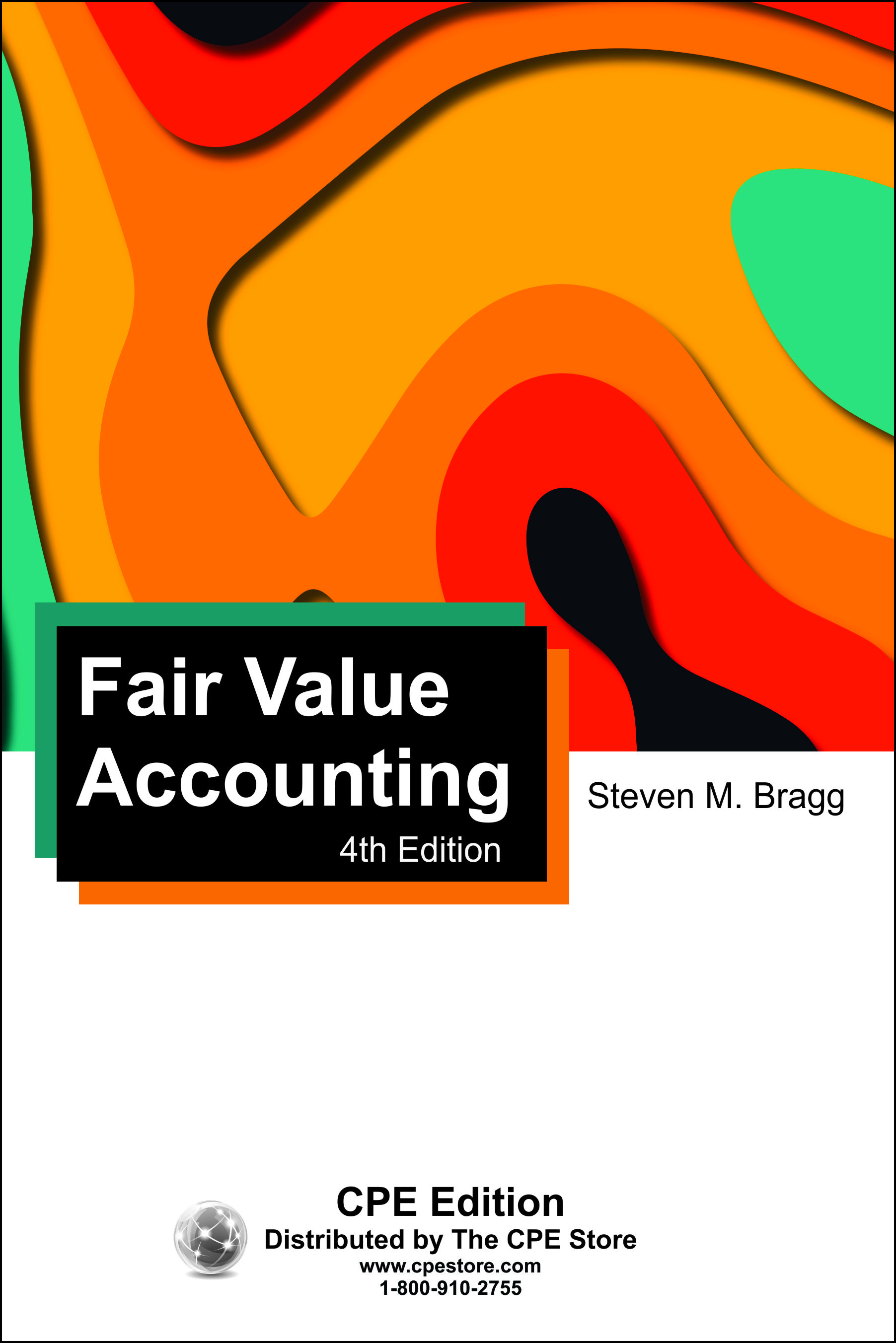
Course number: AA456704
Fair Value Accounting addresses all aspects of the GAAP requirement to report certain assets and liabilities at their fair values. This includes when fair value measurements should be performed, the parameters for measuring fair value, and how to disclose this information in the financial statements. The course also notes those situations in which fair value is used to evaluate whether assets have been impaired. Course level: Basic. Prerequisites: None. Course includes integrated text and study guide, final exam and grading service.NASBA field of study: Accounting Course credit: 2 hours
Printed Version$19
PDF$19
Colleague Test(s)$12
Contents
FASB Review
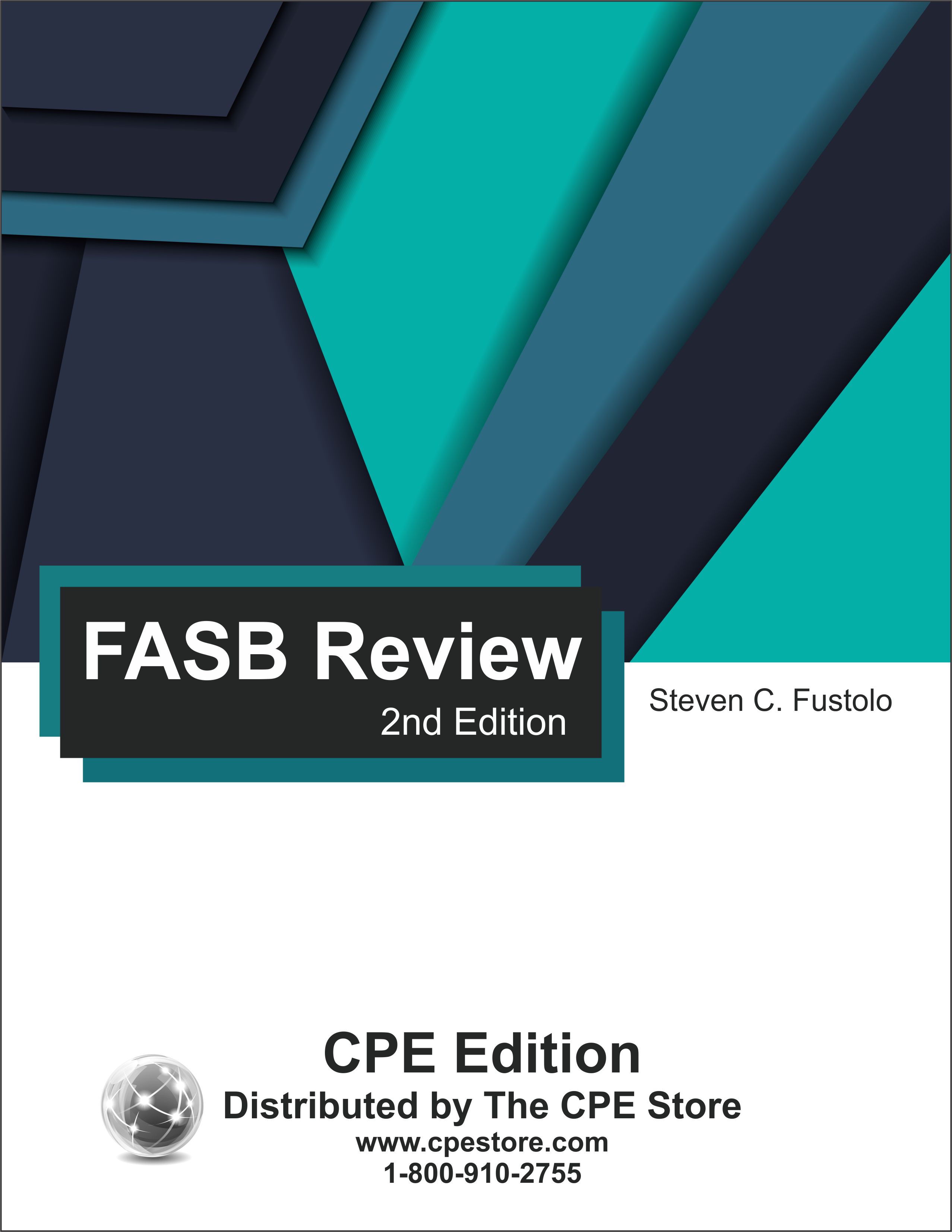
Course number: AA776102
The purpose of this course is to inform the reader of the various changes affecting accounting and financial reporting, as well as a review and recall of existing accounting standards. Topics include a summary of newly issued FASB statements, current and pending developments, the new lease standard, practice issues, a discussion of accounting and financial reporting issues related to post-COVID-19 economic issues, accounting and disclosures for the Employee Retention Credit (ERC) and Pass-Through Entity (PTE) tax, dealing with the forgiveness of PPP loans, and more. Course level: Basic. Prerequisites: None. Course includes integrated text and study guide, final exam, and grading service.NASBA field of study: Accounting Course credit: 16 hours
PDF$119
Colleague Test(s)$50
Contents
Fixed Asset Accounting
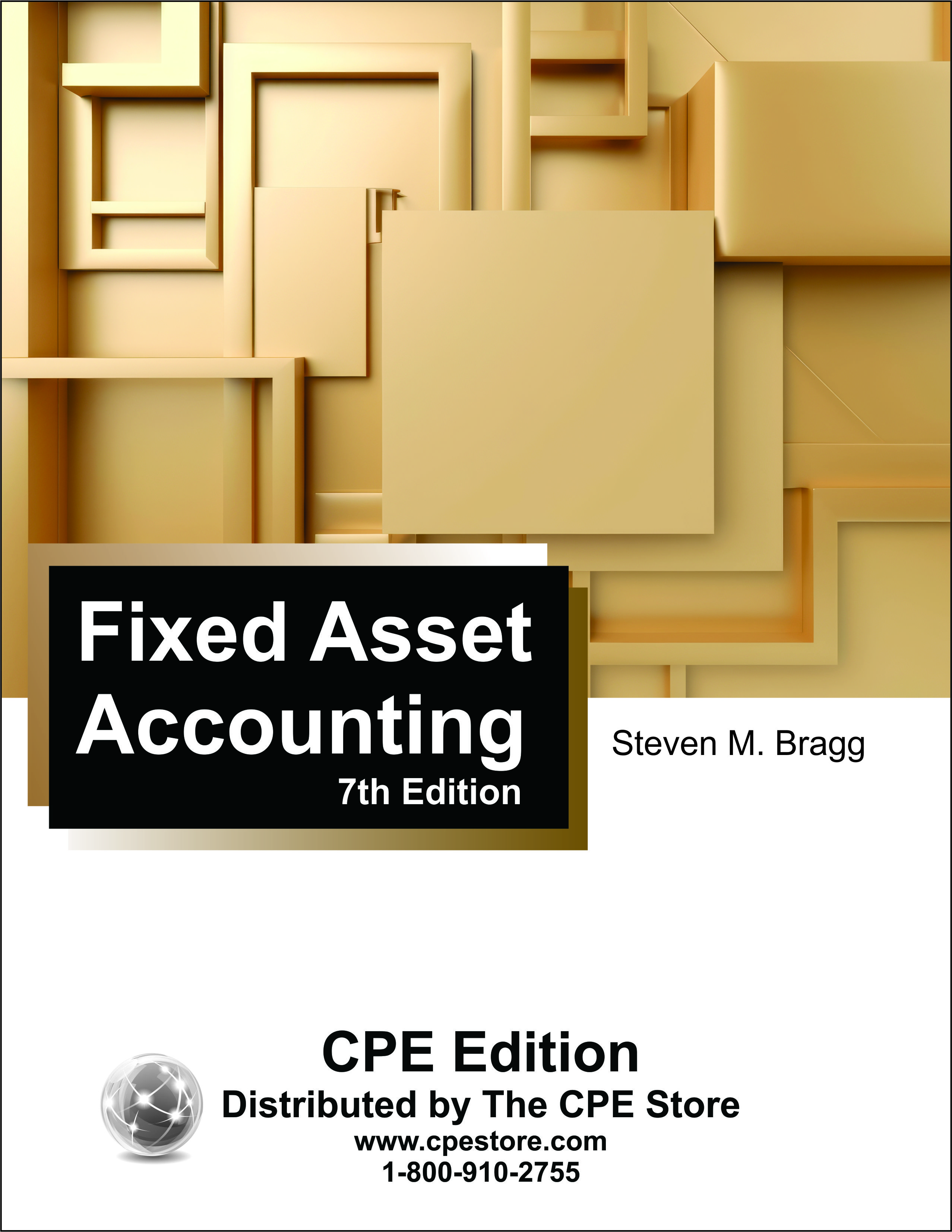
Course number: AA446807
Addresses the GAAP and IFRS accounting for all key fixed asset topics, including capital budgeting, interest capitalization, asset retirement obligations, depreciation, impairment, and disposal. The book delves into many other areas as well, including the record keeping, controls, policies and procedures, measurements, and auditing procedures related to fixed assets. Clear examples and tips are used to supplement the well-written text and accounting terms are conveniently defined within the chapters. Course level: Basic. Prerequisites: None. Course includes integrated text and study guide, final exam and grading service.NASBA field of study: Accounting Course credit: 13 hours
Printed Version$99
PDF$99
Colleague Test(s)$40
Contents
Foreign Currency Accounting
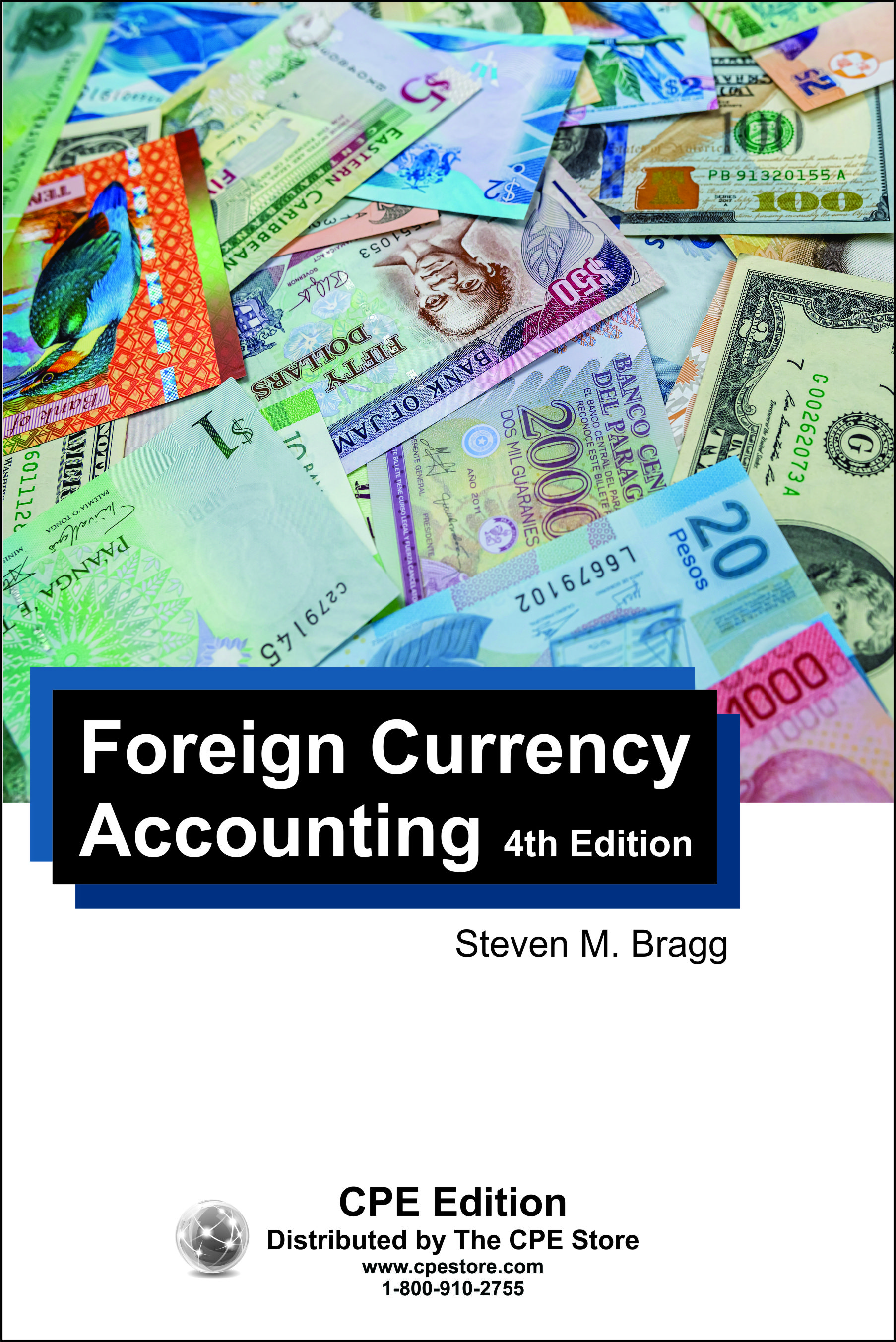
Course number: AA453704
Foreign Currency Accounting describes all accounting activities related to foreign currencies. There is complete coverage of the steps needed to convert foreign currency financial statements into the reporting currency of the parent entity, as well as the accounting for basic foreign exchange transactions and hedging activities. Related financial statement disclosures are also noted. In addition, the course addresses related topics, such as the additional steps required to close the books and internal auditing tasks related to foreign currencies. Course level: Basic. Prerequisites: None. Course includes integrated text and study guide, final exam and grading service.NASBA field of study: Accounting Course credit: 2 hours
Printed Version$19
PDF$19
Colleague Test(s)$12
Contents
Fraud Examination
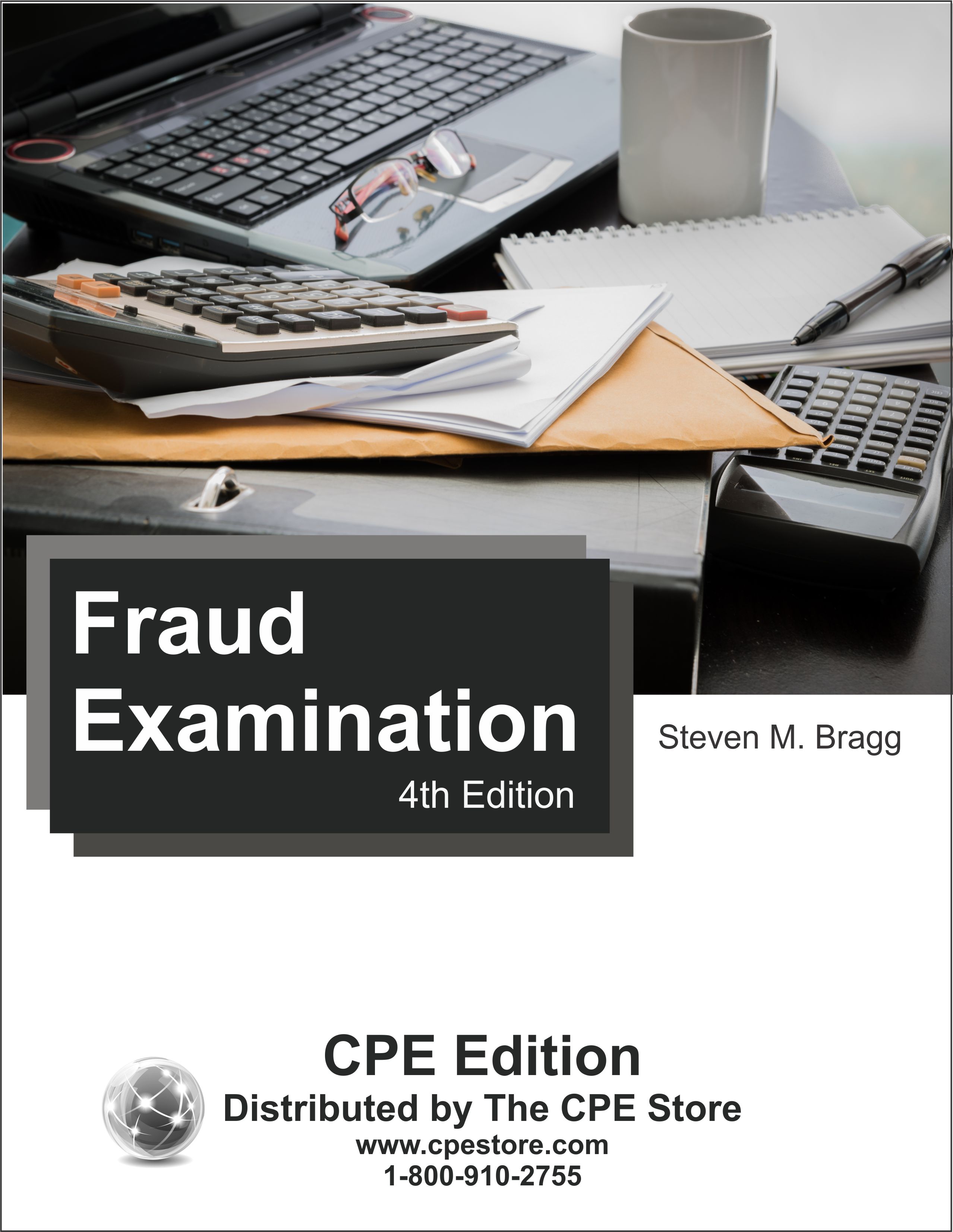
Course number: AA468104
This course is a practical reference for how to prevent, detect, and investigate fraud within a business. It can be used to identify the different types of fraud and construct an environment in which fraud is minimized. In addition, the book describes the many indicators of fraud, so that it can be detected early. The book also describes the process for investigating fraud, including interviewing techniques, document examination, and how to write a fraud report. Course level: Basic. Prerequisites: None. Course includes integrated text and study guide, final exam, and grading service.NASBA field of study: Accounting Course credit: 12 hours
Printed Version$89
PDF$89
Colleague Test(s)$35
Contents
Fraud: Ensuring Integrity in Financial Reporting
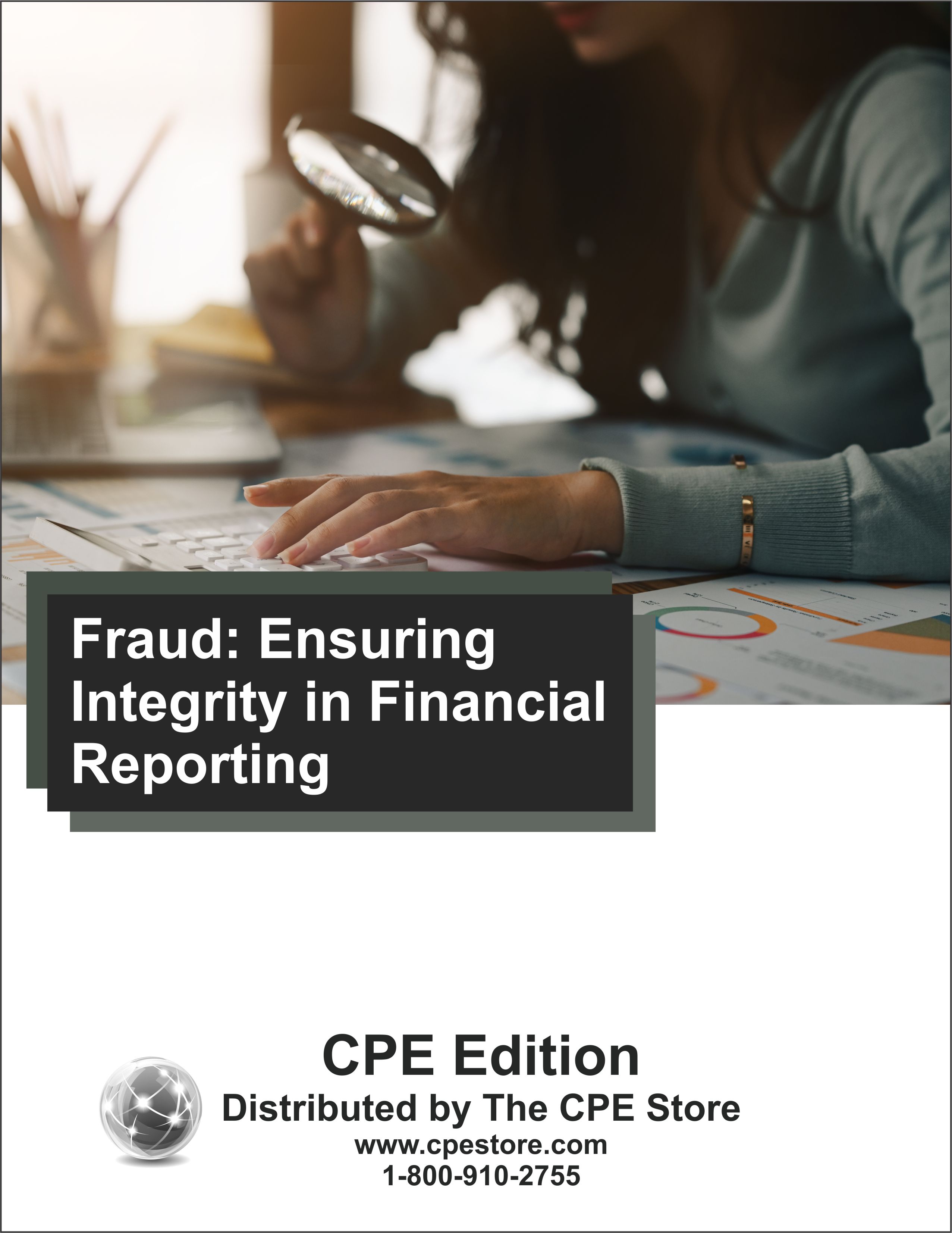
Course number: AA734501
A corporate scandal involves alleged or actual unethical behavior by people acting within or on behalf of a corporation. Since the turn of the century, the U.S. has seen some large corporate collapses and scandals due to shoddy and deceptive accounting practices. Many companies, shareholders and employees suffered as stock prices fell and reputations were tarnished when businesses conducted questionable practices. This course is divided into four parts with topics covering the identification of the common financial shenanigans demonstrated with a series of real-life cases and addressed ongoing financial reporting issues (e.g., restatements, SEC enforcement actions). It provides explanations of the basic accounting rules for stock-based compensation, identification of the regulations that protect investors from unethical business practices and the impact of Sarbanes-Oxley Act, including the creation of PCAOB, reforms of corporate America and improvements in audit quality. Additionally, this course discusses internal control reporting requirements, the role of the audit committee, disclosure controls, personal accountability and it demonstrates ways to promote high levels of accountability and transparency. It further explains the importance of business ethics and corporate social responsibility and discusses the role of good corporate governance in protecting shareholder value. Course level: Basic. Prerequisites: None. Course includes integrated text and study guide, final exam, and grading service.NASBA field of study: Accounting Course credit: 6 hours
PDF$59
Colleague Test(s)$20
Contents
Fundamentals of Accounts Payable
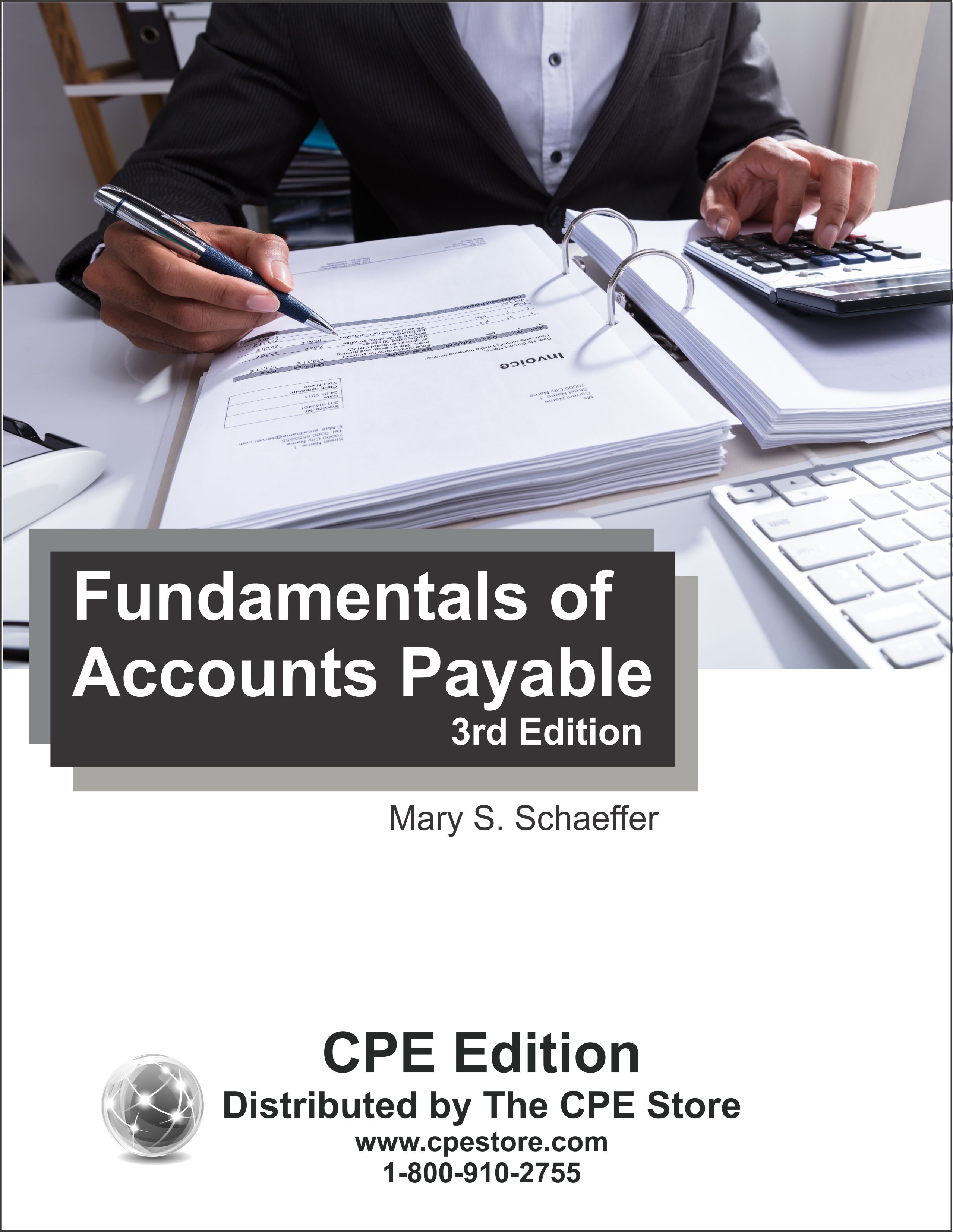
Course number: AA782203
Understanding the fundamentals of the accounts payable function is critical for any organization that wants to run an effective and efficient accounts payable function. Without this understanding, weak processes are permitted, making fraud easier to commit. Duplicate payments increase and the function is not cost-effective. This course presents information the professional can use to create a strong process and implement effective systems. Industry expert Mary Schaeffer shows auditors, controllers, and managers how proper processes in the accounts payable function strengthen controls and lead to an efficient and effective accounts payable function. Course level: Basic. Prerequisites: None. Course includes integrated text and study guide, final exam, and grading service.NASBA field of study: Accounting Course credit: 16 hours
Printed Version$119
PDF$119
Colleague Test(s)$50
Contents
GAAP Guidebook 2025
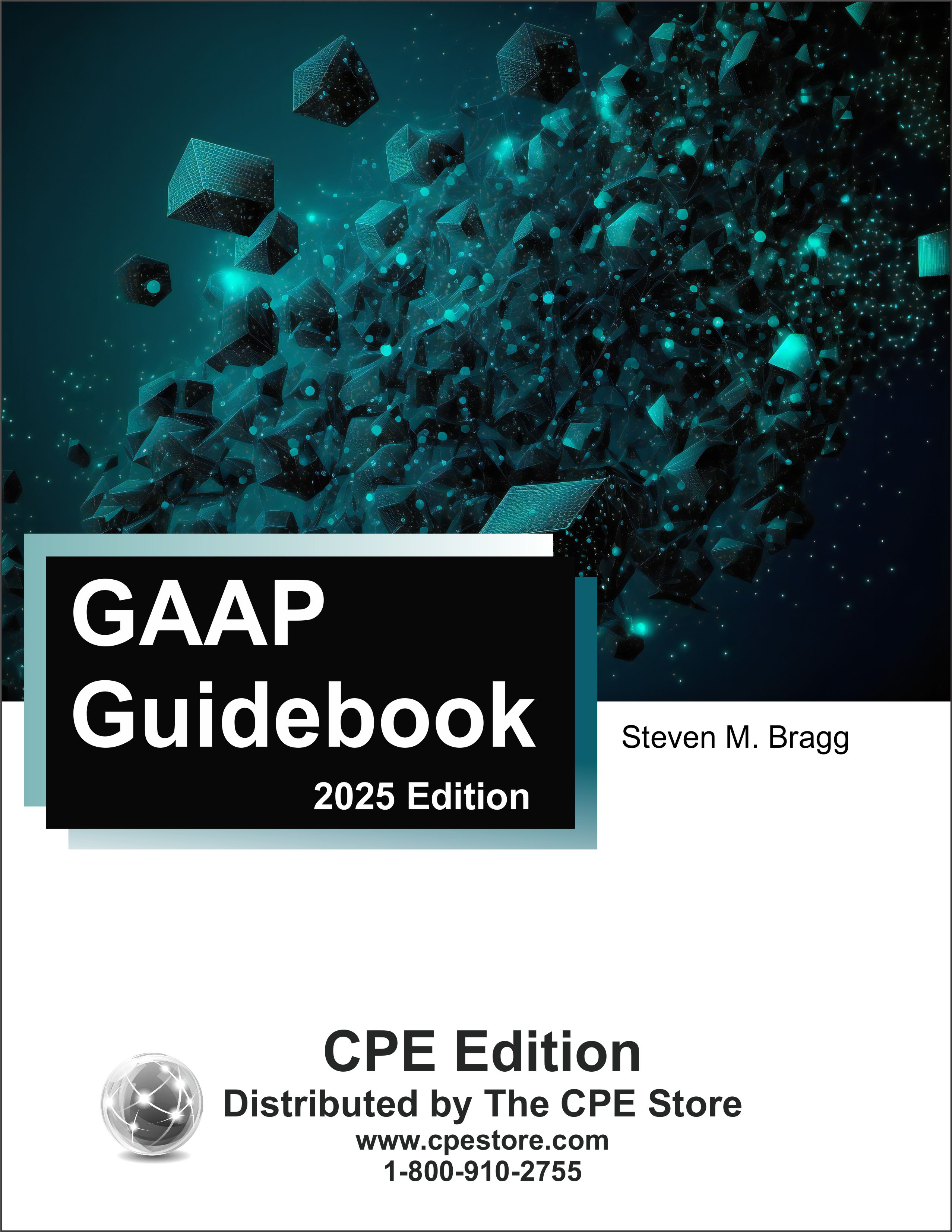
Course number: AA441125
This course provides a comprehensive overview of current GAAP. Includes presentation of financial statements, including the balance sheet, income statement, and statement of cash flows; notes to financial statements; accounting changes and error corrections; earnings per share calculations; interim reporting; risks and uncertainties; segment reporting; receivables; investments; inventory; deferred costs; intangibles; property, plant and equipment; depreciation; amortization; debt; contingencies; commitments; compensation; guarantees; equity; revenue recognition; foreign currency; leases; income taxes and more. Course level: Basic. Course includes integrated text and study guide, final exam, and grading service.NASBA field of study: Accounting Course credit: 30 hours
Printed Version$229
PDF$229
Colleague Test(s)$100
Contents
Health Care Accounting
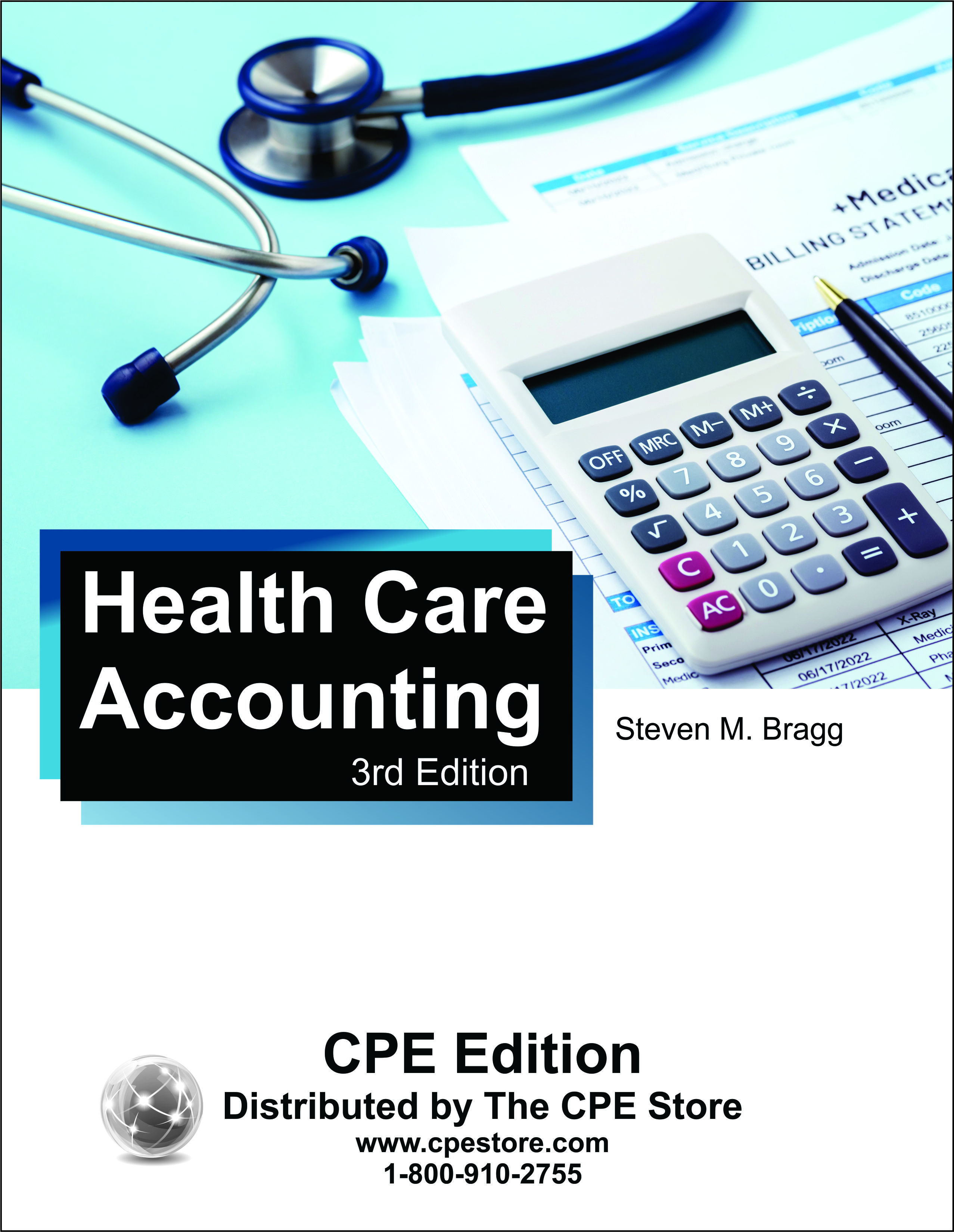
Course number: AA411403
This course discusses the accounting and financial reporting issues related to hospitals, medical group practices, nursing homes, and other health care entities. The course covers the basic system of accounting, financial reporting, and many practical topics for the accountant, including revenue recognition, payroll accounting, fixed asset accounting, debt liabilities, and more. Course level: Basic. Prerequisites: None. Course includes integrated text and study guide, final exam, and grading service.NASBA field of study: Accounting Course credit: 12 hours
Printed Version$89
PDF$89
Colleague Test(s)$35
Contents
Hospitality Accounting
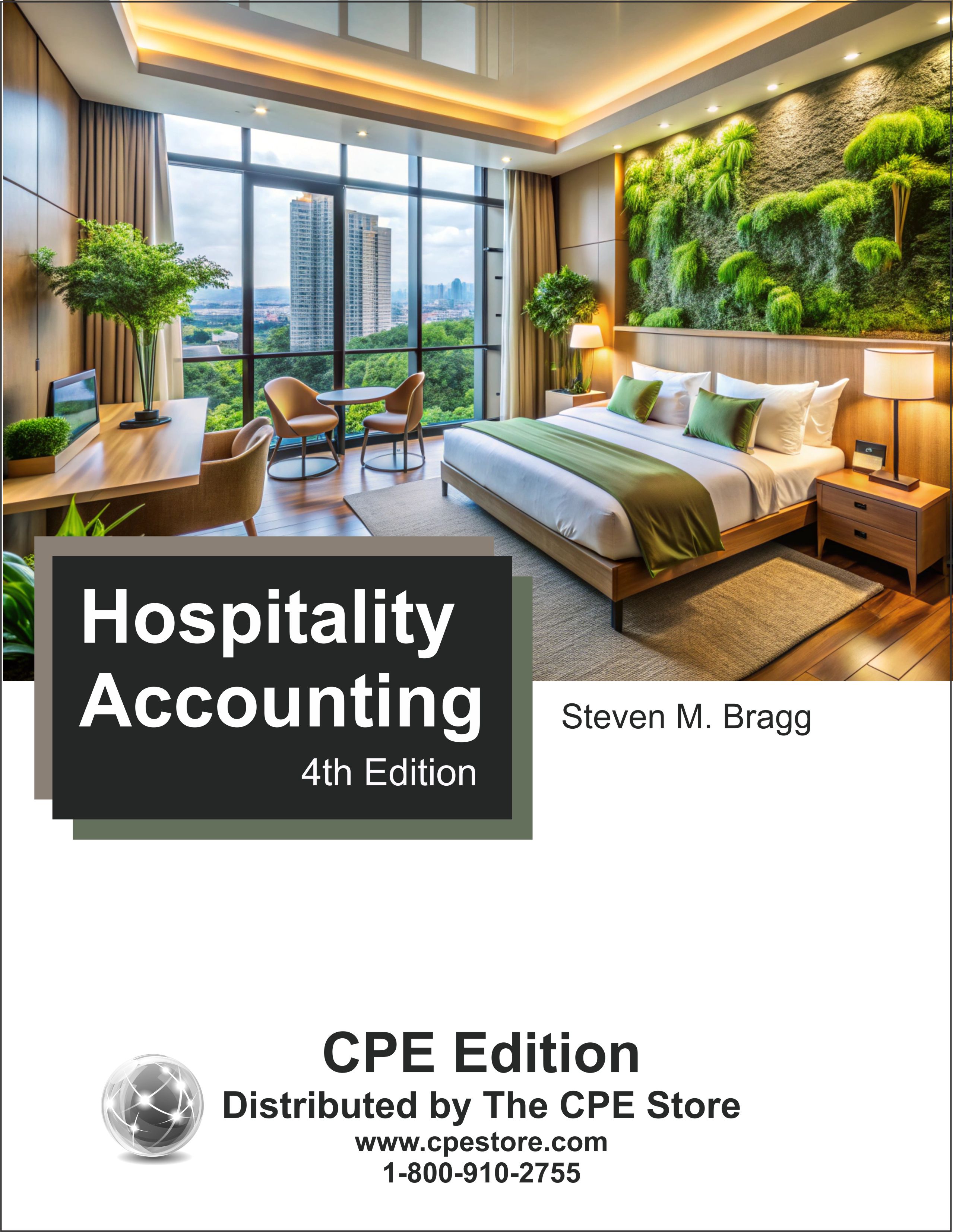
Course number: AA452704
This course describes the essential accounting for anyone in the hospitality industry, which includes hotels, restaurants, spas, and similar businesses. The course familiarizes the accountant with basic concepts and then addresses the various types of financial statements and the accounting needed to construct them. More detailed financial accounting topics include payroll, fixed assets, and payables. There are also many managerial accounting topics, such as the construction of a budget, price formulation systems, cost-volume-profit analysis, and cash management. Course level: Basic. Prerequisites: None. Course includes integrated text and study guide, final exam and grading service.NASBA field of study: Accounting Course credit: 20 hours
Printed Version$139
PDF$139
Colleague Test(s)$60
Contents
Implementing the New Lease Standard ASU 2016-02
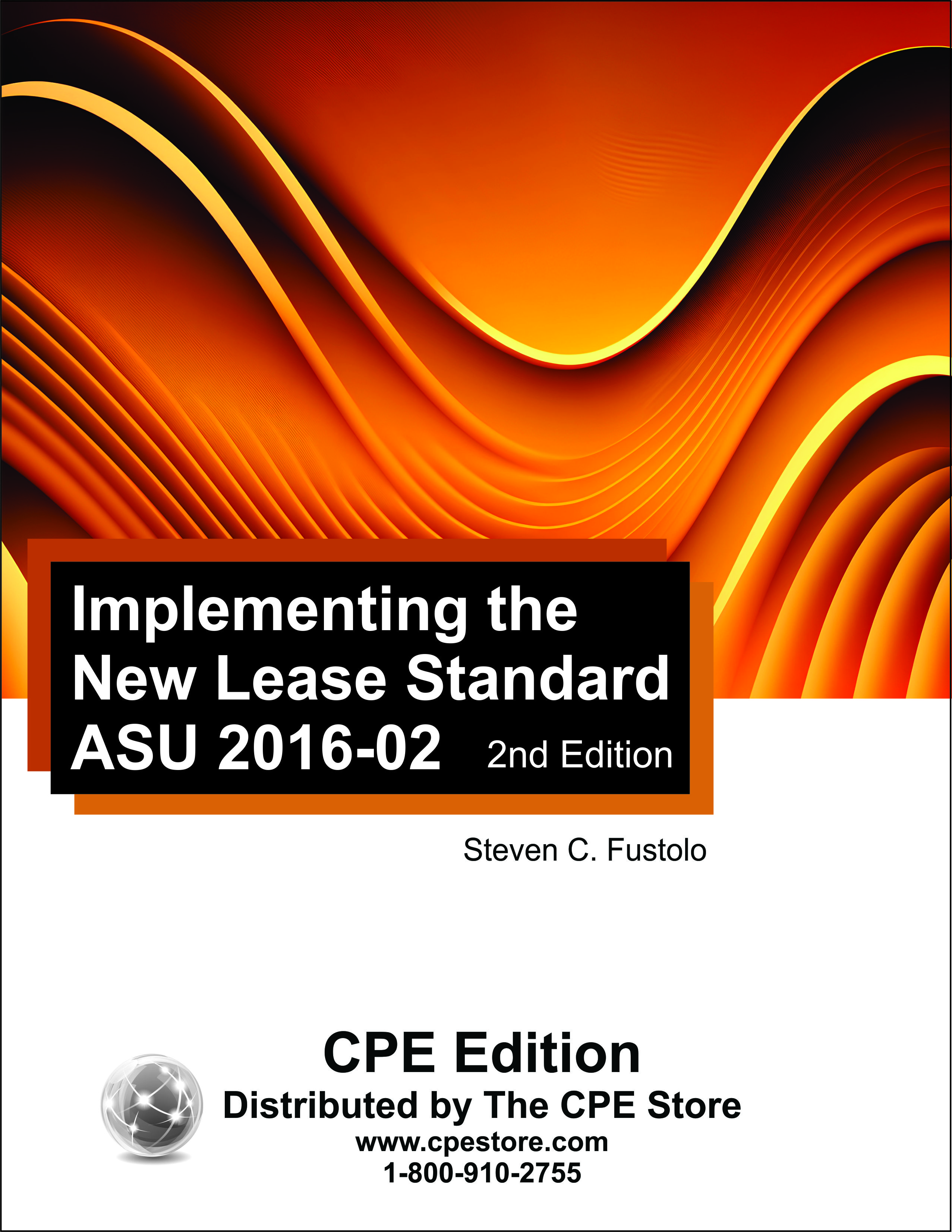
Course number: AA751902
The purpose of this course is to review the changes made to lease accounting by ASU 2016-02, Leases, (as further amended by ASU 2018-01, Land Easement—Practical Expedient for Transition to Topic 842), and numerous other amendments, and to establish the principles that lessees and lessors shall apply to report useful information to users of financial statements about the amount, timing, and uncertainty of cash flows arising from a lease. Topics include a review of the new rules for lessees and lessors, the types of leases, how to account for the balance sheet, income statement and cash flows statement impacts of different types of leases, the implementation requirements, and more. Course level: Basic. Prerequisites: None. Course includes integrated text and study guide, final exam, and grading service.NASBA field of study: Accounting Course credit: 8 hours
PDF$69
Colleague Test(s)$25
Contents
Income Statement: Accounting and Reporting
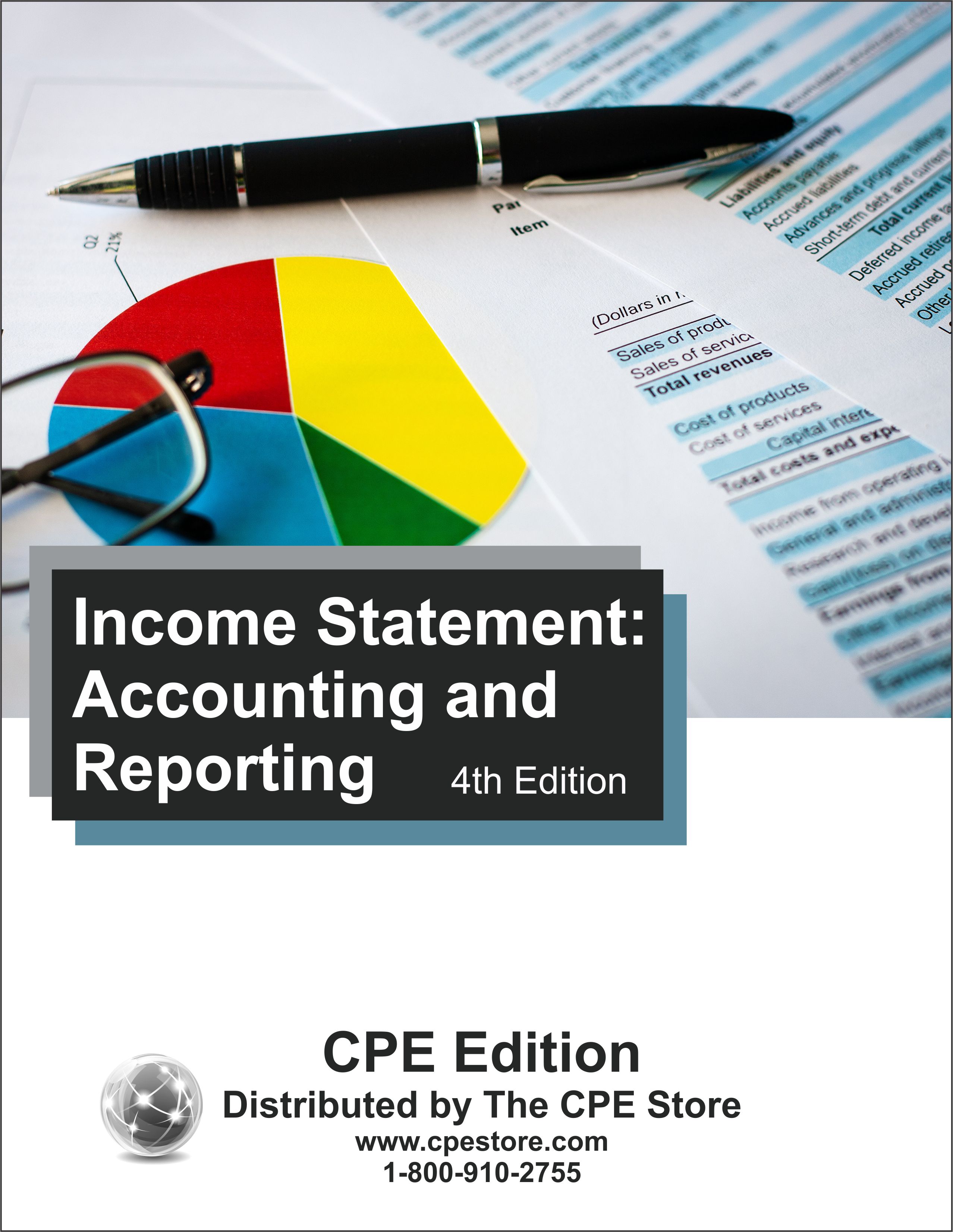
Course number: AA775504
This course addresses income statement accounting and reporting. It discusses a variety of accounting issues surrounding income statement items and related information, the format of the income statement, major income statement categories, unusual and nonrecurring items, discontinued operations, research and development costs, deferred compensation arrangements, share-based payments, compensation expense arising under a stock option plan, insurance costs, and earnings per share (EPS) calculation. Course level: Basic. Prerequisites: None. Course includes integrated text and study guide, final exam, and grading service.NASBA field of study: Accounting Course credit: 4 hours
Printed Version$39
PDF$39
Colleague Test(s)$15
Contents
International Accounting 2025

Course number: AA432025
International accounting standards are used as the basis for financial reporting outside of the United States. The original documents are lengthy and difficult to research. The International Accounting course solves this problem by condensing the key elements of the standards into a single volume. This course describes the key elements of each accounting topic, how accounting information is to be disclosed, and where to look in the source documents for additional information. The text contains hundreds of practical examples that show how to apply international accounting standards to real-world situations, as well as sample journal entries and usage tips. In short, International Accounting serves as a handy reference for accountants who need quick answers to difficult problems. Course level: Basic. Prerequisites: None. Course includes integrated text and study guide, final exam and grading service.NASBA field of study: Accounting Course credit: 25 hours
Printed Version$169
PDF$169
Colleague Test(s)$75
Contents
Law Firm Accounting
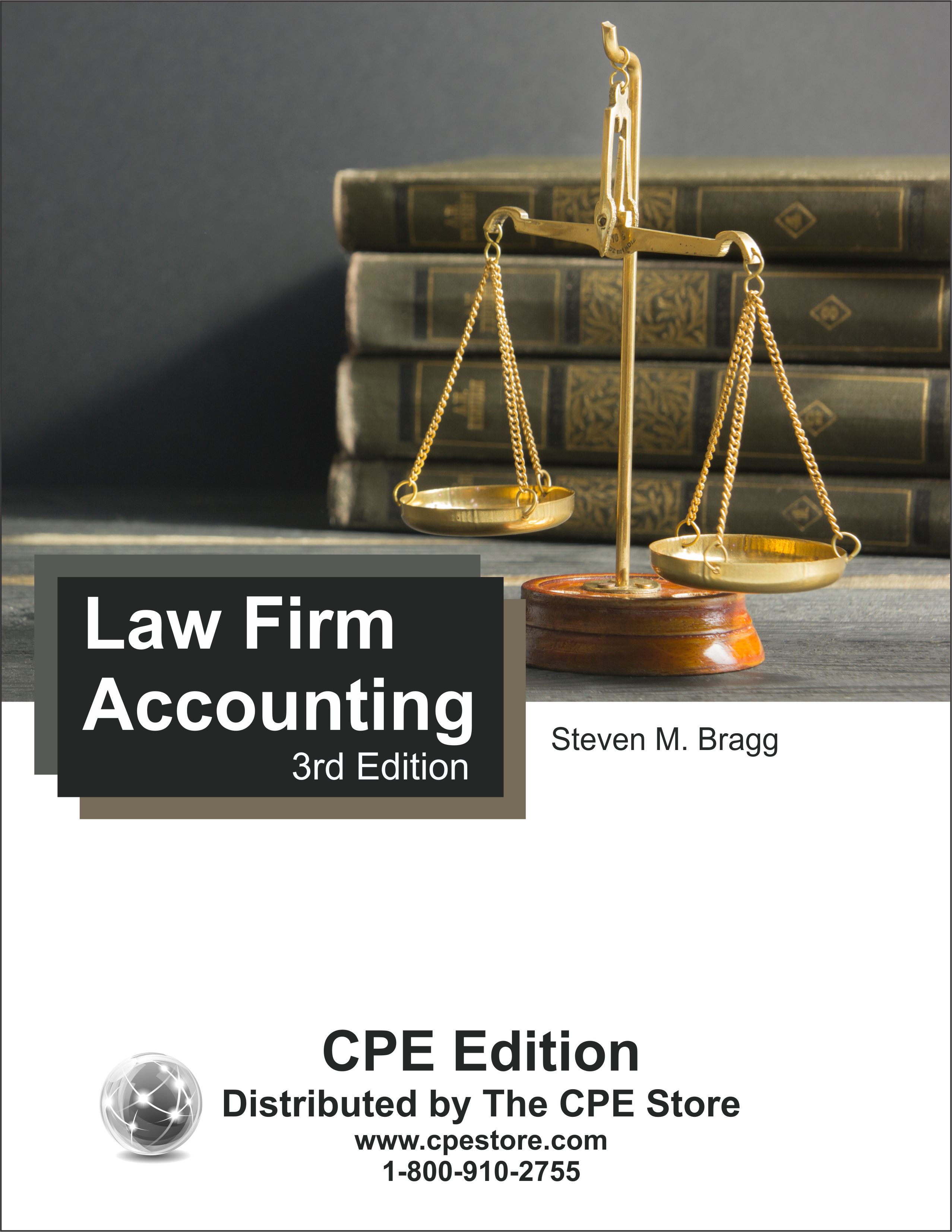
Course number: AA441503
A law firm has a number of unique accounting requirements. It is strongly focused on the proper identification of chargeable hours, correctly structured billings, distributable income calculations, partner accounts, practice group reporting, realization rates, and much more. Law Firm Accounting provides the accountant with the information needed to set up a charge code system, account for ongoing business transactions, prepare financial statements, and issue a broad array of reports that are specifically targeted at the needs of a law firm. In short, it addresses every aspect of the accounting for a law firm. Course level: Basic. Prerequisites: None. Course includes integrated text and study guide, final exam and grading service.NASBA field of study: Accounting Course credit: 3 hours
Printed Version$29
PDF$29
Colleague Test(s)$15
Contents
Lean Accounting
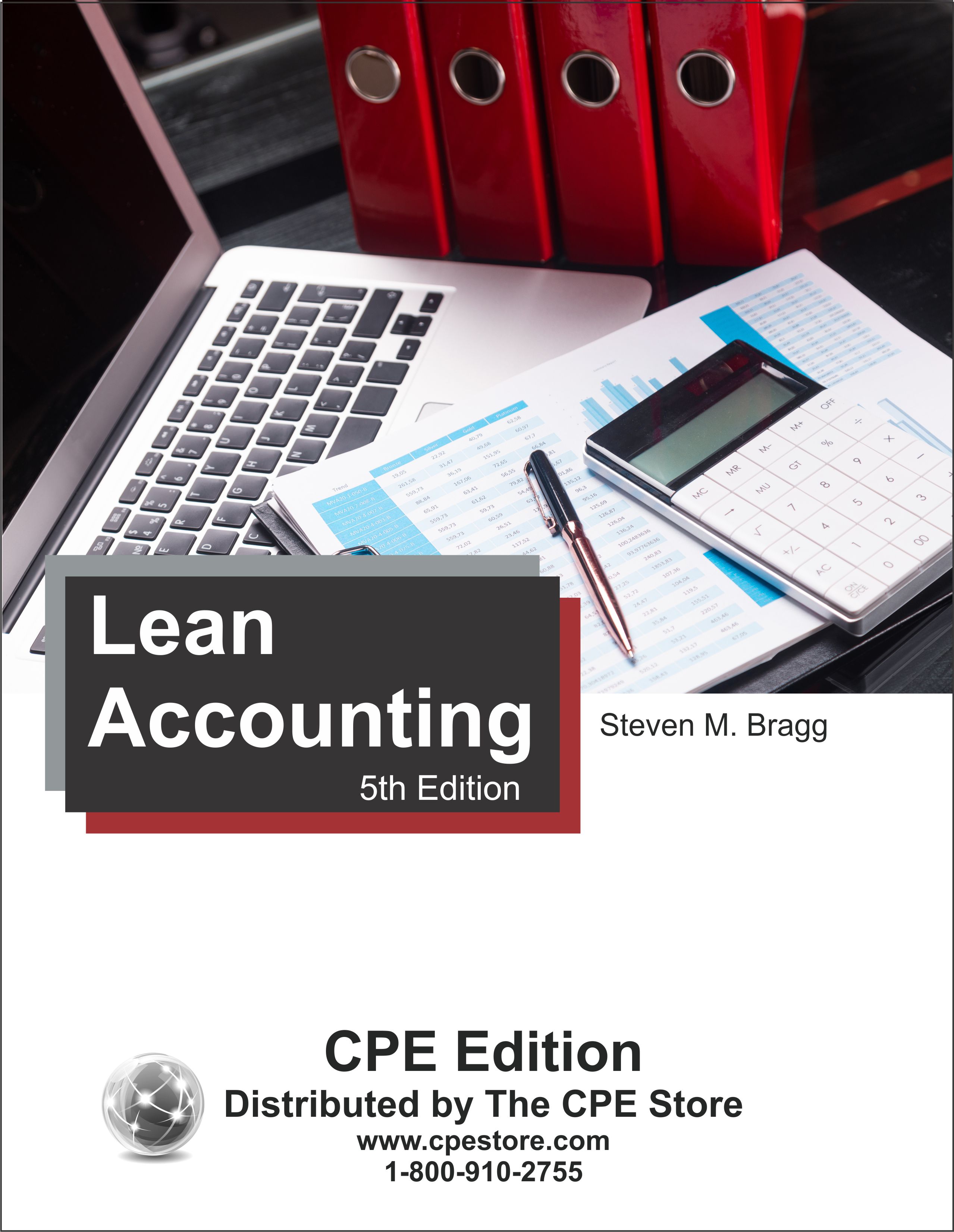
Course number: AA484605
There are massive differences between the efficiency and effectiveness of average accounting departments and those that operate at a world-class level. The key difference is having a lean focus on how the operation is constructed and operated. This course reveals how to streamline the accounting department with over 150 improvement tips for billing, collections, cost accounting, fixed assets, payables, payroll, inventory, budgeting, general ledger, financial statement production, and more. Course level: Basic. Prerequisites: None. Course includes integrated text and study guide, final exam and grading service.NASBA field of study: Accounting Course credit: 15 hours
PDF$109
Colleague Test(s)$45
Contents
Nonprofit Accounting
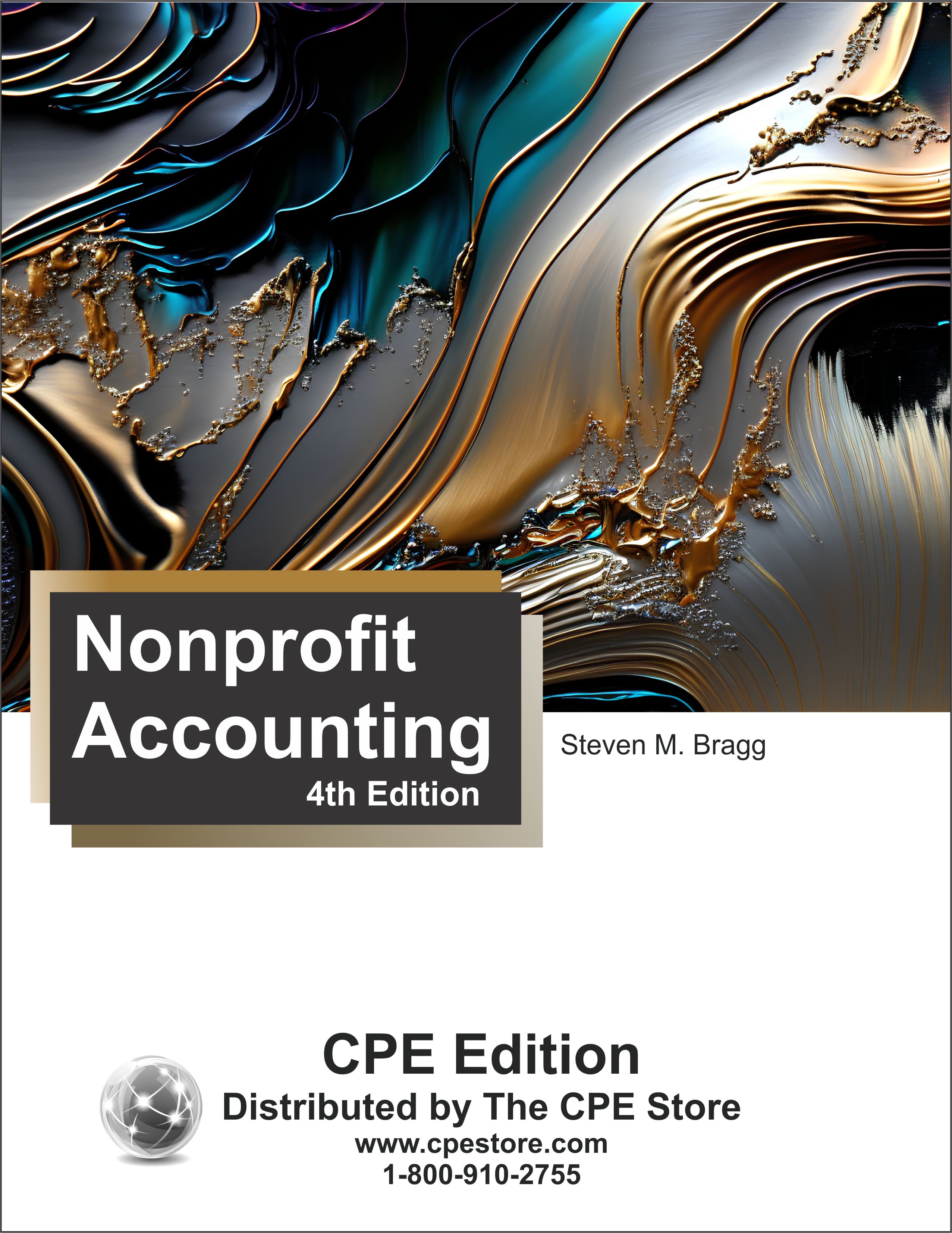
Course number: AA475104
This course provides guidance in how to create and operate a nonprofit accounting system, close the books, and produce financial statements – all while operating in accordance with the unique nonprofit accounting standards. Coverage of accounting standards includes revenue recognition, joint costs, split-interest agreements, and mergers and acquisitions. The course also describes detailed systems of control, budgeting, and ratio analysis to maintain a proper level of control over funds. Course level: Basic. Prerequisites: None. Course includes integrated text and study guide, final exam and grading service.NASBA field of study: Accounting Course credit: 16 hours
Printed Version$119
PDF$119
Colleague Test(s)$50
Contents
Oil and Gas Accounting
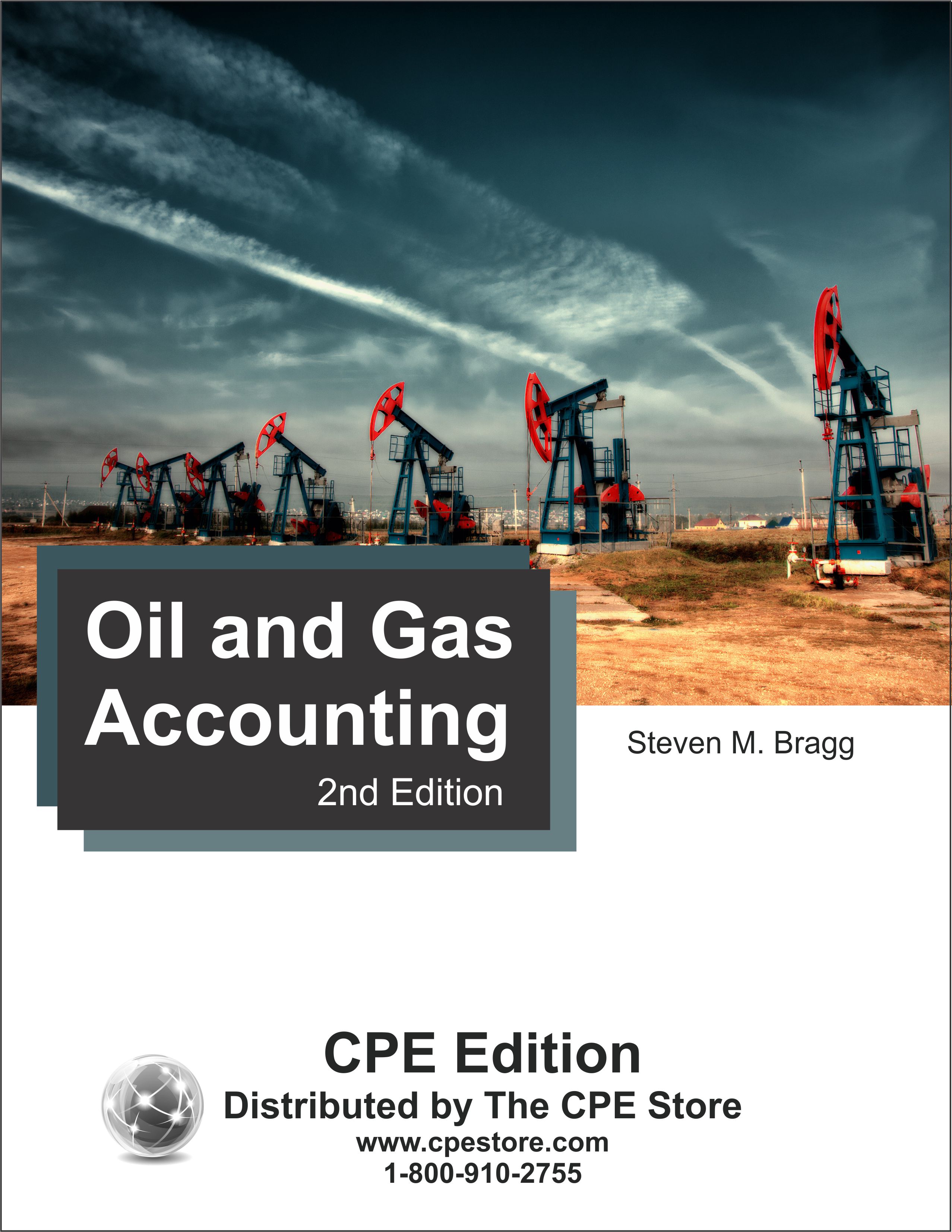
Course number: AA486502
Oil and gas operations have some of the most unique accounting issues found in any industry. Oil and Gas Accounting delves into acquisition, exploration, development, and production activities, covering many industry-specific accounting issues. Topics covered include the successful efforts method, full cost method, reserve reporting, the unit of production method, severance taxes, take-or-pay arrangements, transfers of mineral interests, and joint interest accounting, as well as industry-specific controls that should be installed. In short, this is the essential oil and gas desk reference for the accountant. Course level: Basic. Prerequisites: None. Course includes integrated text and study guide, final exam and grading service.NASBA field of study: Accounting Course credit: 9 hours
PDF$69
Colleague Test(s)$30
Contents
Optimal Accounting for Cash
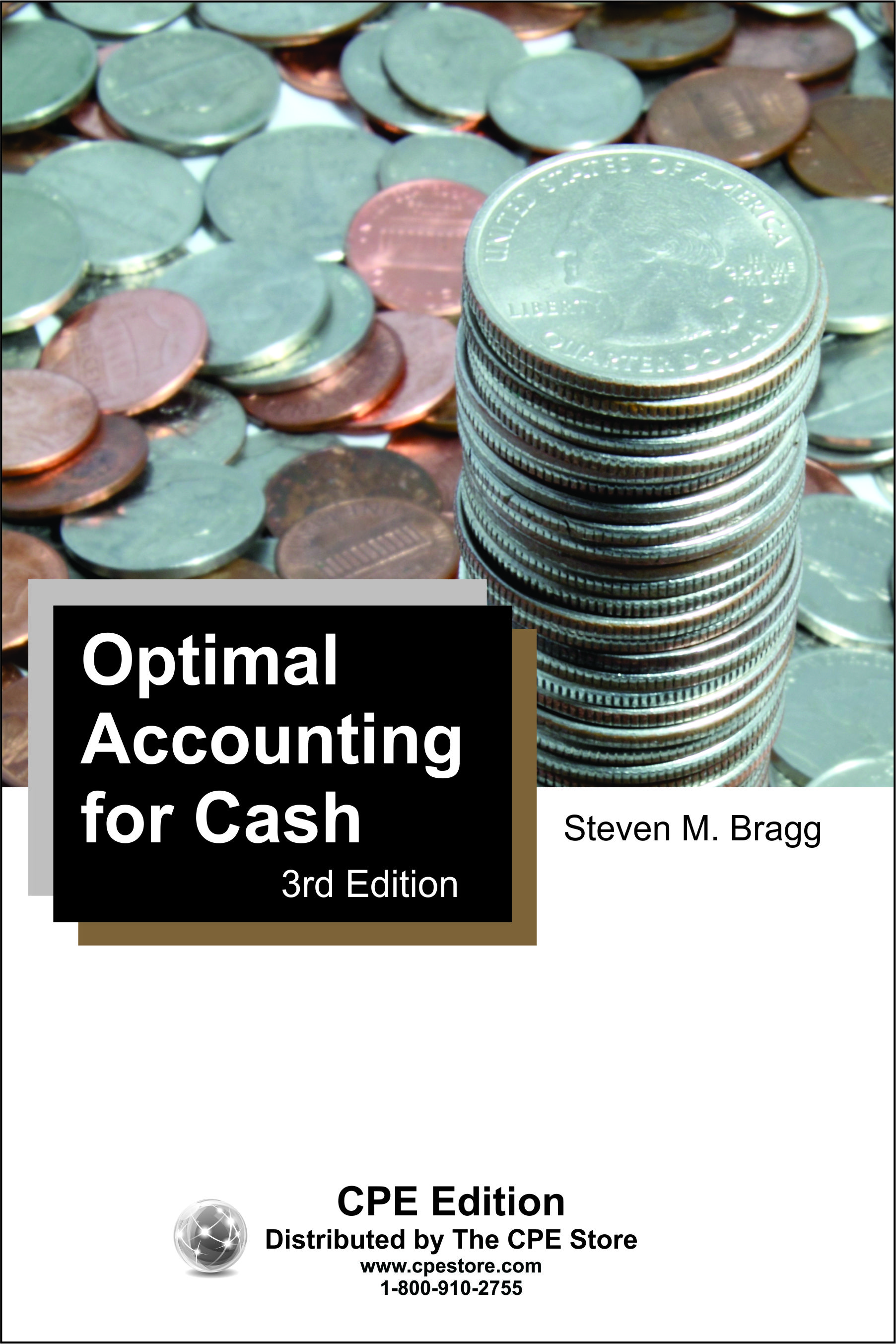
Course number: AA401103
The processing of checks and cash is one of the most inefficient processes in a business, since it is blanketed by the controls needed to minimize theft. Optimal Accounting for Cash shows how to sidestep these inefficient processes by taking a different approach to the handling of checks and cash. The course also covers the most essential controls needed to minimize the theft of cash, and notes how these changes impact the annual audit, closing the books, and instances of fraud. Course level: Basic. Prerequisites: None. Course includes integrated text and study guide, final exam and grading service.NASBA field of study: Accounting Course credit: 1 hour
Printed Version$19
PDF$19
Colleague Test(s)$12
Contents
Optimal Accounting for Payables
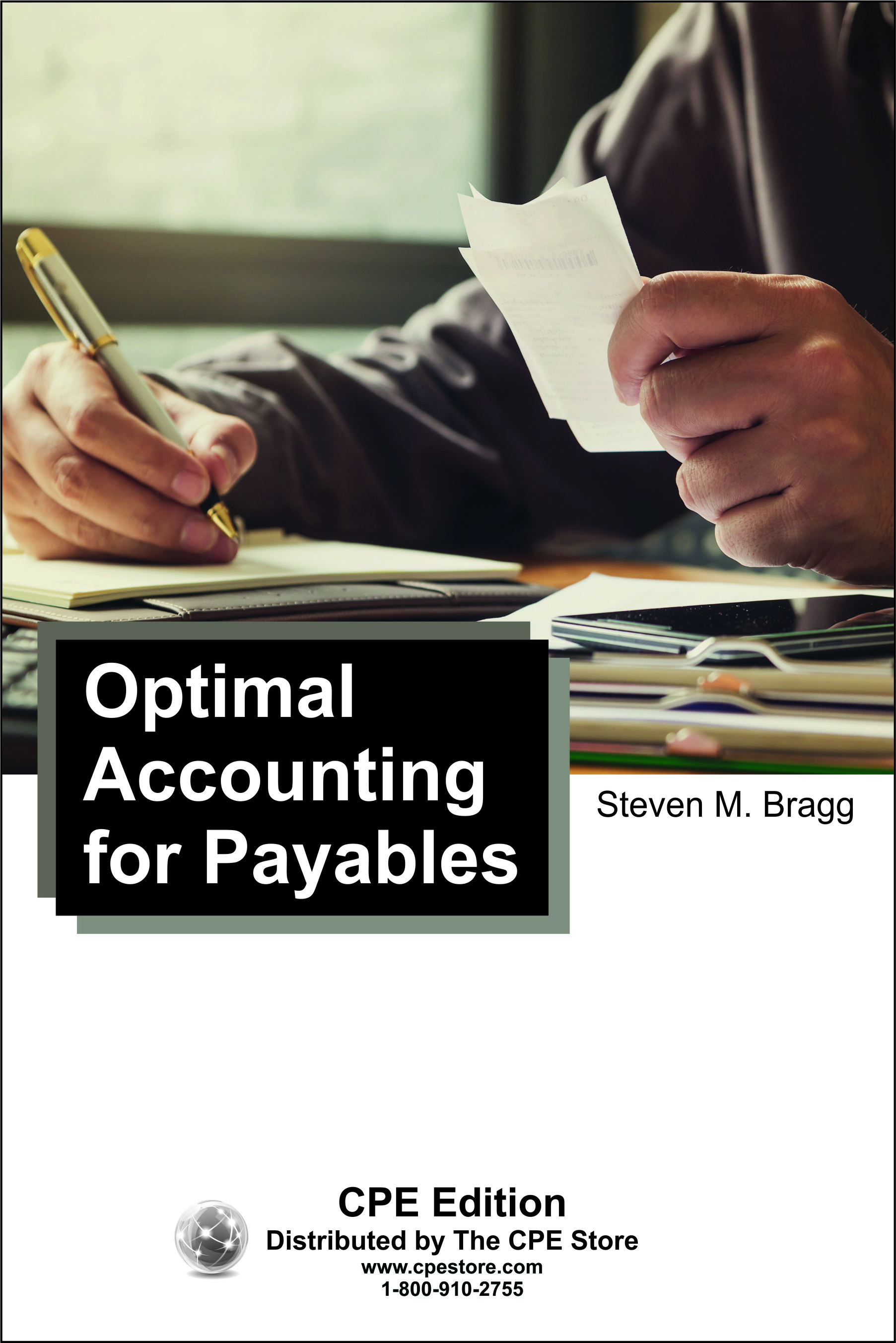
Course number: AA402201
The recordation and payment of accounts payable is a deeply inefficient process. Optimal Accounting for Payables shows how to enhance the basic process, as well as how to sidestep portions of it entirely. The result is a much more efficient and effective payables function. The course also notes the impact of these changes on closing the books, fraud, and the annual audit. Course level: Basic. Prerequisites: None. Course includes integrated text and study guide, final exam and grading service.NASBA field of study: Accounting Course credit: 1 hour
Printed Version$19
PDF$19
Colleague Test(s)$12
Contents
Partnership Accounting
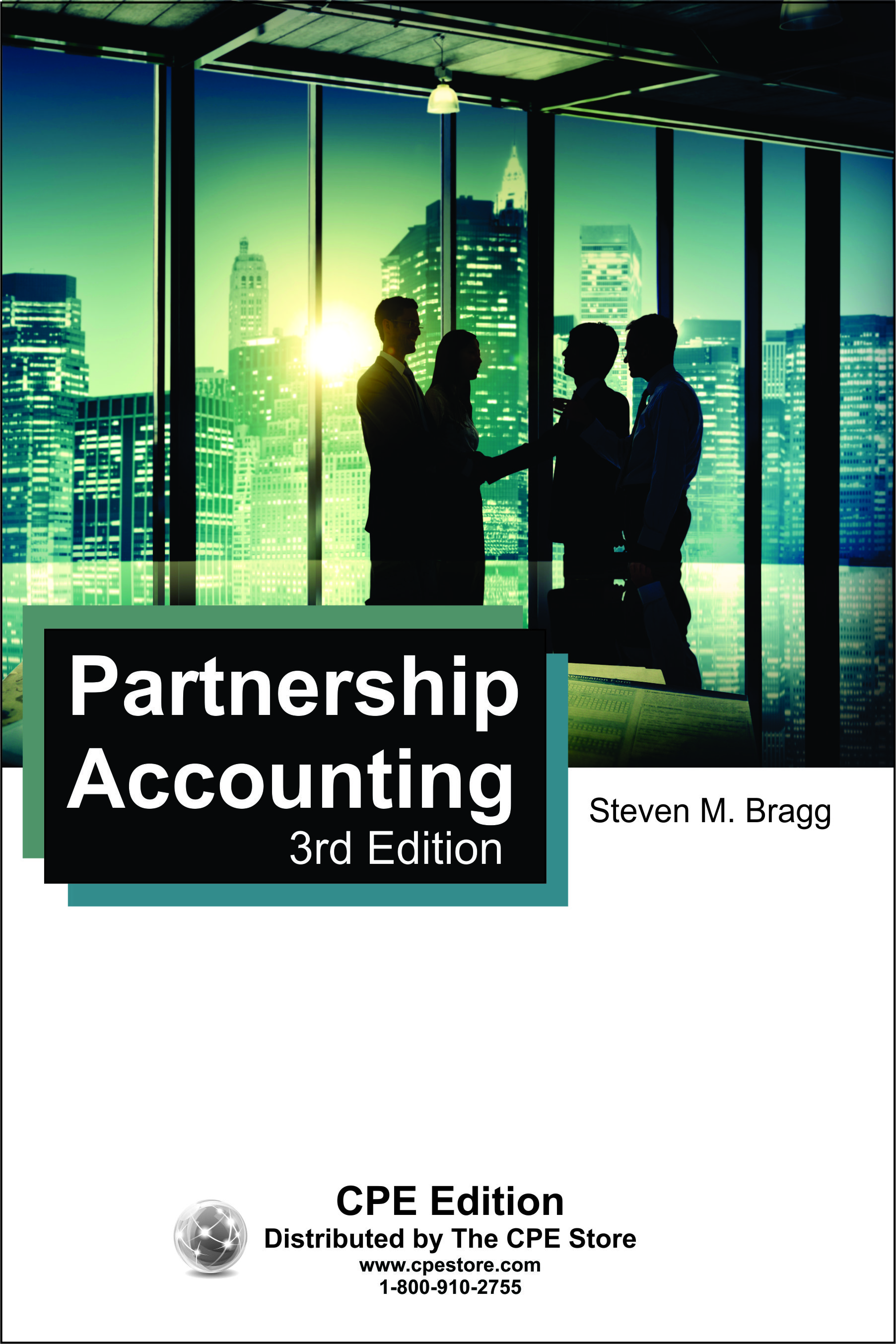
Course number: AA468403
The Partnership Accounting course focuses on the accounting for all types of transactions that are unique to a partnership. The discussion includes the contribution of funds to a partnership, capital accounts, the allocation of profits and losses to partners, the admission of a new partner into a partnership, and the liquidation of a partnership. Course level: Basic. Prerequisites: None. Course includes integrated text and study guide, final exam, and grading service.NASBA field of study: Accounting Course credit: 1 hour
Printed Version$19
PDF$19
Colleague Test(s)$12
Contents
Payables Management
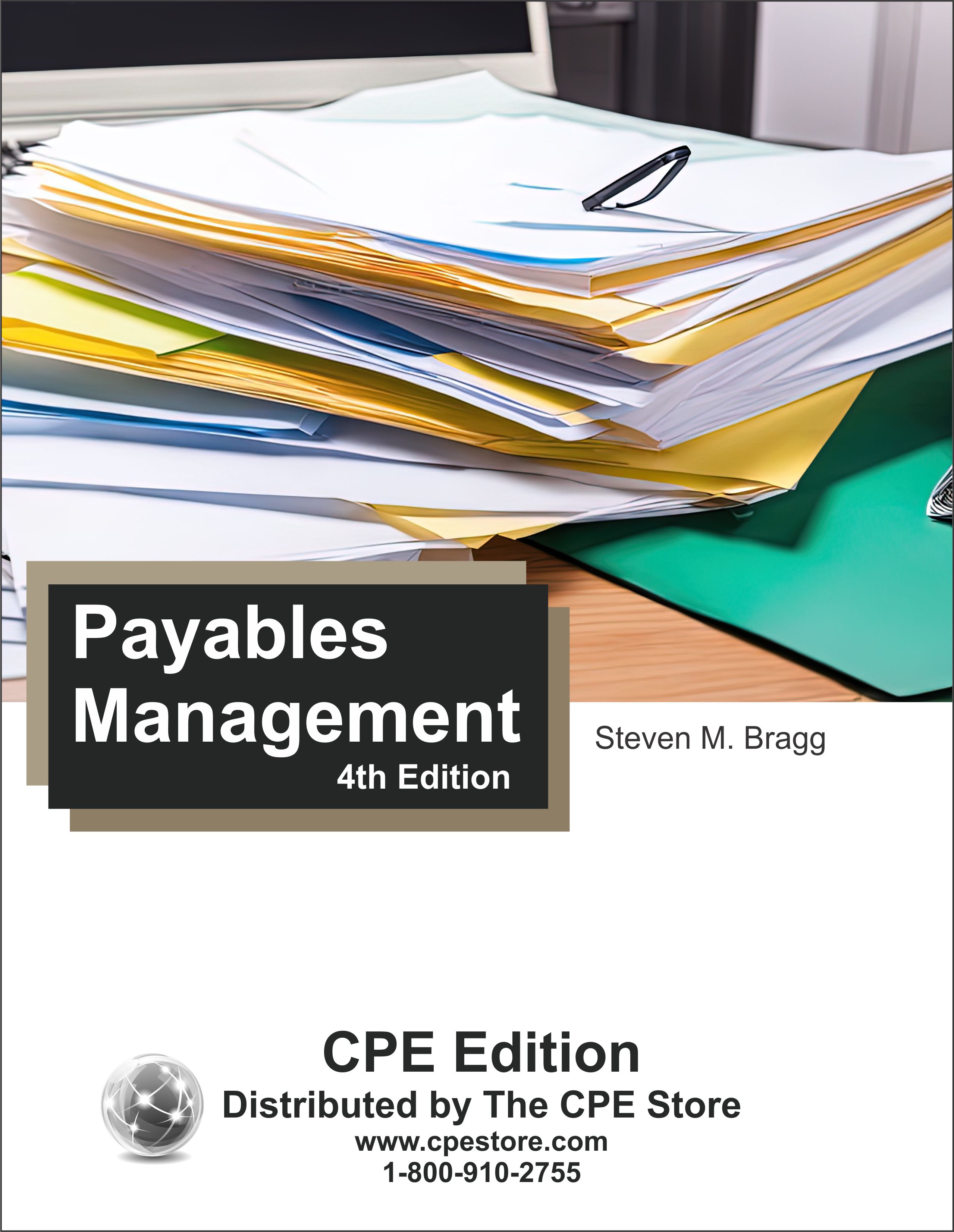
Course number: AA449804
Proper management of the accounts payable function calls for a comprehensive knowledge of transaction flows, controls, and the latest technology. The Payables Management course delves into these topics in detail, addressing the accounting for each type of payables transaction, control systems, use taxes, payables fraud, record keeping, unclaimed property reporting, measurement systems, and more. Course level: Basic. Prerequisites: None. Course includes integrated text and study guide, final exam and grading service.NASBA field of study: Accounting Course credit: 10 hours
Printed Version$79
PDF$79
Colleague Test(s)$30
Contents
Project Accounting
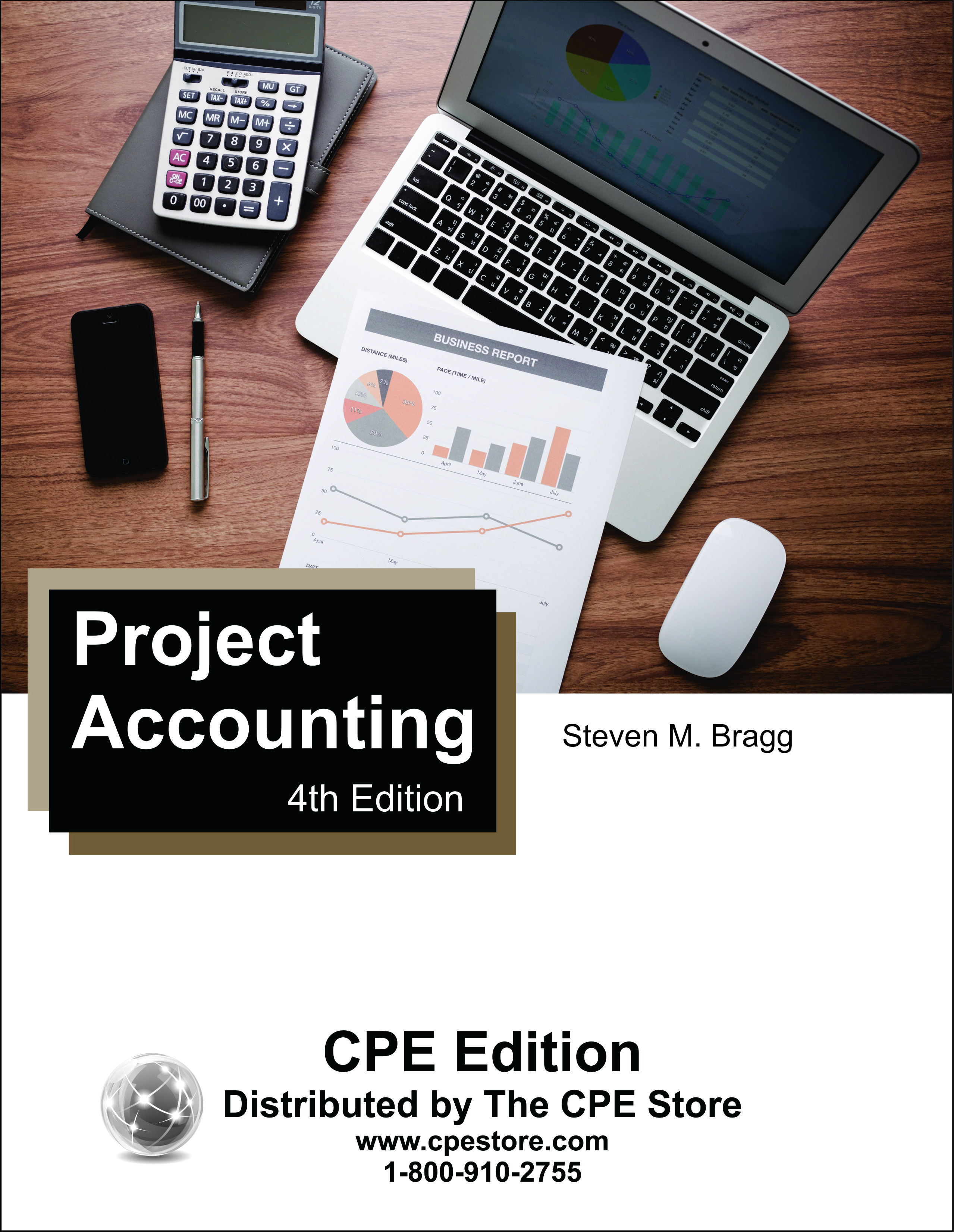
Course number: AA451304
Accounting for a major project presents the accountant with a multitude of difficult accounting issues. The Project Accounting course shows how to deal with these concerns by describing the ideal cost collection system and how to record expenses and revenues within it. The course also addresses the management of change orders, allowances, and contingencies, while noting the impact of GAAP requirements on specific project issues, including interest capitalization and the treatment of research and development costs. The controls and measurements used for projects are also discussed. The broad range of topics covered make this course an essential tool for the project accountant. Course level: Basic. Prerequisites: None. Course includes integrated text and study guide, final exam, and grading service.NASBA field of study: Accounting Course credit: 3 hours
Printed Version$29
PDF$29
Colleague Test(s)$15
Contents
Real Estate Accounting
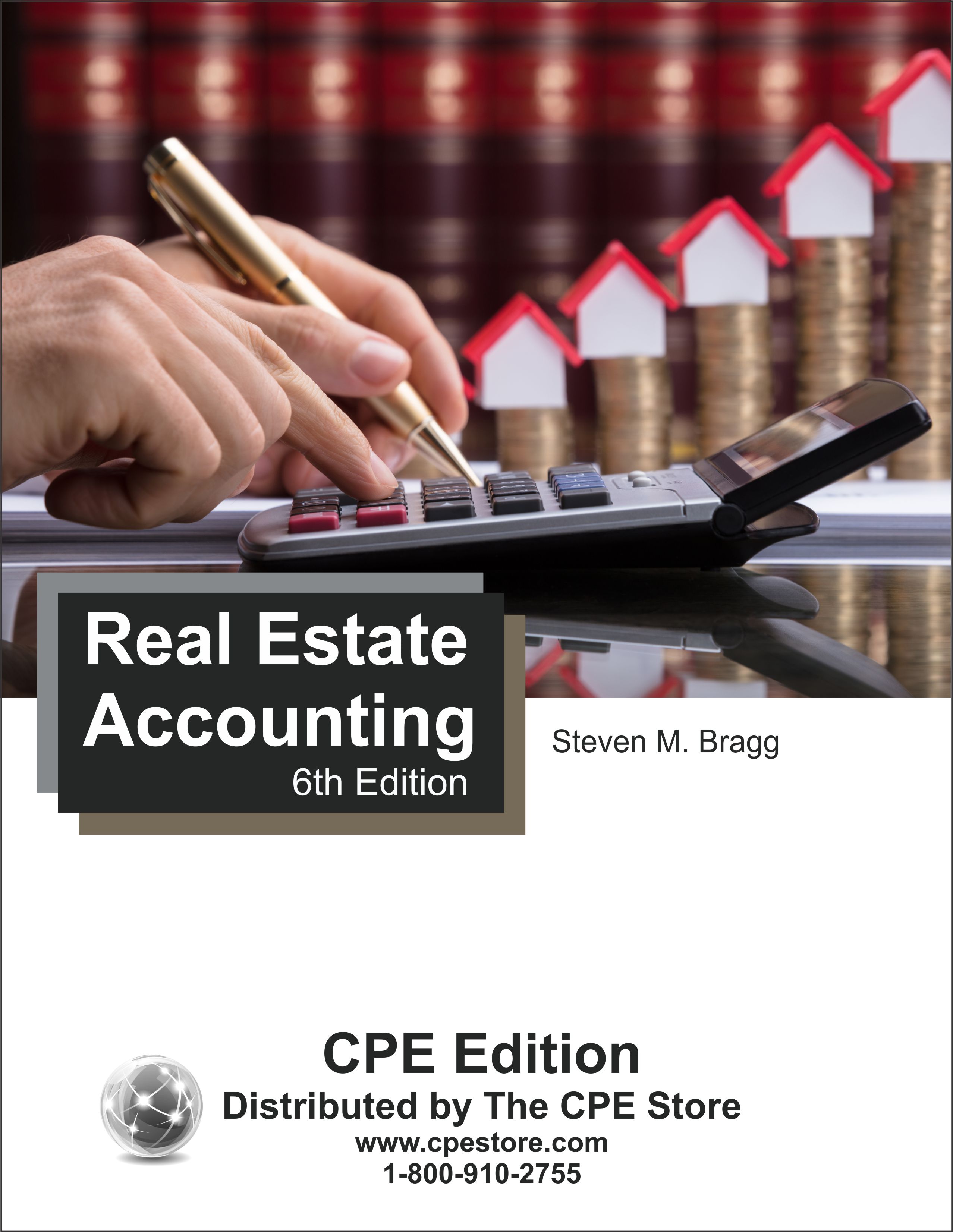
Course number: AA456406
This course describes the accounting to be used for all types of real estate transactions, such as retail land sales, real estate sales, property exchanges, and the sale of time-share intervals. It also reveals the related financial statement presentations and accompanying disclosures. In addition, the course describes the accounting related to the rental of property, and investments in real estate ventures. Course level: Basic. Prerequisites: None. Course includes integrated text and study guide, final exam and grading service.NASBA field of study: Accounting Course credit: 10 hours
Printed Version$79
PDF$79
Colleague Test(s)$30
Contents
Revenue Recognition
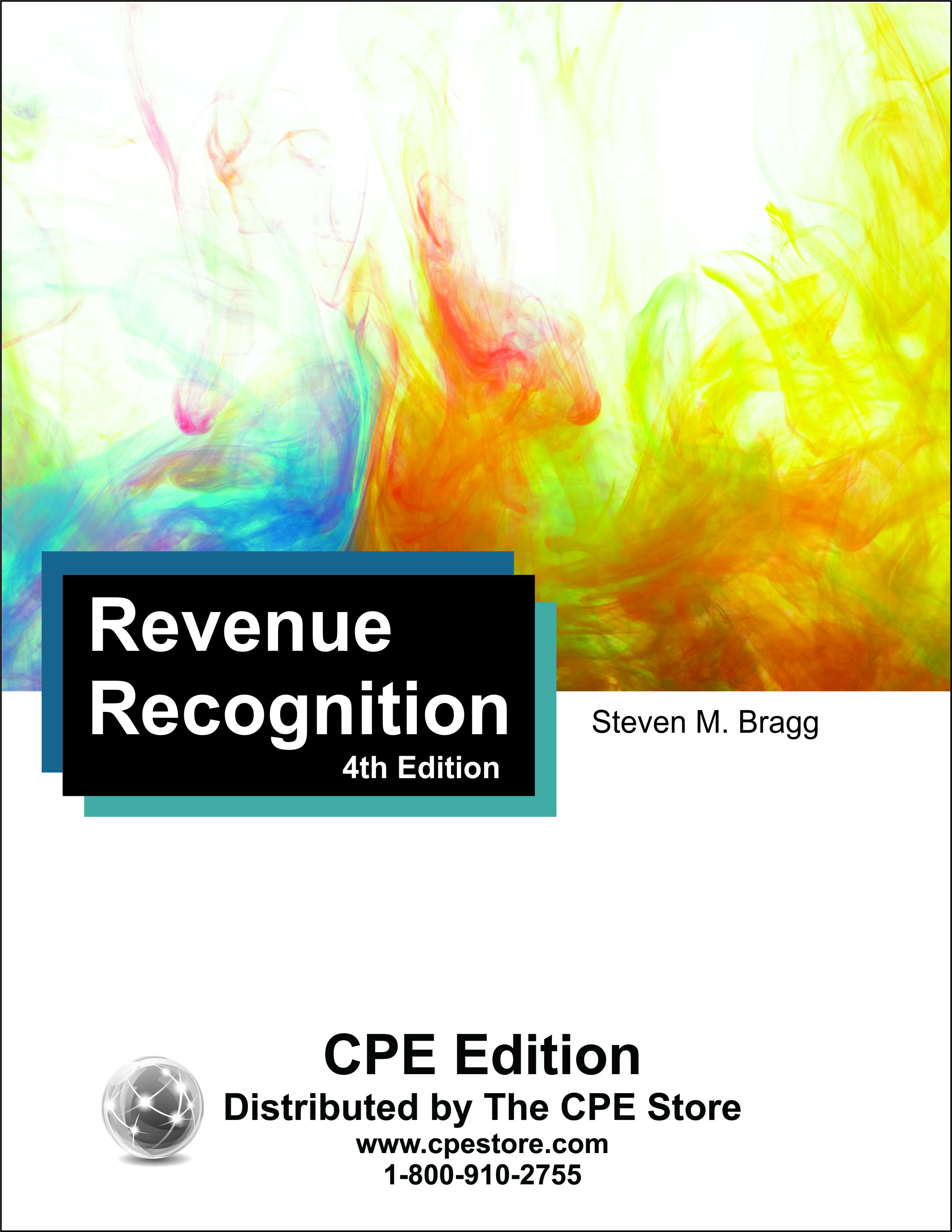
Course number: AA476604
The recognition of revenue is among the most misunderstood areas of accounting, leading to ongoing arguments between management and auditors about how to account for various sales transactions. Revenue Recognition brings clarity to the topic by focusing on Topic 606, Revenue from Contracts with Customers, which describes the five-step process for recognizing many types of revenue. The discussion includes the establishment of a contract, the determination of performance obligations, and how to set and allocate prices. The course covers many ancillary topics as well, including the treatment of variable consideration, noncash consideration, price discounts, subsequent price changes, consignments, licensing, repurchase agreements, disclosures, and more. In short, when there is an issue about revenue recognition, consult this course. Course level: Basic. Prerequisites: None. Course includes integrated text and study guide, final exam and grading service.NASBA field of study: Accounting Course credit: 4 hours
Printed Version$39
PDF$39
Colleague Test(s)$15
Contents
Revenue Standard ASC 606
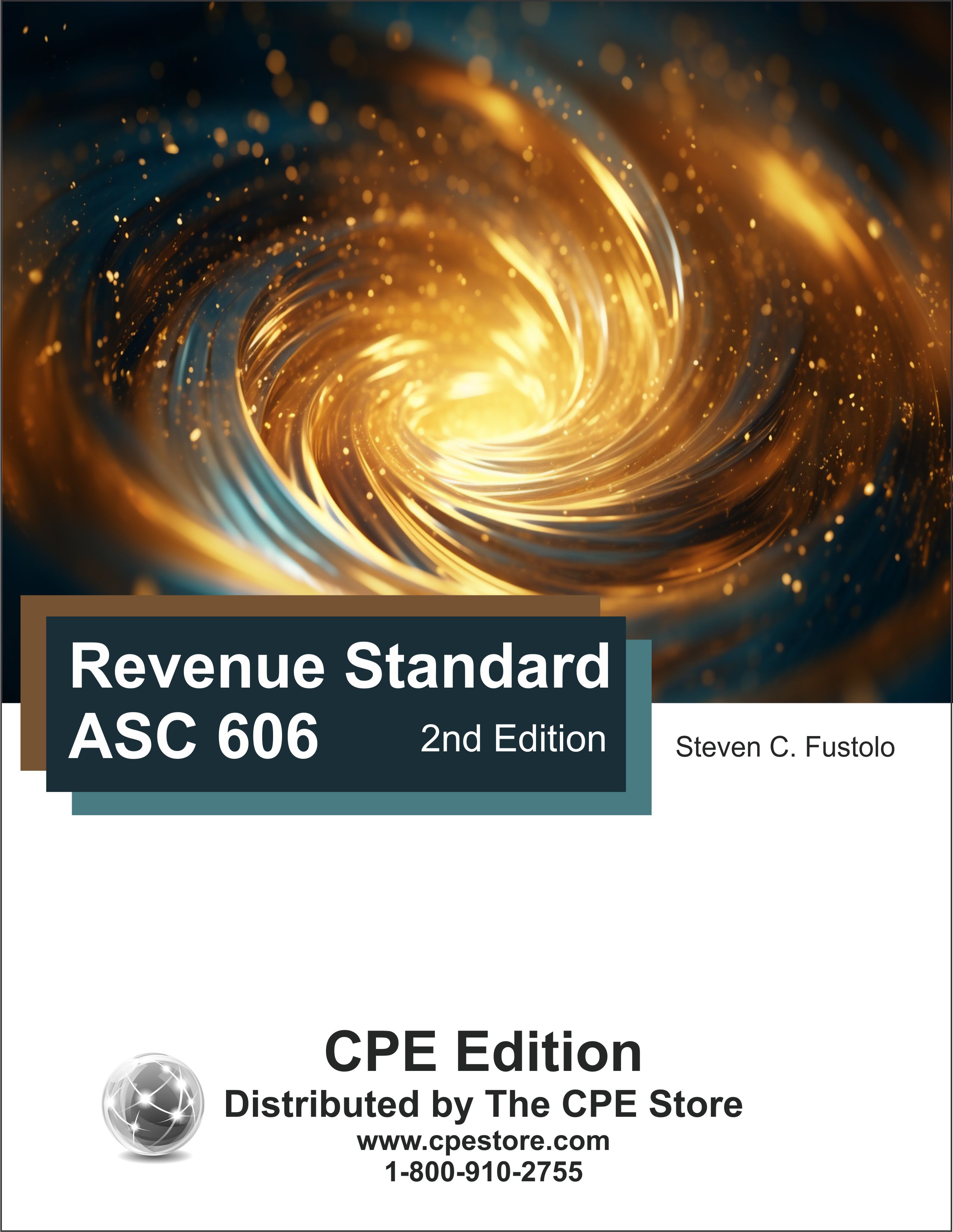
Course number: AA764502
The objective of this course is to address the new revenue standard in ASC 606, Revenue from Contracts with Customers, and its related updates, and provide guidance to nonpublic (private) entities who implemented the standard in 2020 and are continuing to experience post-implementation issues. Topics include and overview of the new standard and its core principle, an analysis of each of the five steps required in the revenue model, selected issues encompassing principal versus agent considerations, dealing with warranties, bill-and-hold arrangements, and consignment transaction. The course also addresses how to account for contract costs, financial statement presentation of revenue-related accounts, disclosures, and transition methods and guidance. Course level: Basic. Prerequisites: None. Course includes integrated text and study guide, final exam, and grading service.NASBA field of study: Accounting Course credit: 8 hours
Printed Version$69
PDF$69
Colleague Test(s)$25
Contents
Sales and Use Tax Accounting
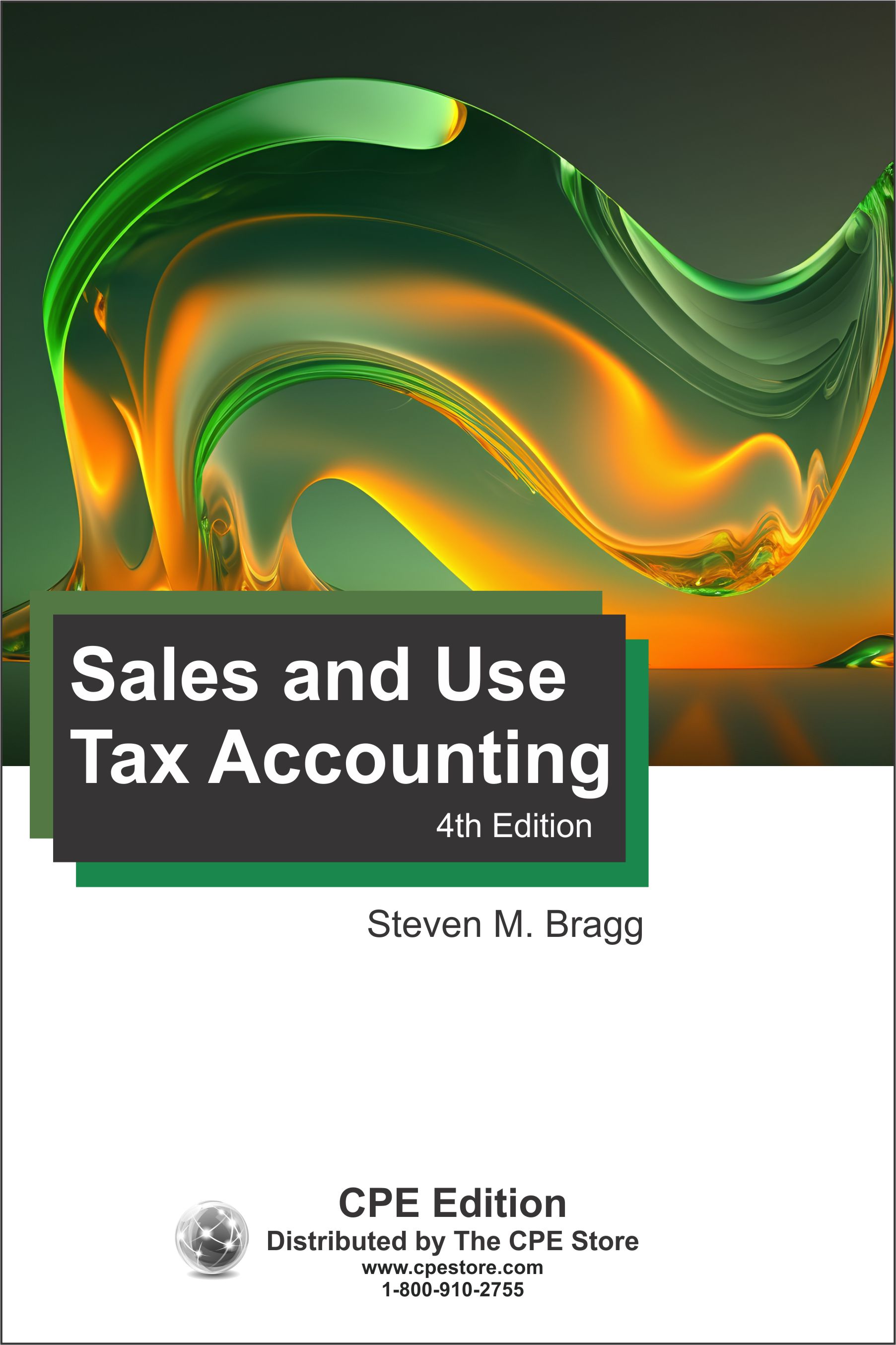
Course number: AA475404
The Sales and Use Tax Accounting course discusses when sales and use taxes should be applied to a transaction. The course addresses the calculation of these taxes, when exemptions may apply, how to remit tax receipts to the government, and how to present the related tax liability in the financial statements. The course also covers many special situations, such as dealing with over- or under-collections of sales taxes, private letter rulings, sales tax holidays, and how to deal with a sales tax audit. Course level: Basic. Prerequisites: None. Course includes integrated text and study guide, final exam, and grading service.NASBA field of study: Accounting Course credit: 2 hours
Printed Version$19
PDF$19
Colleague Test(s)$12
Contents
Statement of Cash Flows
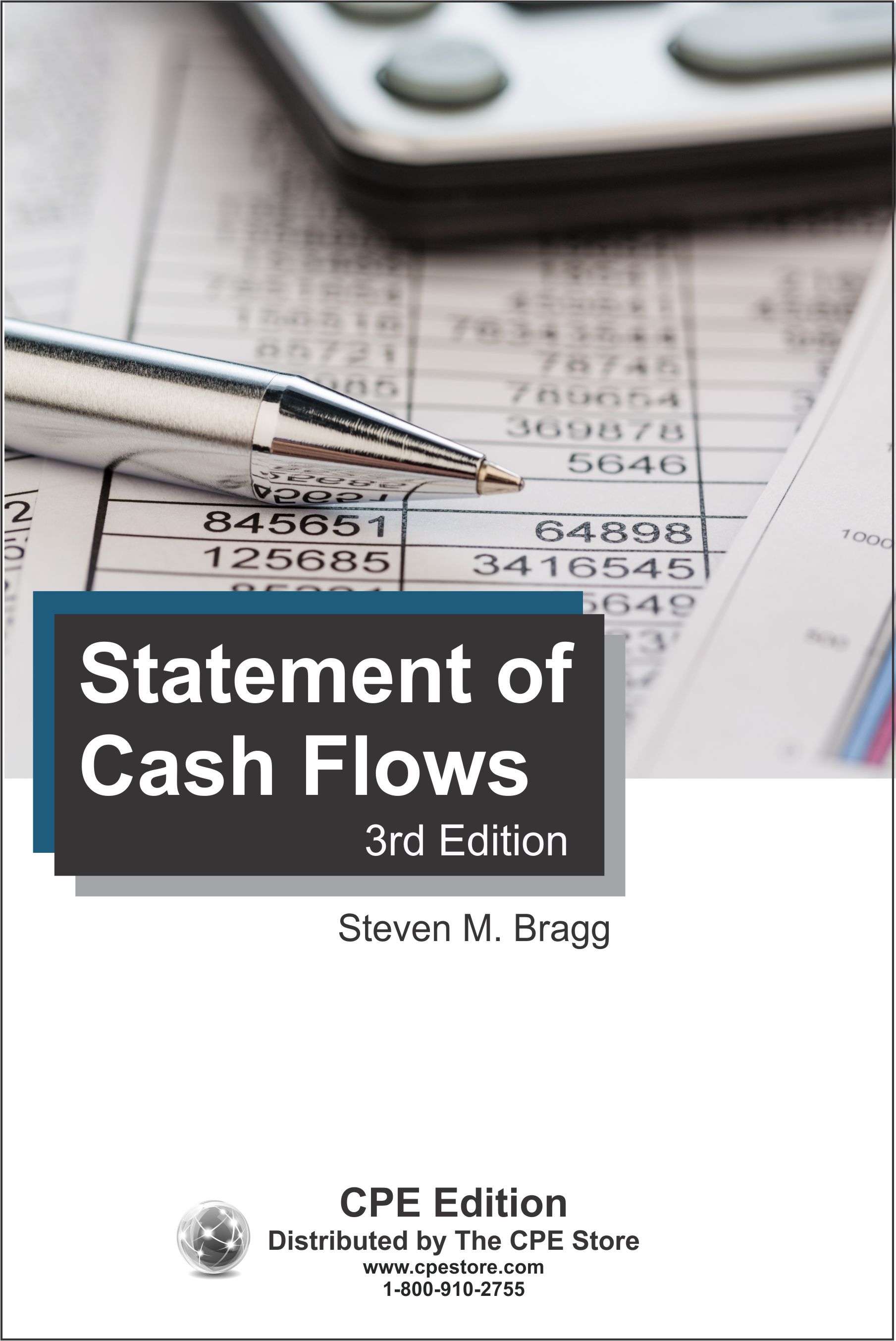
Course number: AA462303
The Statement of Cash Flows course describes the objectives of the statement of cash flows, the different presentation methods that can be used, and how to prepare it. The course also notes the presentation treatment of many special situations, data collection issues, and the disclosure requirements for related information. In addition, the course describes several key cash flow analyses, including how to interpret the statement of cash flows. Course level: Basic. Prerequisites: None. Course includes integrated text and study guide, final exam, and grading service.NASBA field of study: Accounting Course credit: 2 hours
Printed Version$19
PDF$19
Colleague Test(s)$12
Contents
Tax-Basis Financial Statements
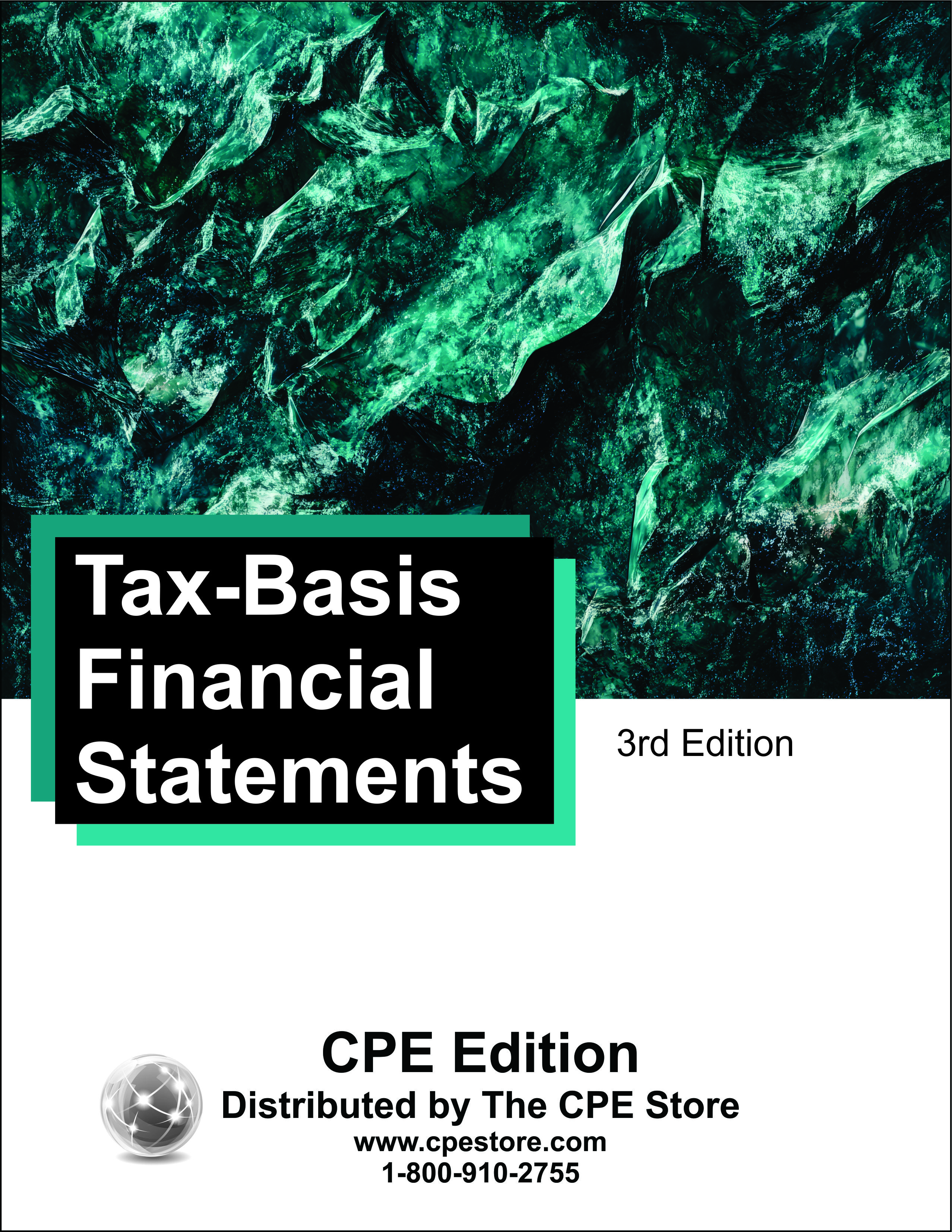
Course number: AA722803
The objective of this course is to discuss the general rules and applications used in the preparation of and reporting on tax-basis financial statements and other bases of accounting found within the special purpose frameworks (also referred to as other comprehensive bases of accounting). Topics include an overview of the types of special purpose frameworks, advantages and disadvantages of using tax-basis financial statements, tax-basis accrual versus cash basis, reviewing the key differences between GAAP and tax-basis revenue and expenses and other differences, tax-basis disclosures, reporting options for tax-basis financial statements, unusual reporting and presentation issues related to tax-basis financial statements, an overview of other types of special purpose frameworks including pure cash basis, modified cash basis, regulatory basis, contractual basis, and the other basis of accounting, and more. Course level: Basic. Prerequisites: None. Course includes integrated text and study guide, final exam, and grading service.NASBA field of study: Accounting Course credit: 10 hours
Printed Version$79
PDF$79
Colleague Test(s)$30
Contents
The Balance Sheet
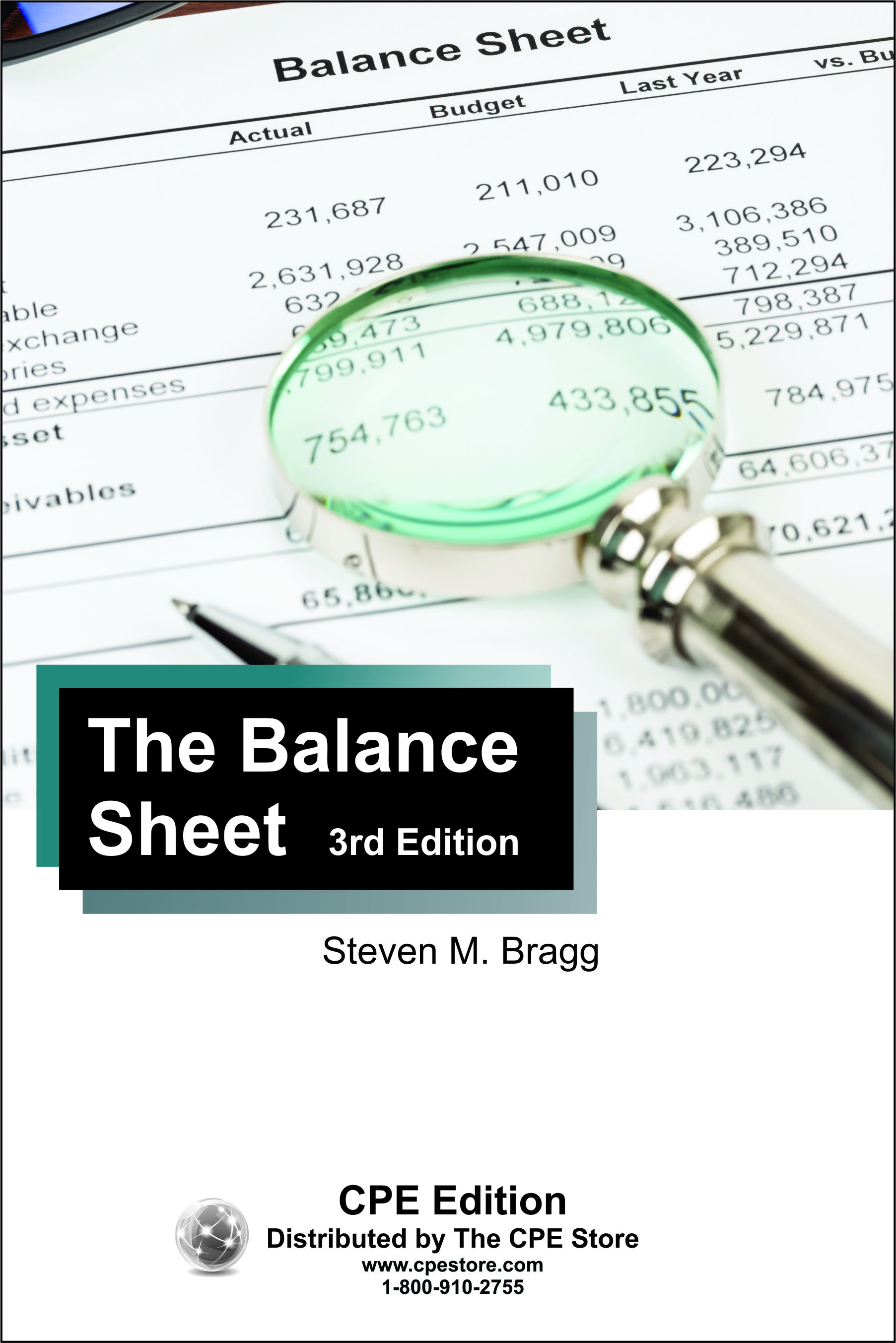
Course number: AA477303
Because the balance sheet reveals the financial position of a business, it should be properly prepared in order to maximize the amount of information conveyed to users. This course assists the accountant by noting the various presentation formats that can be used, as well as the content and description of each line item within the statement. It also discusses sample balance sheets from several publicly held companies, in order to show the range of presentation possibilities. Course level: Basic. Prerequisites: None. Course includes integrated text and study guide, final exam, and grading service.NASBA field of study: Accounting Course credit: 2 hours
Printed Version$19
PDF$19
Colleague Test(s)$12
Contents
The Year-End Close
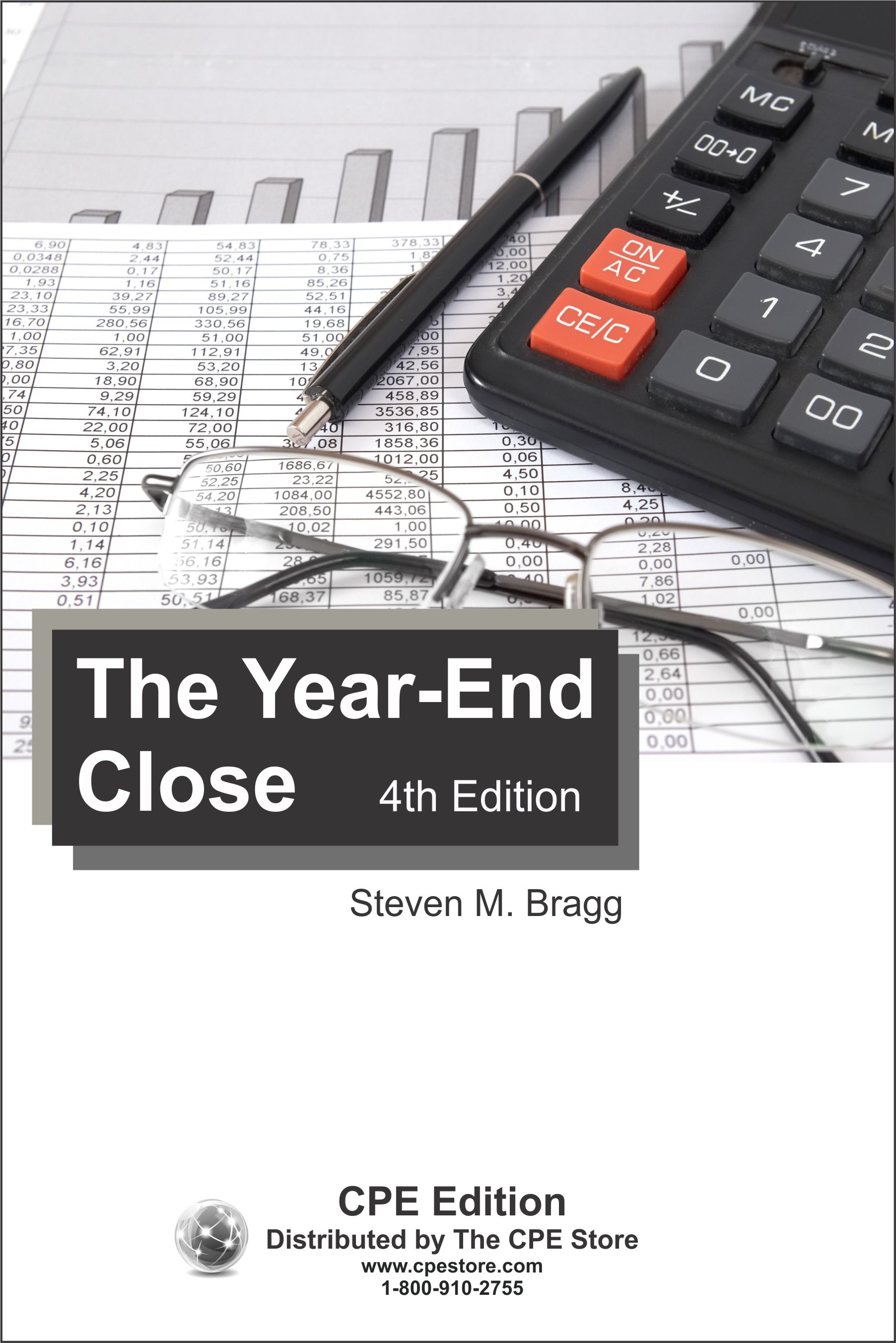
Course number: AA457204
This course notes the actions to be taken to close the books at the end of the fiscal year, as well as other activities required at the end of the calendar year. There is a particular emphasis on several major areas of accounting, including receivables, inventory, fixed assets, payables, and payroll. Additional tasks required for the year-end close of a publicly held company are also described. Course level: Basic. Prerequisites: None. Course includes integrated text and study guide, final exam and grading service.NASBA field of study: Accounting Course credit: 3 hours
Printed Version$29
PDF$29
Colleague Test(s)$15
Contents